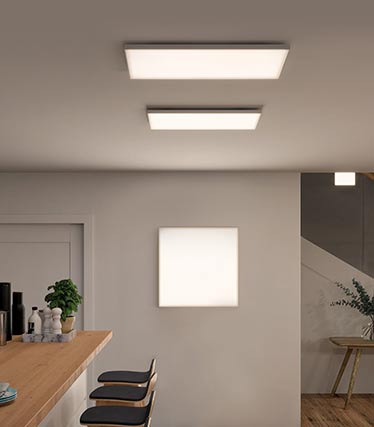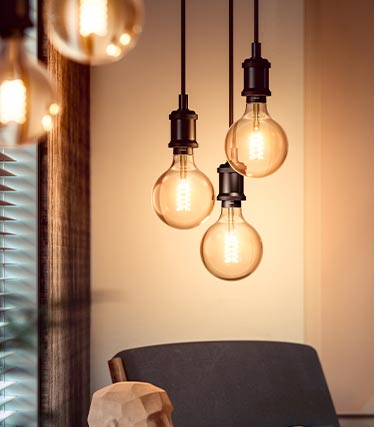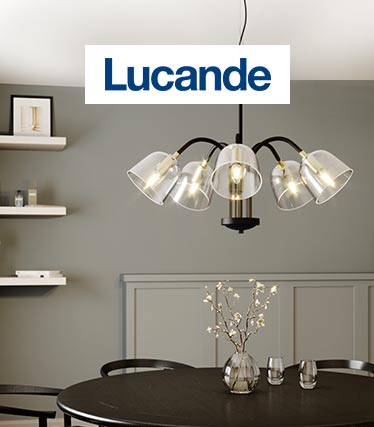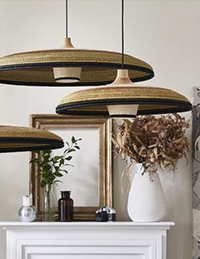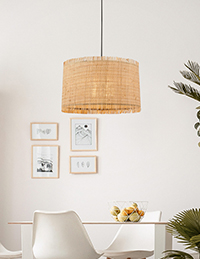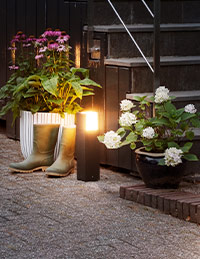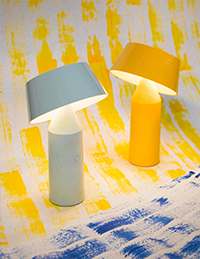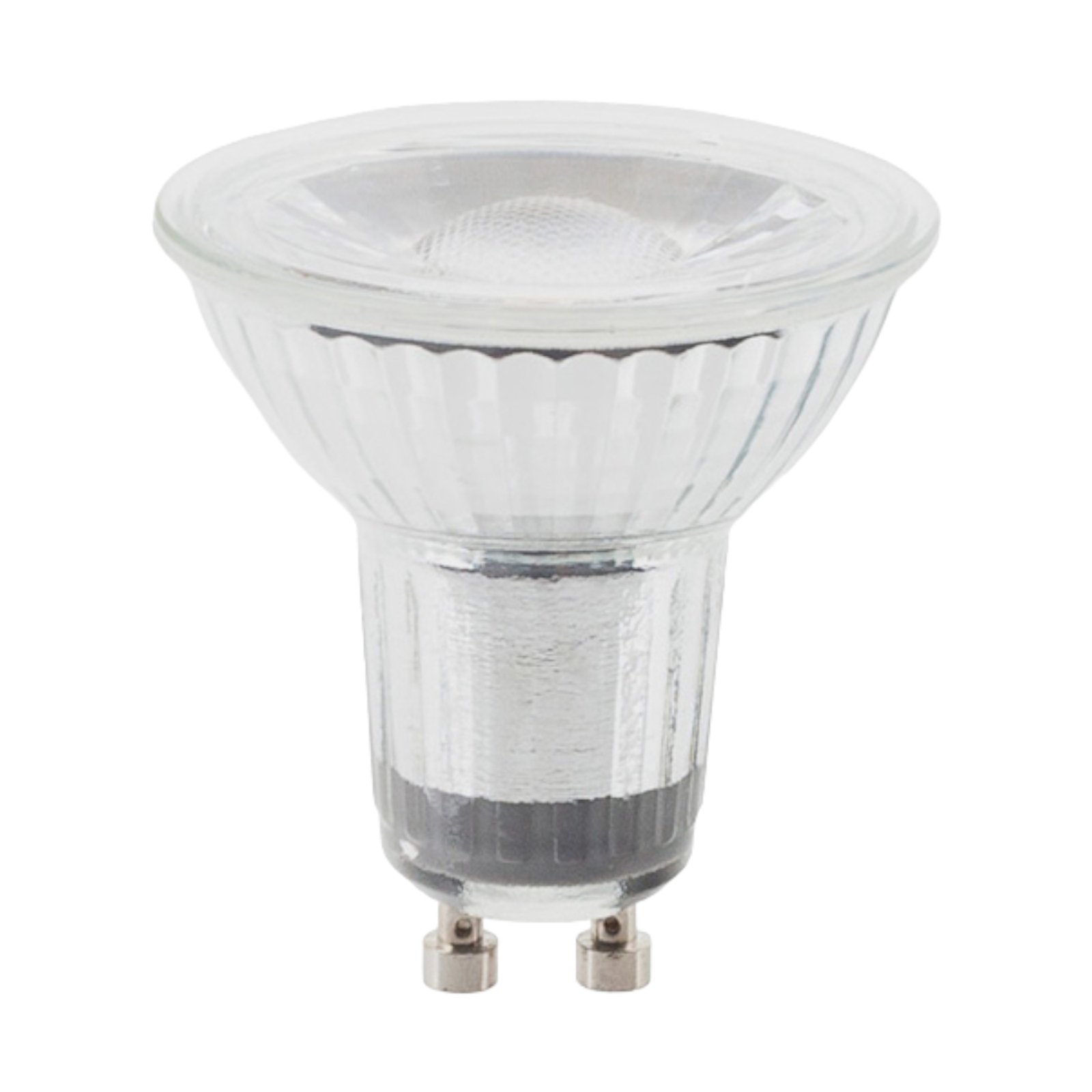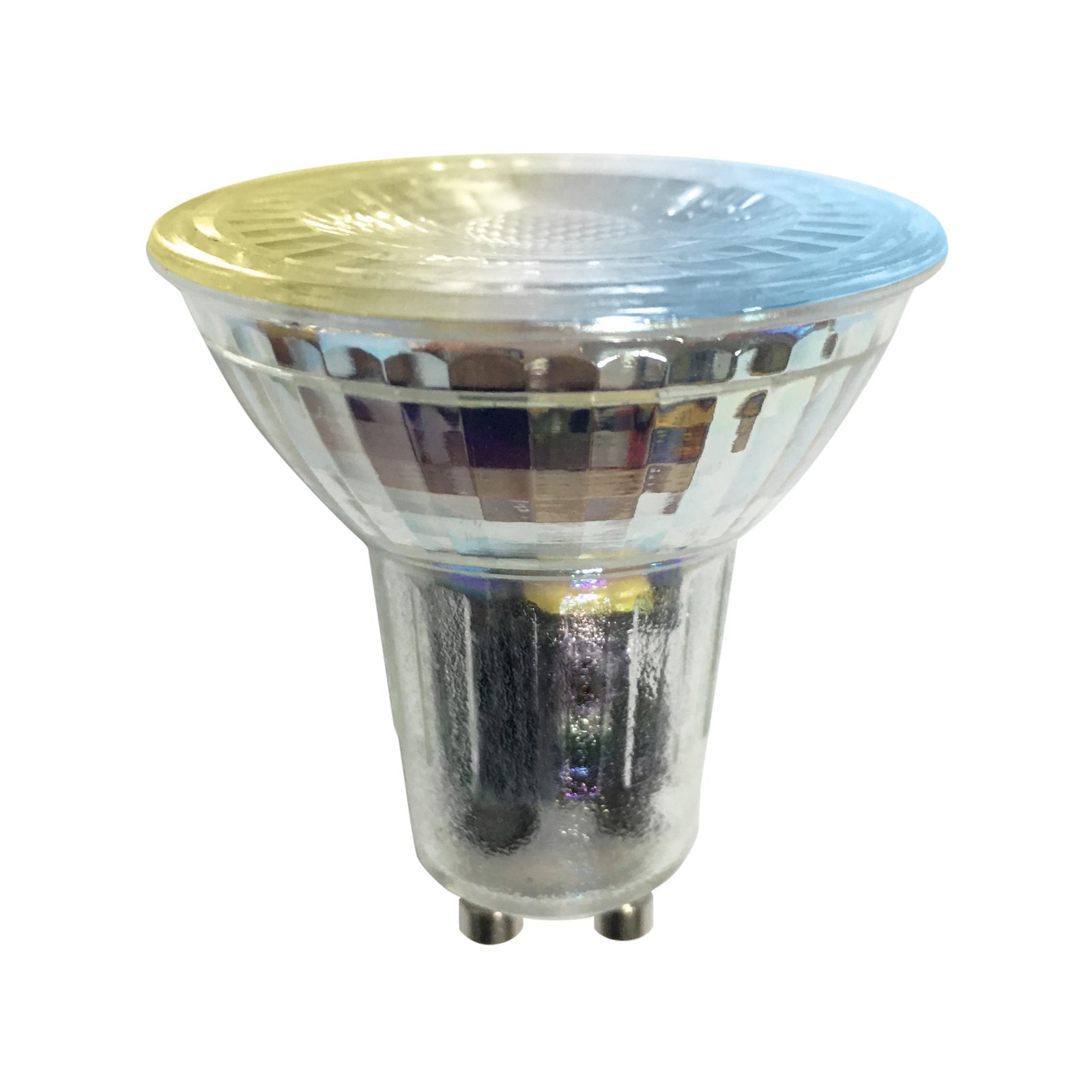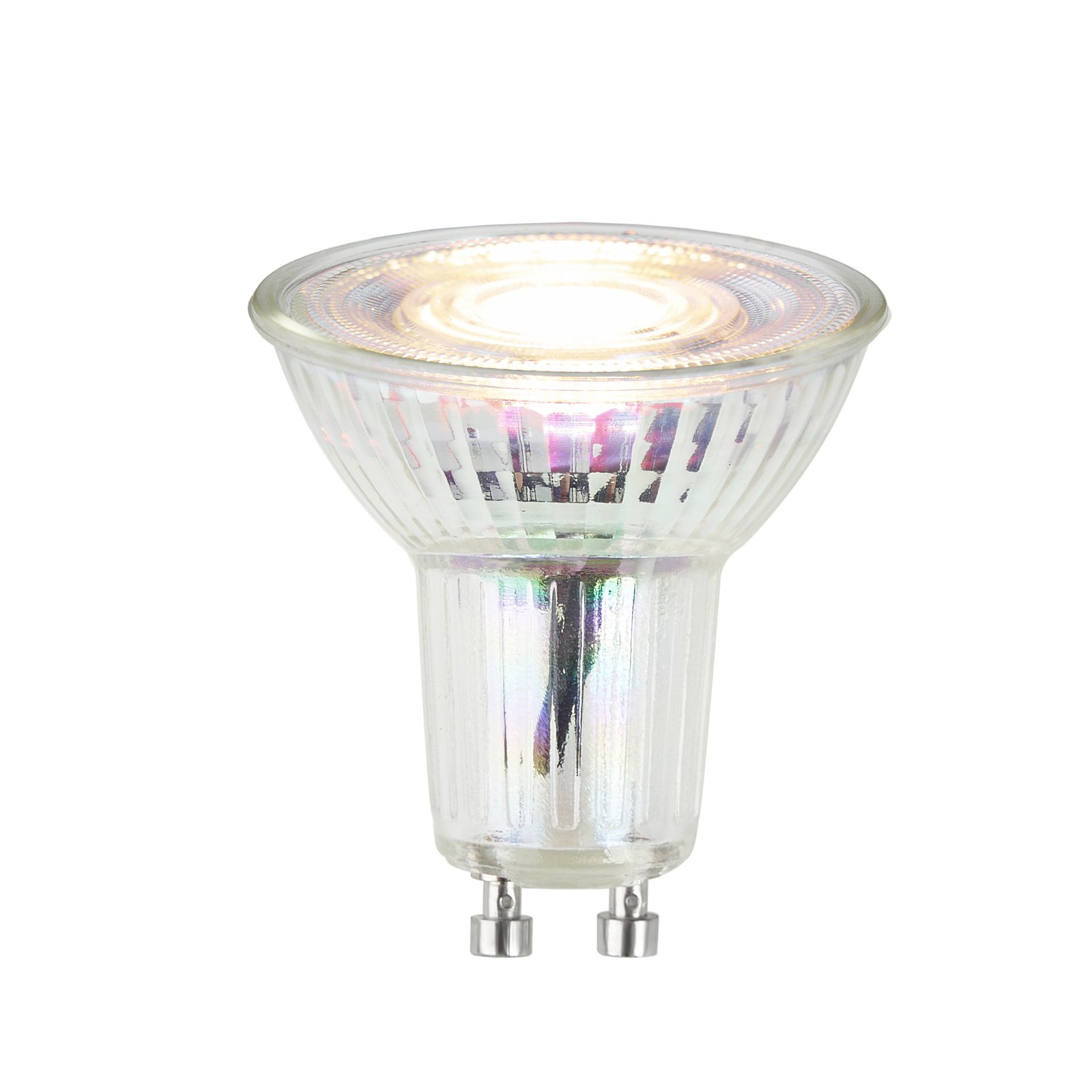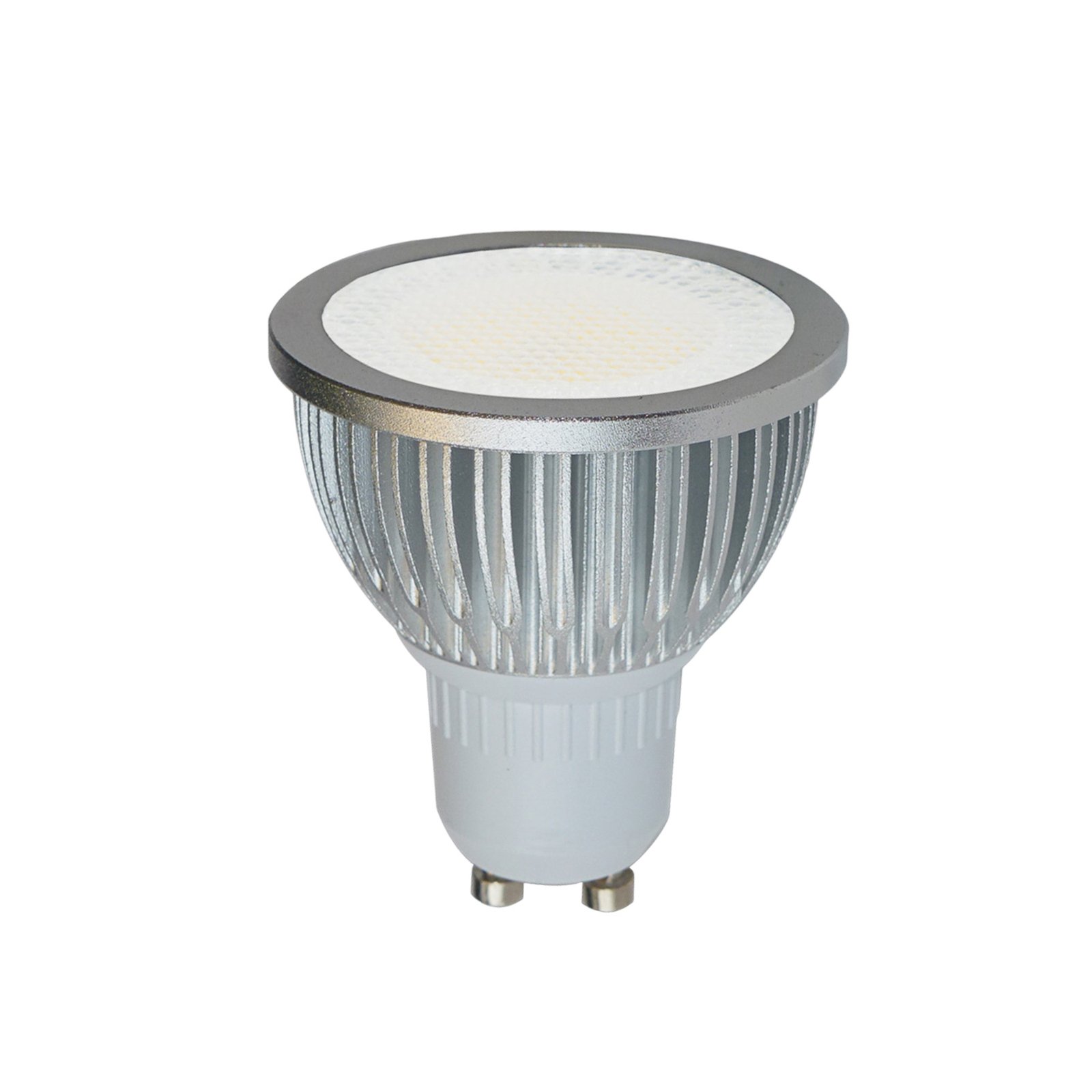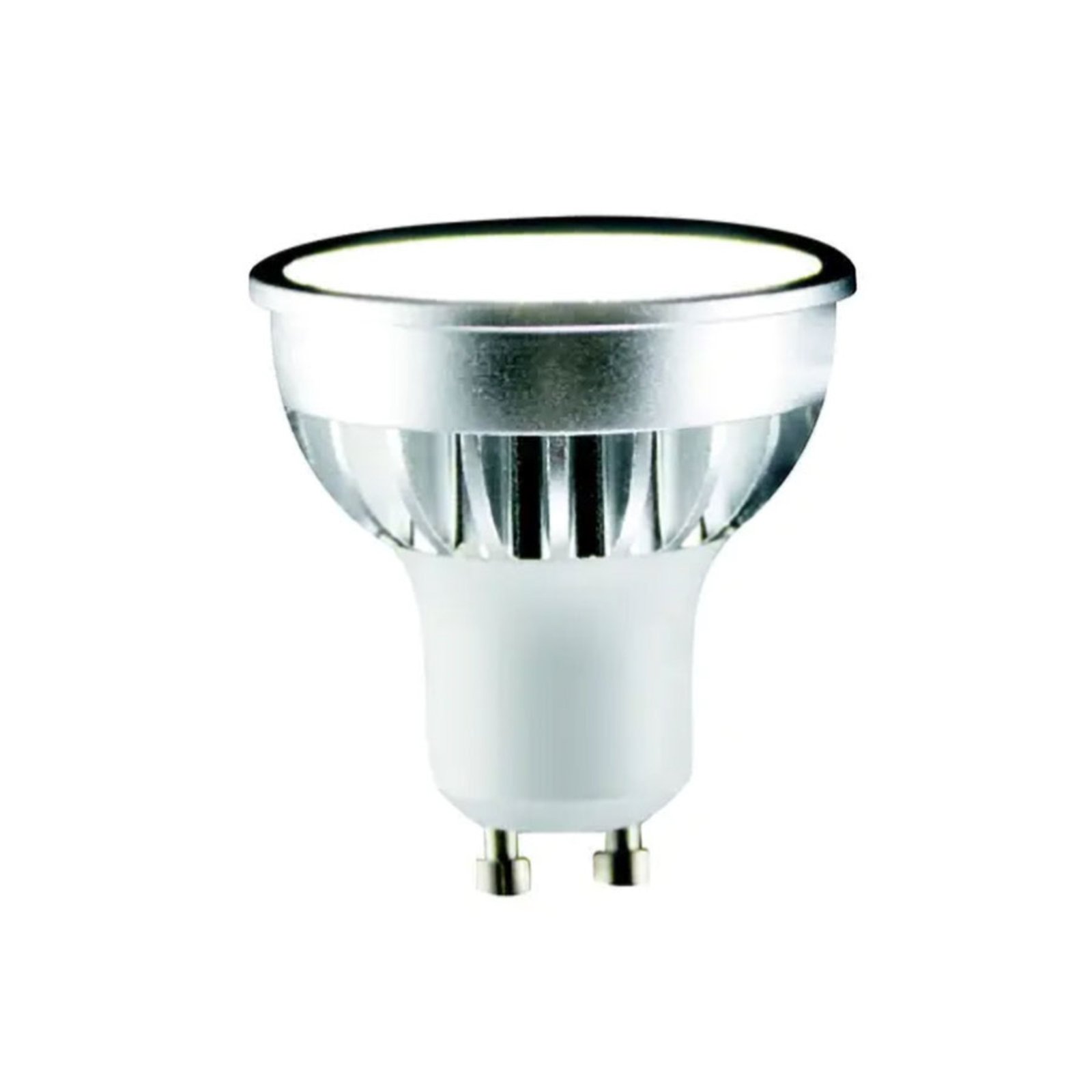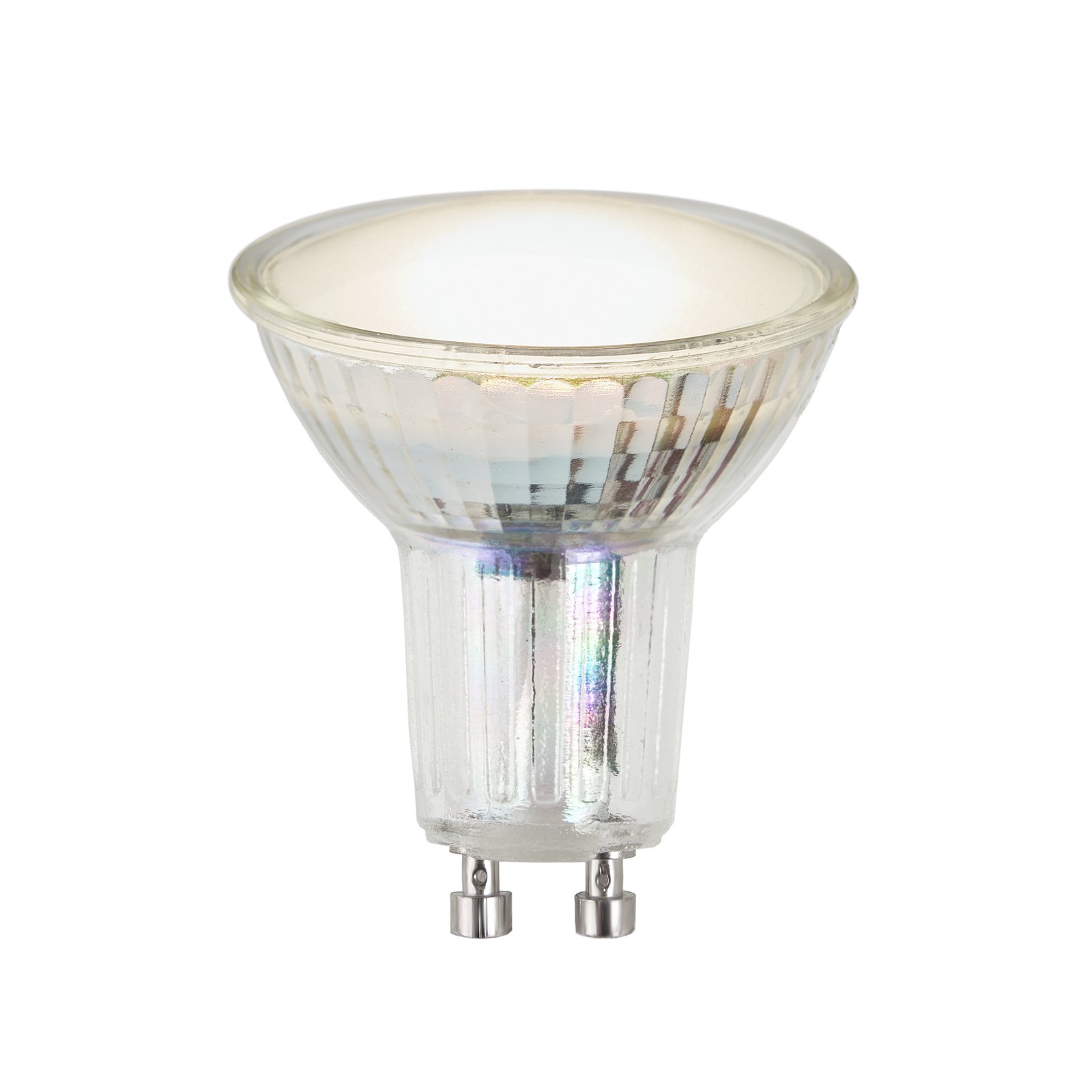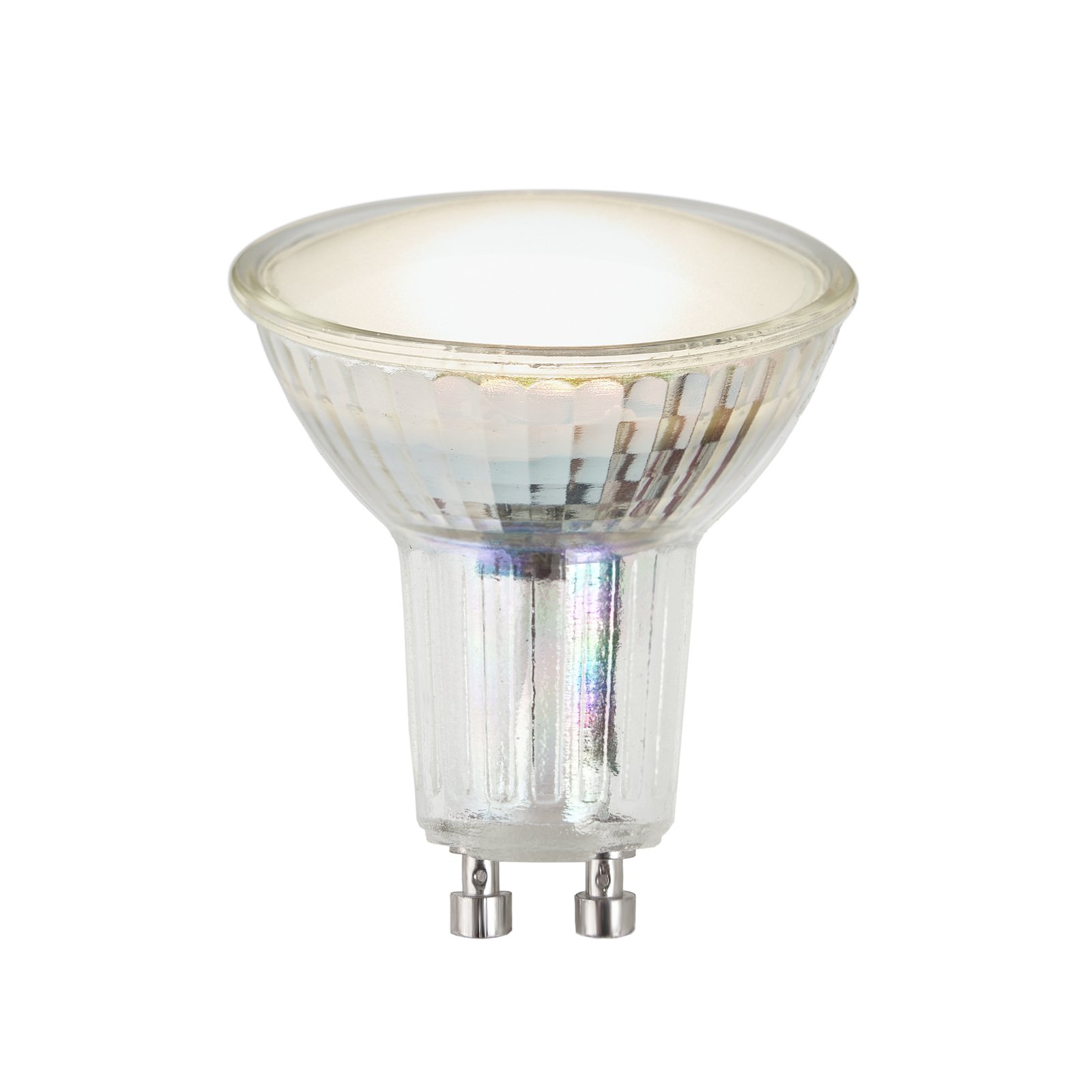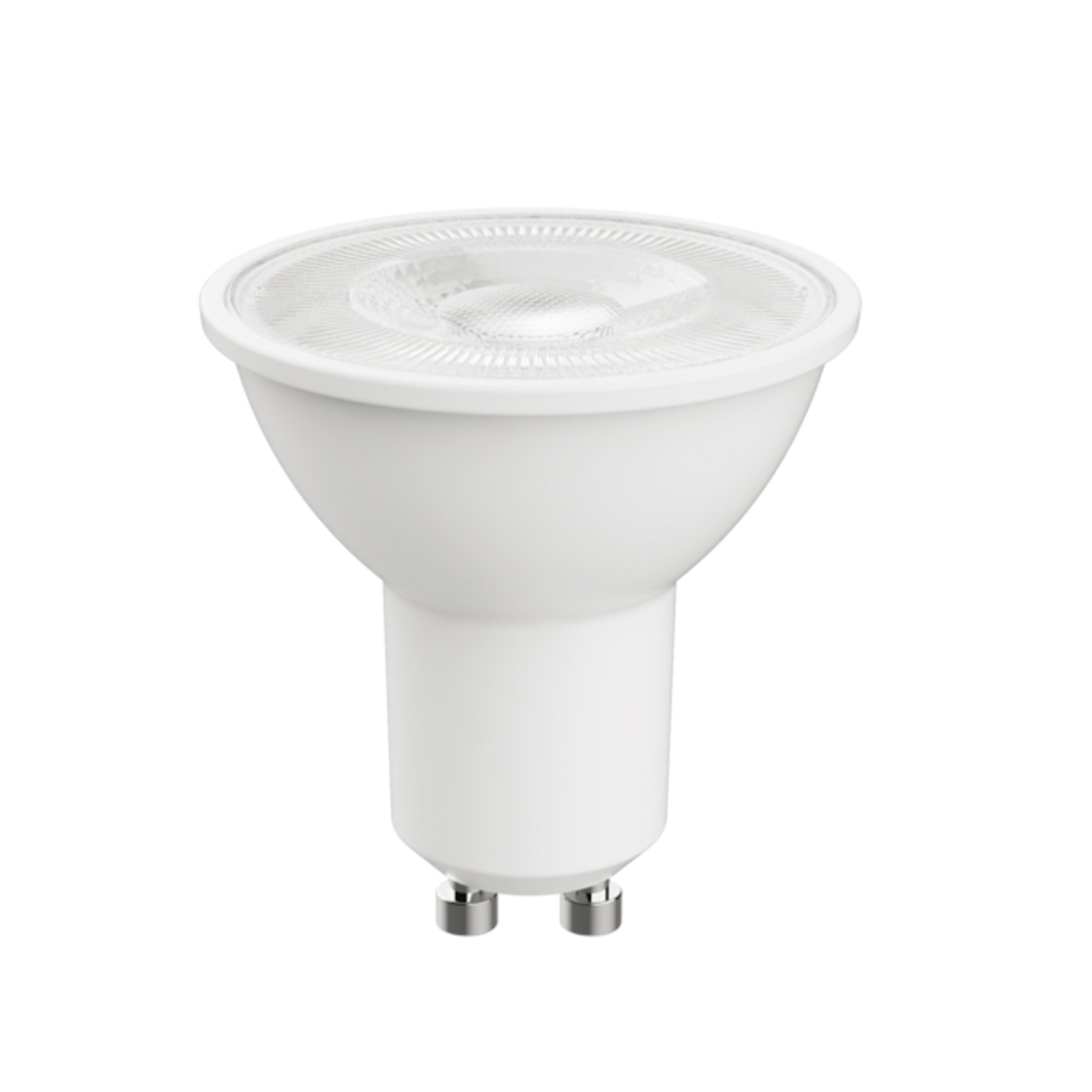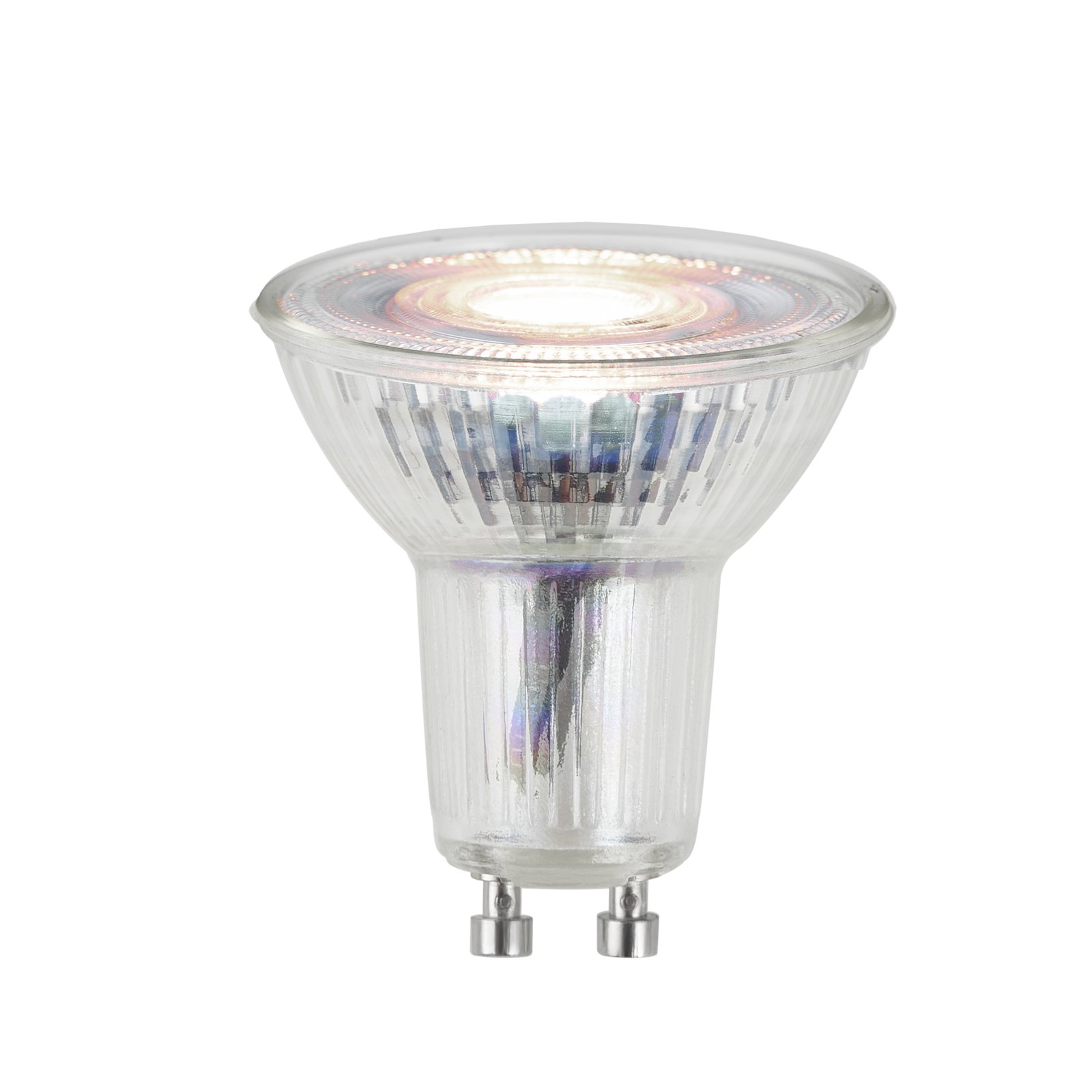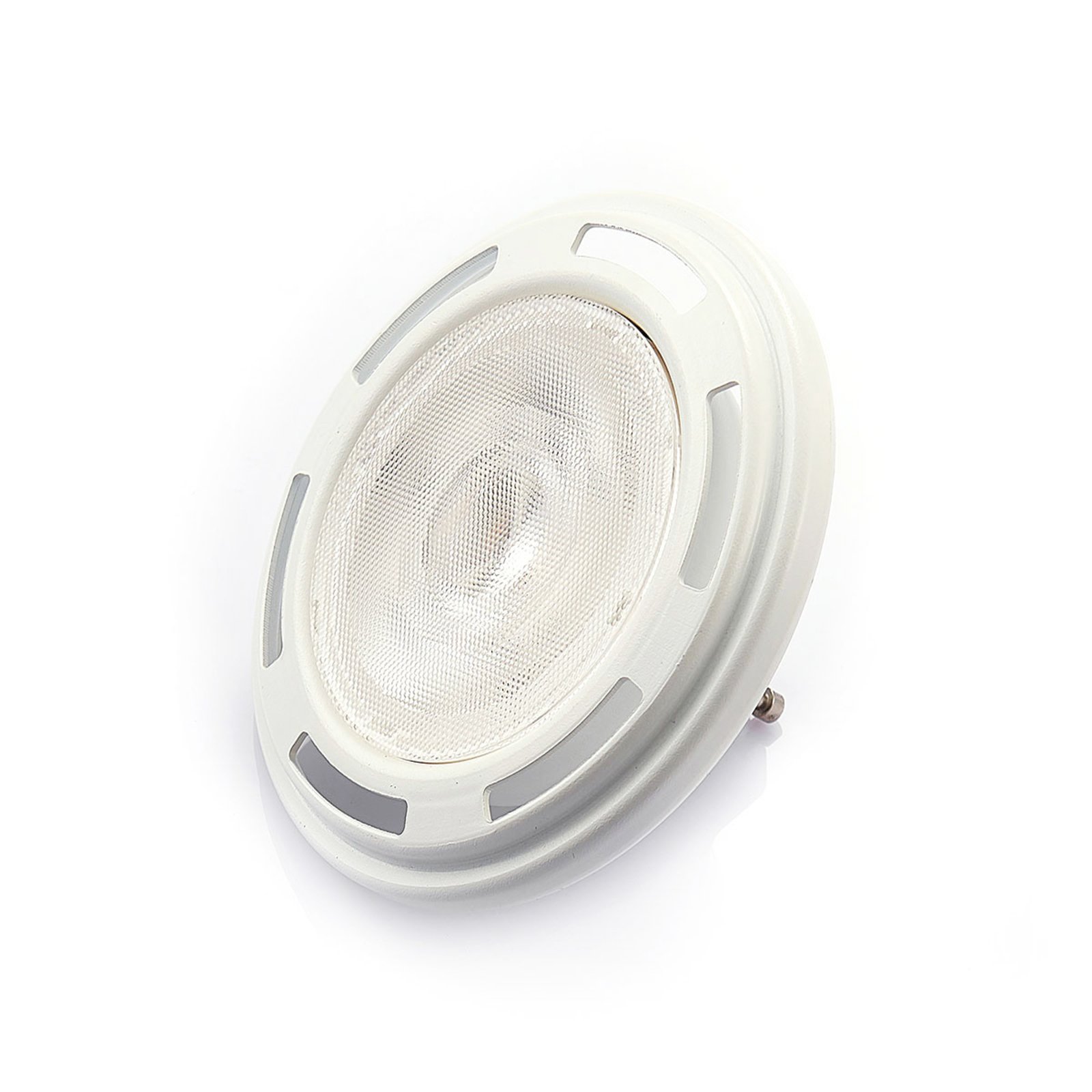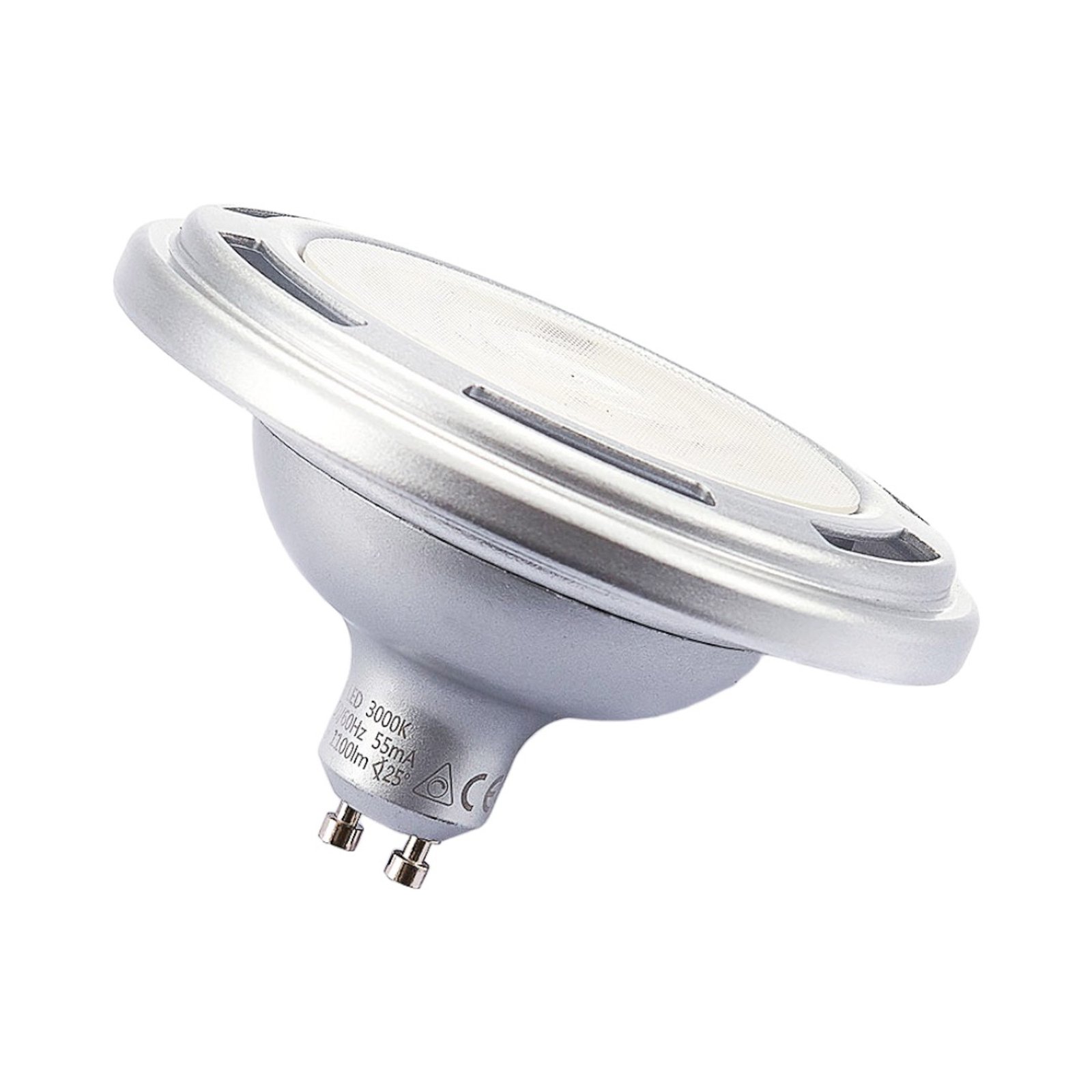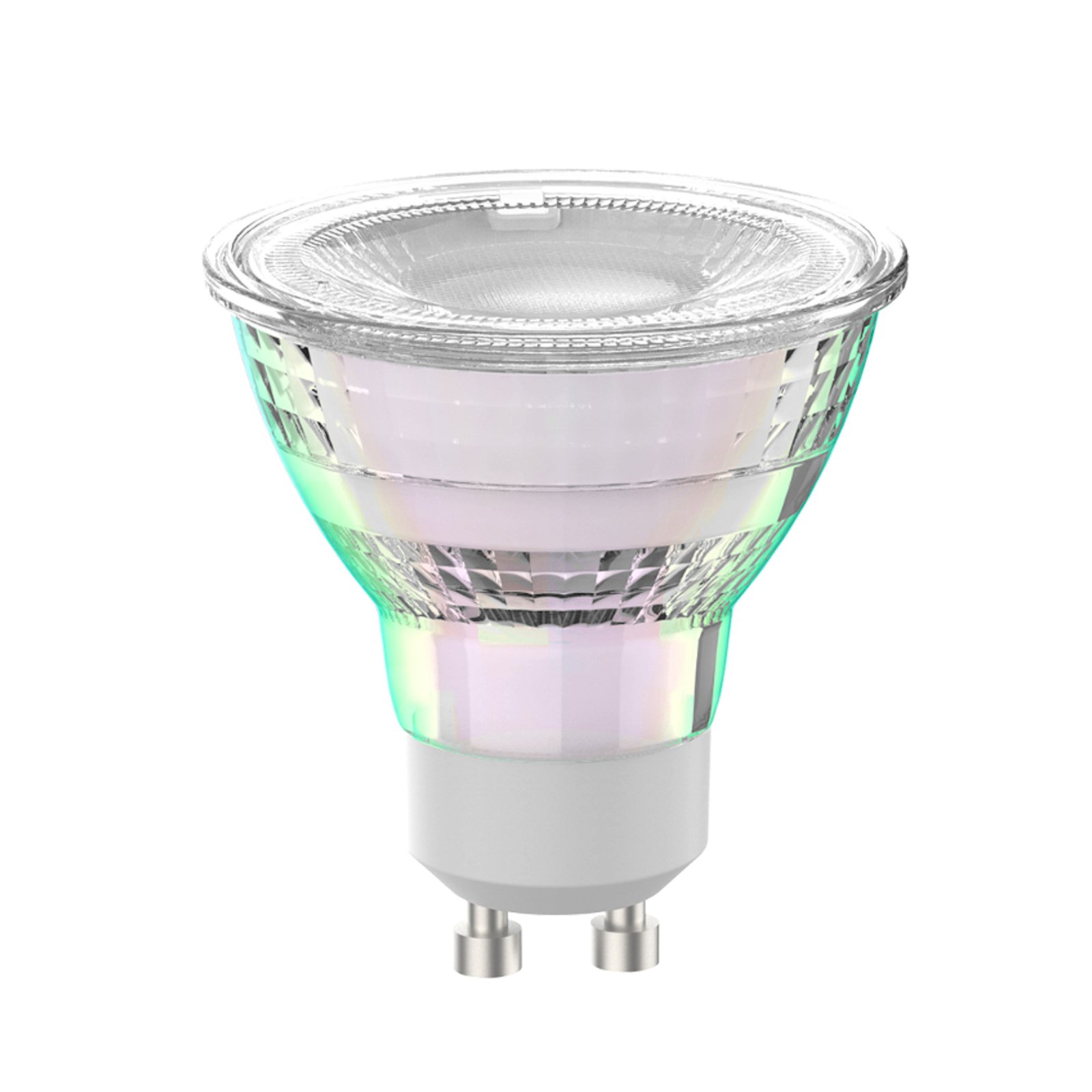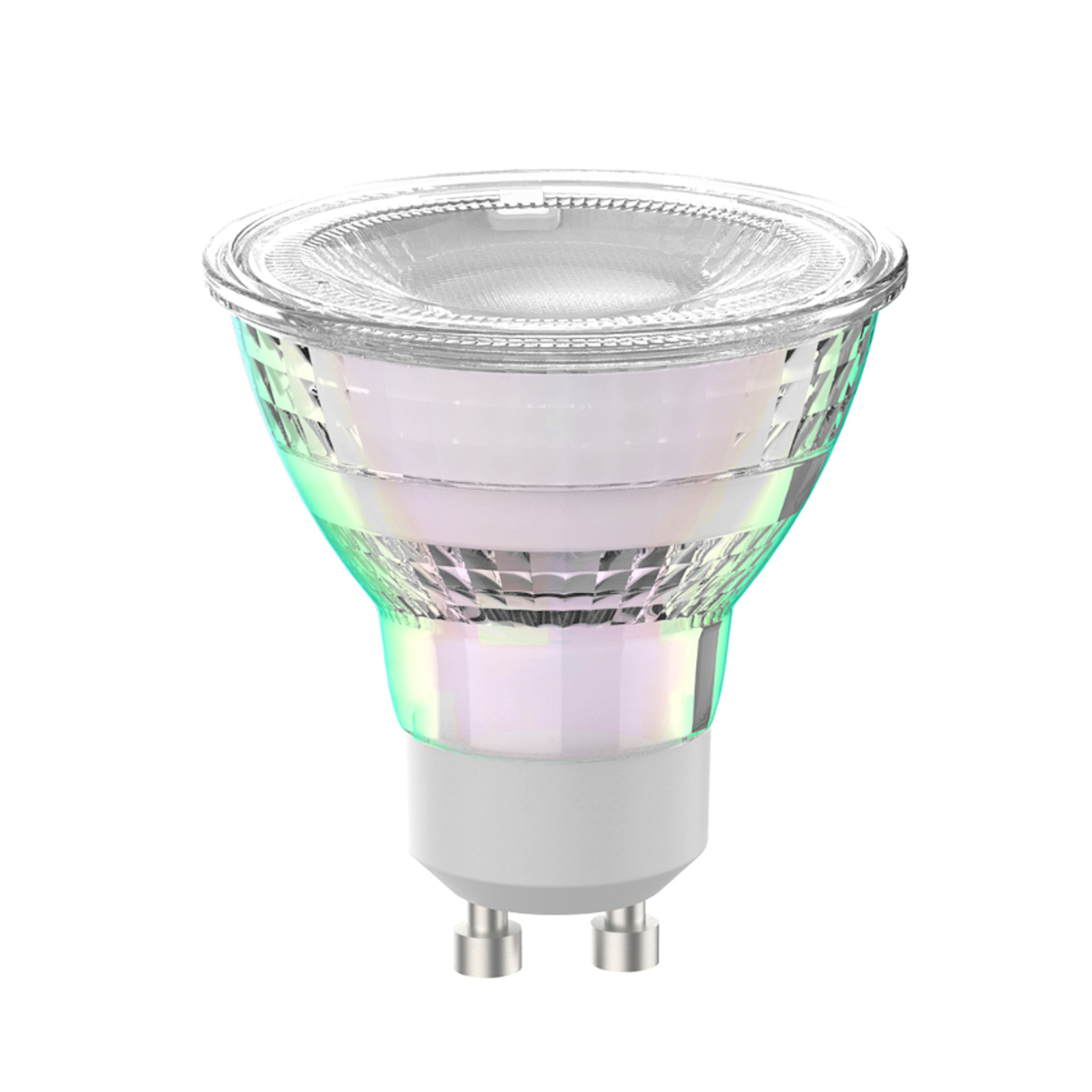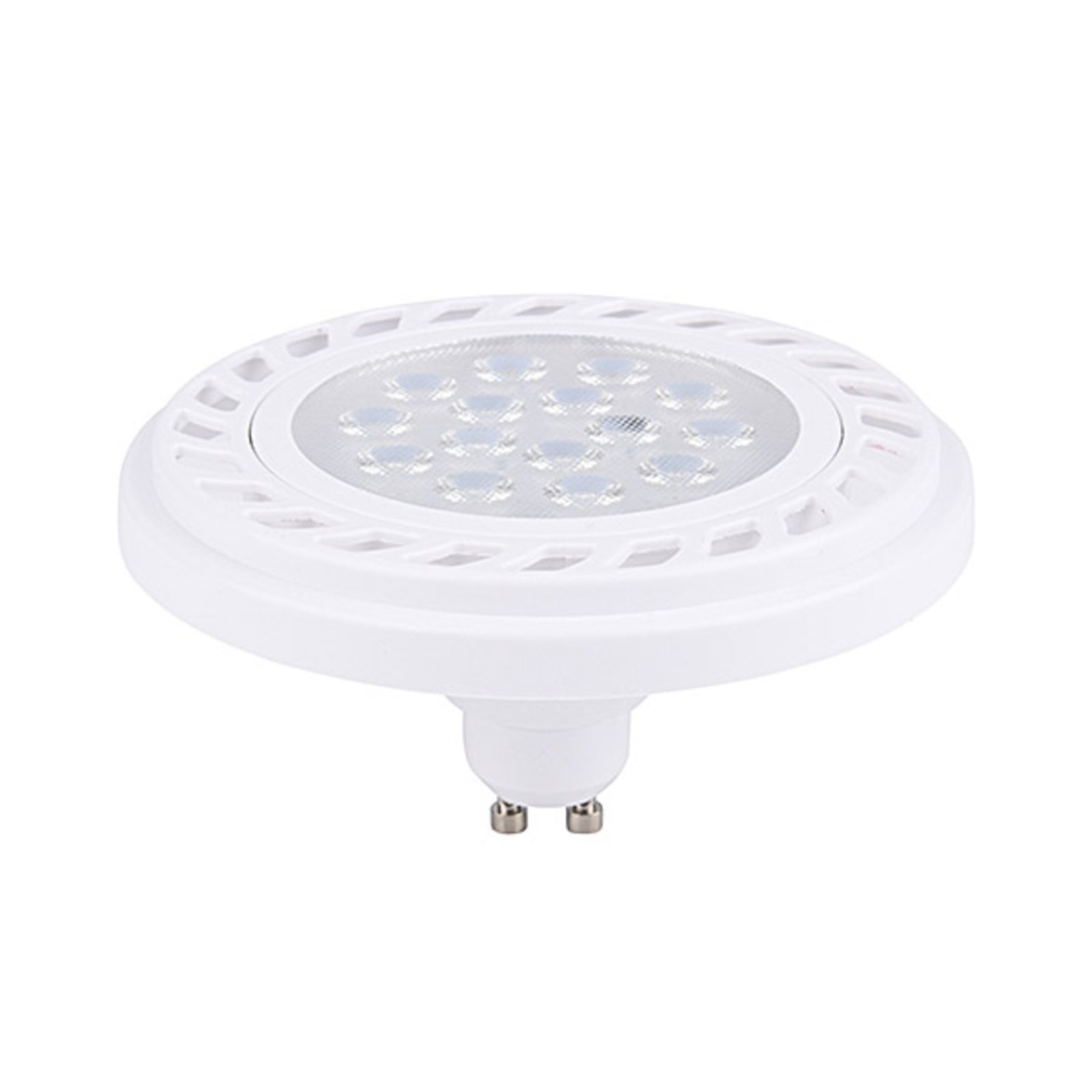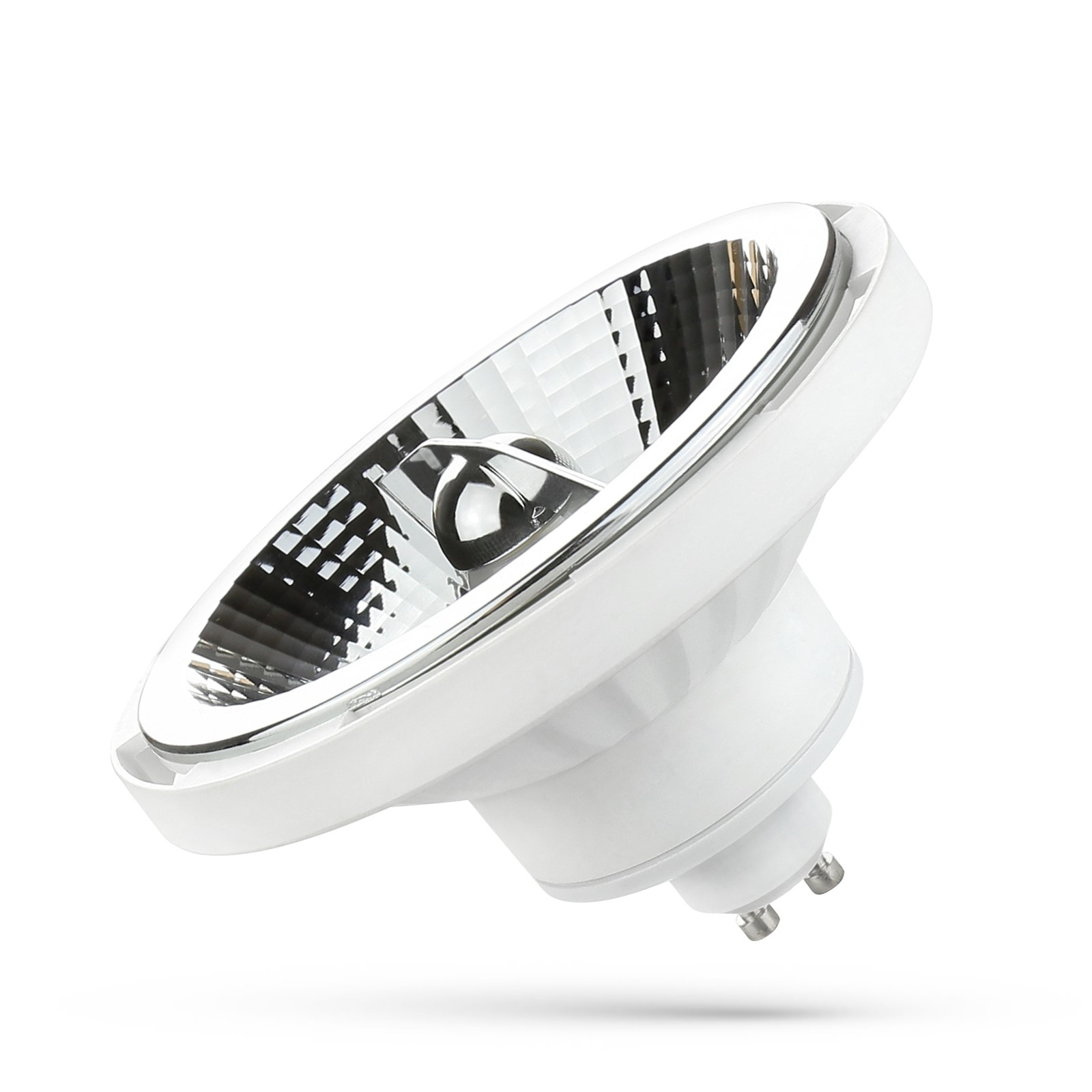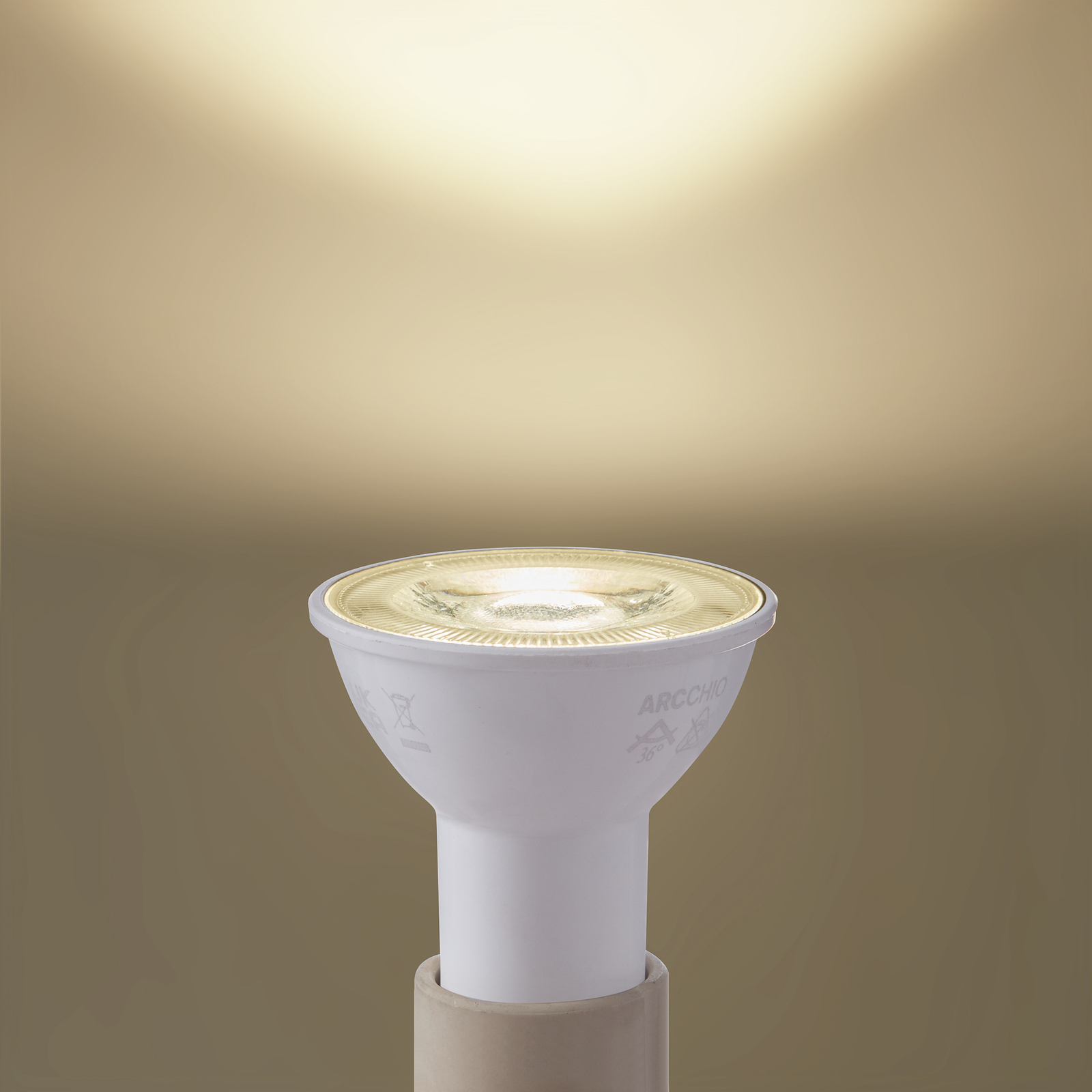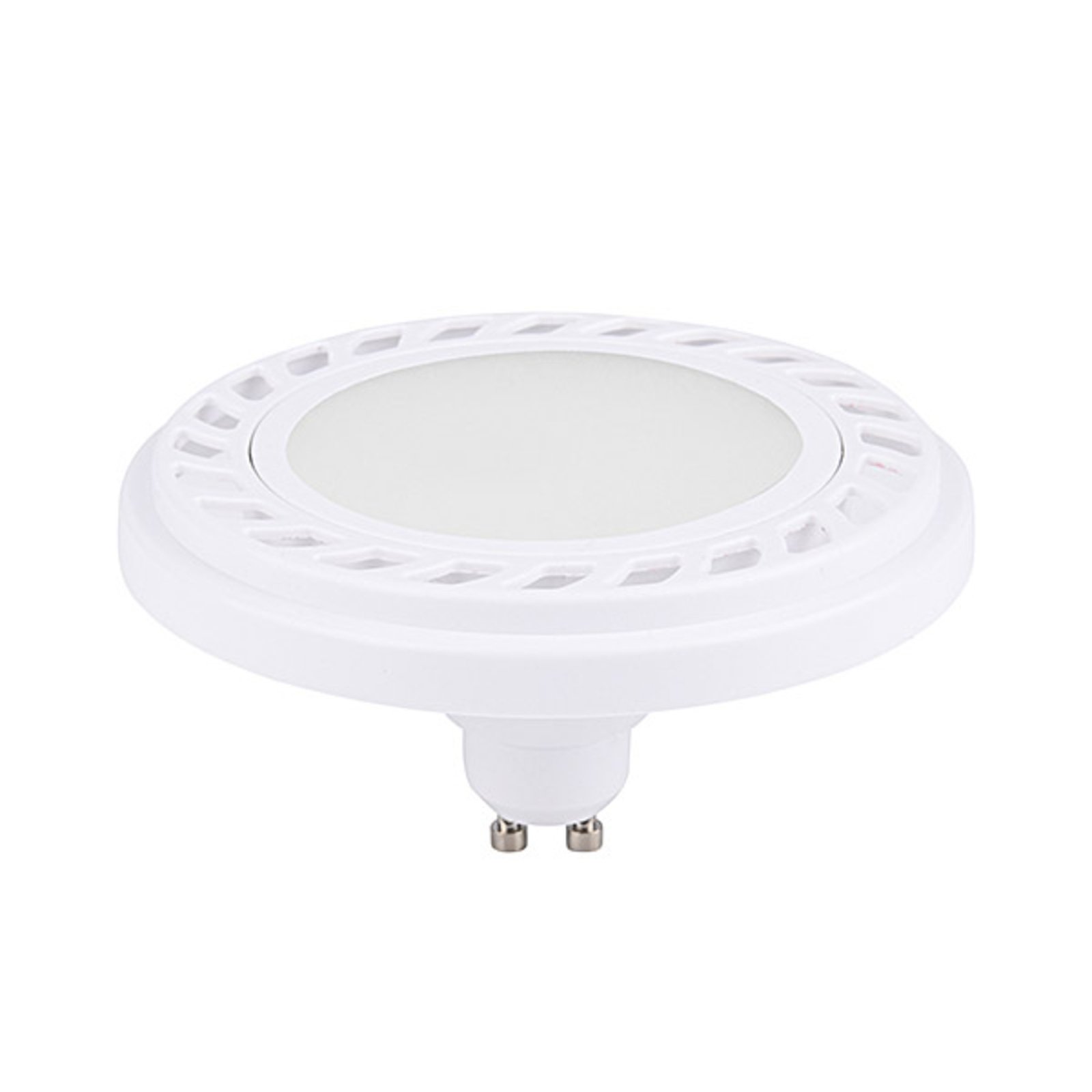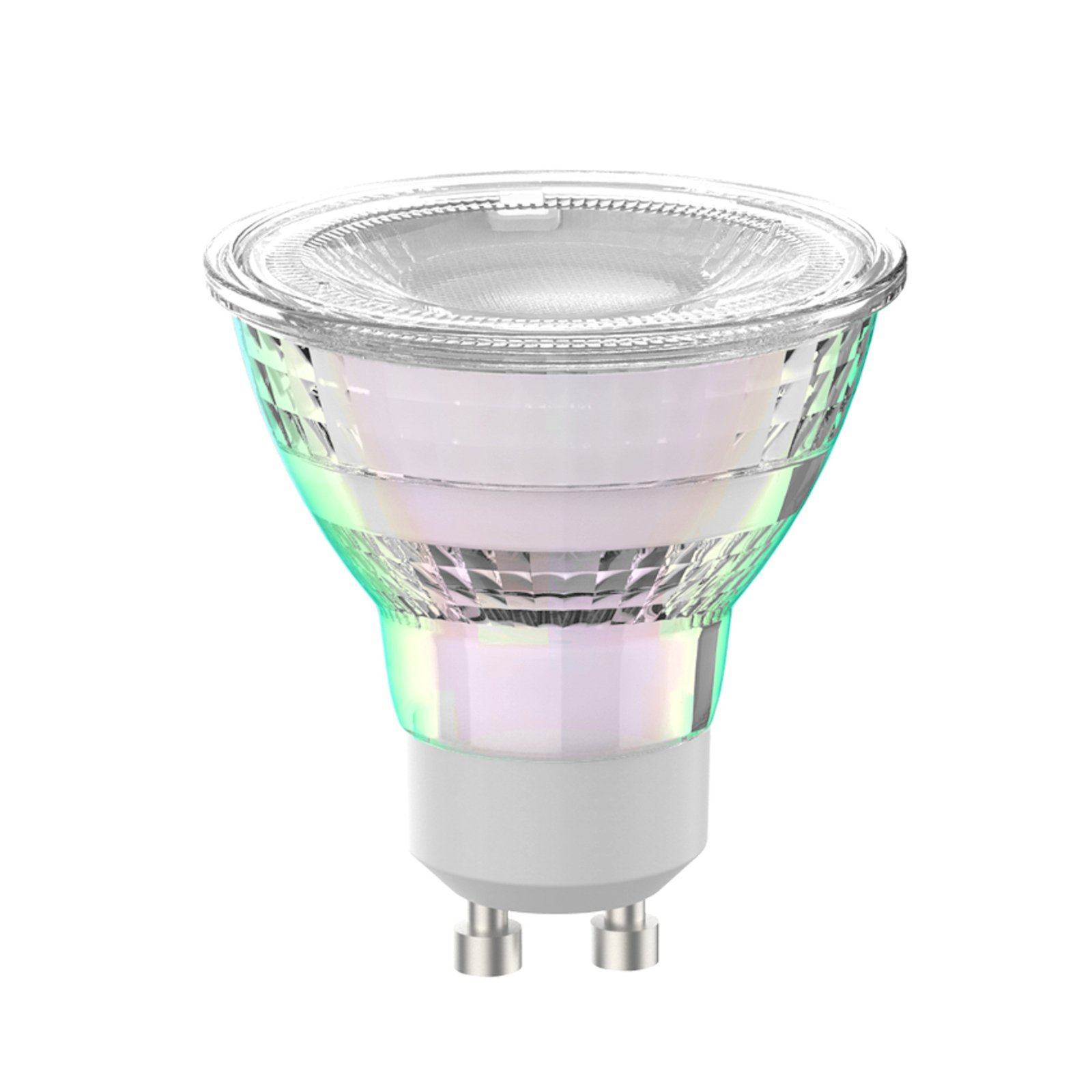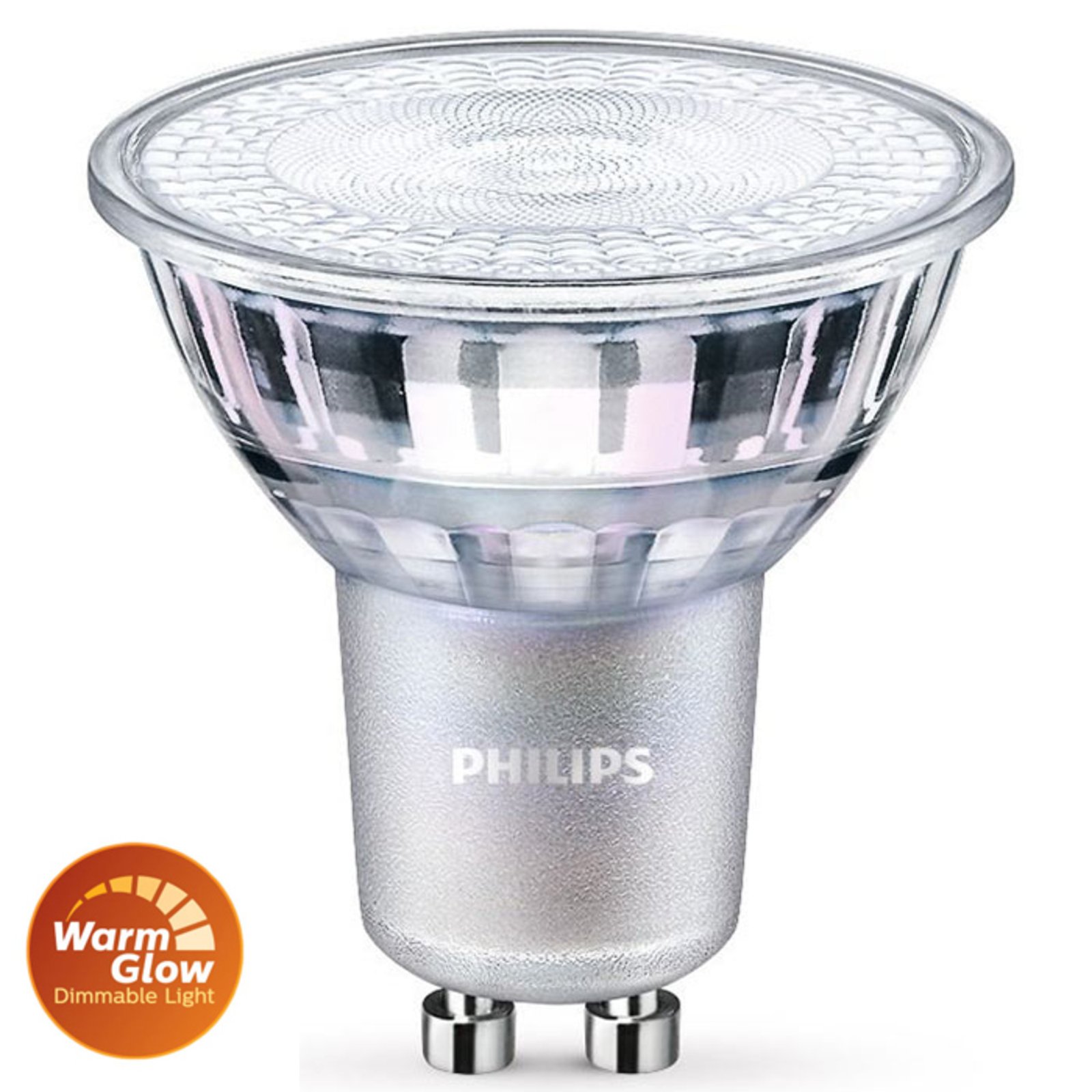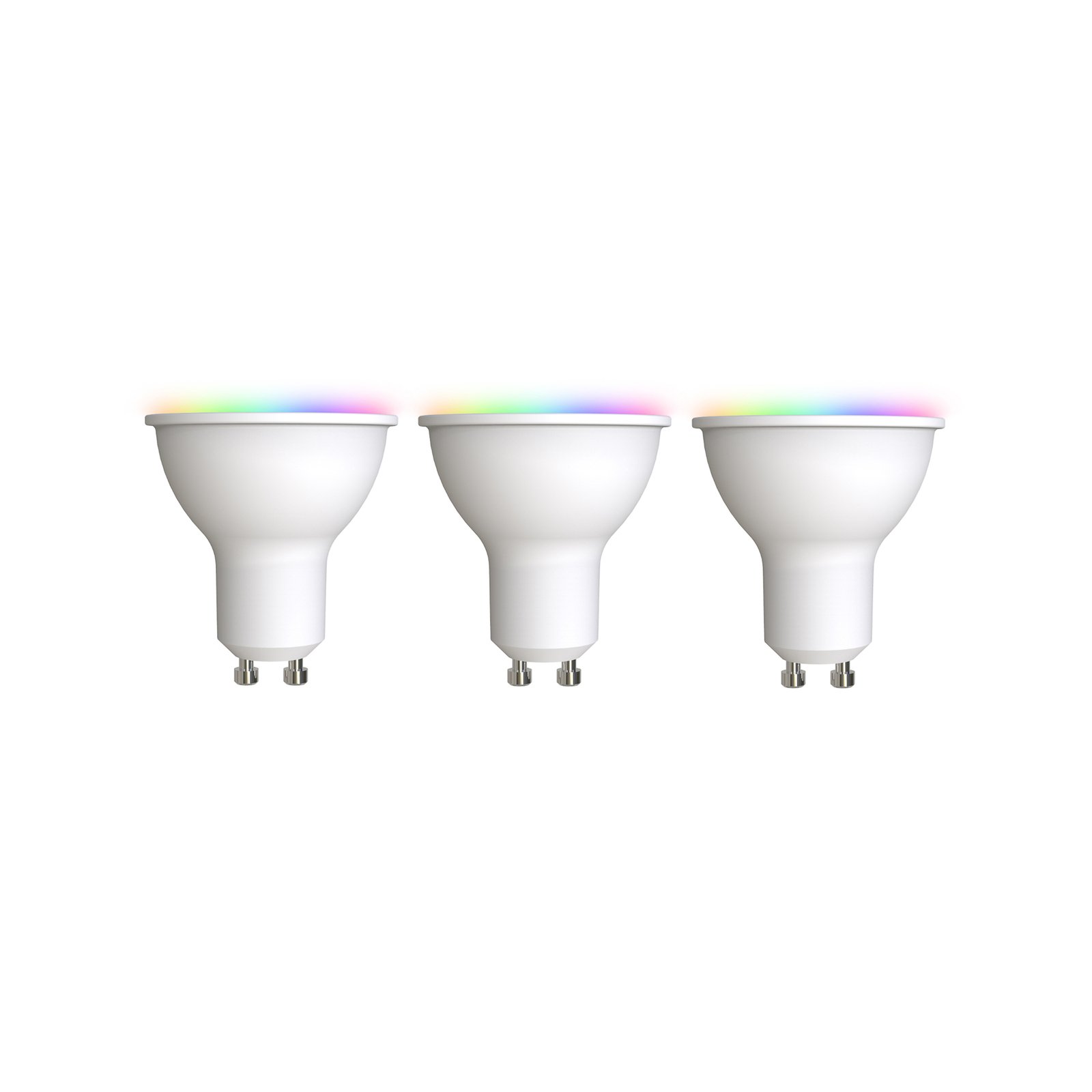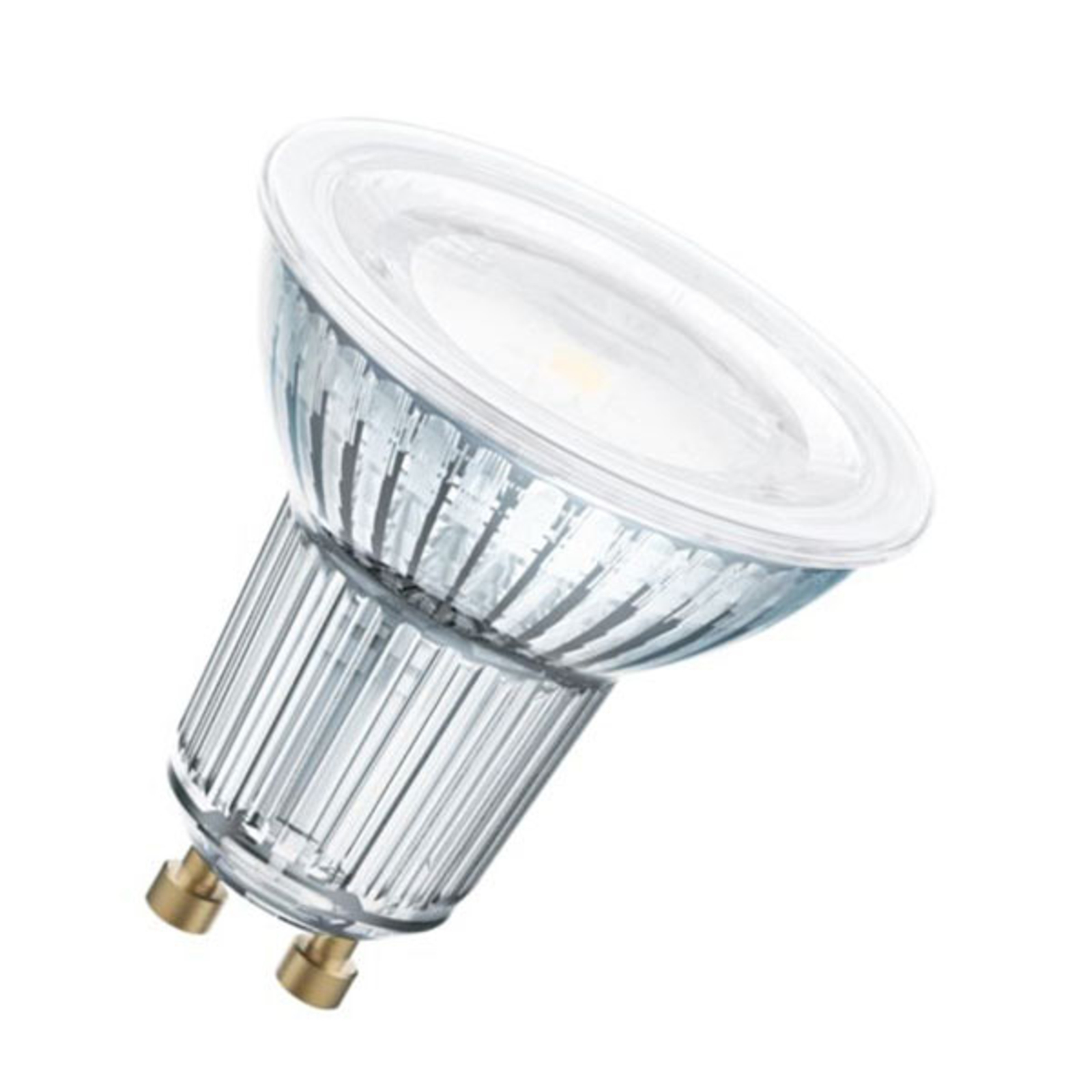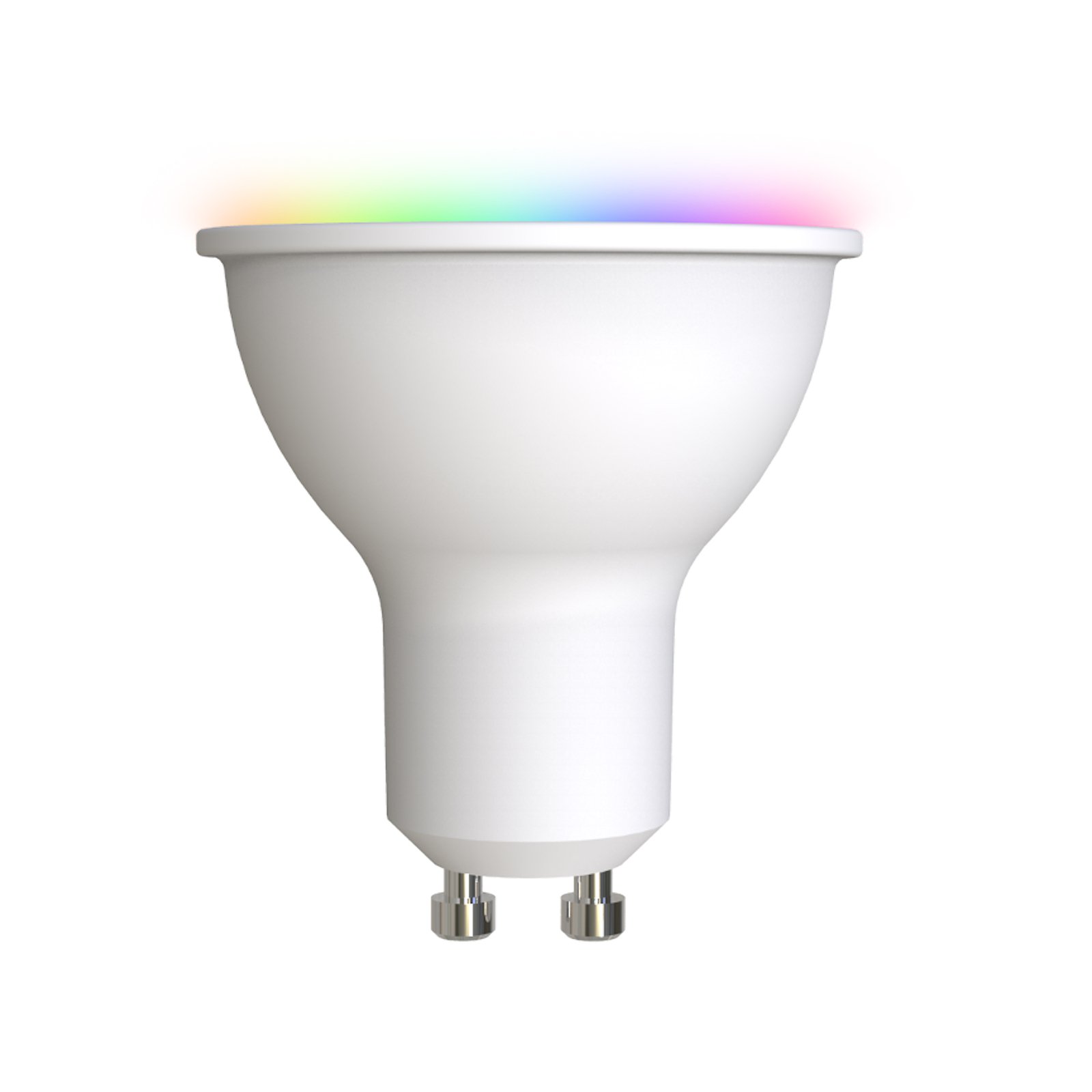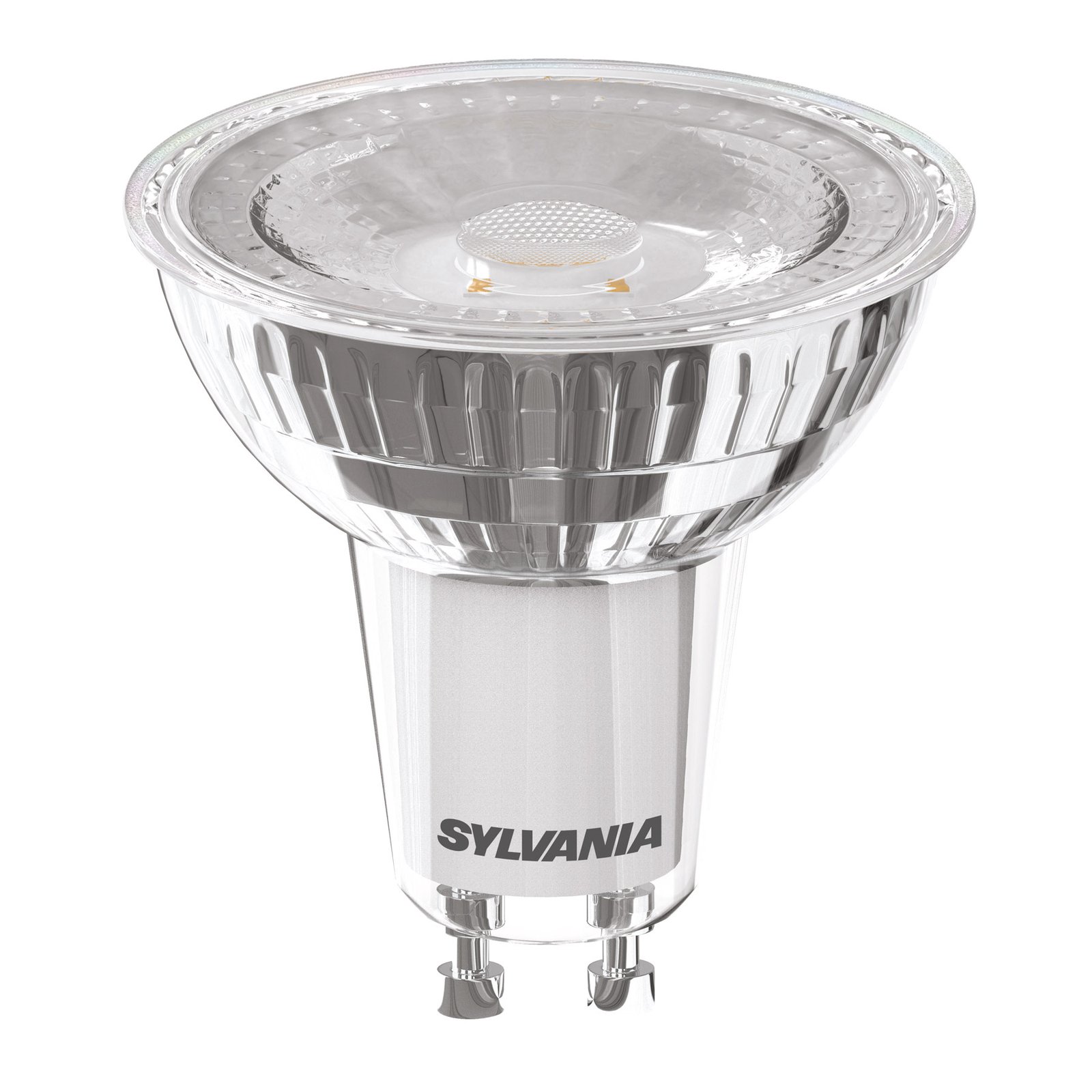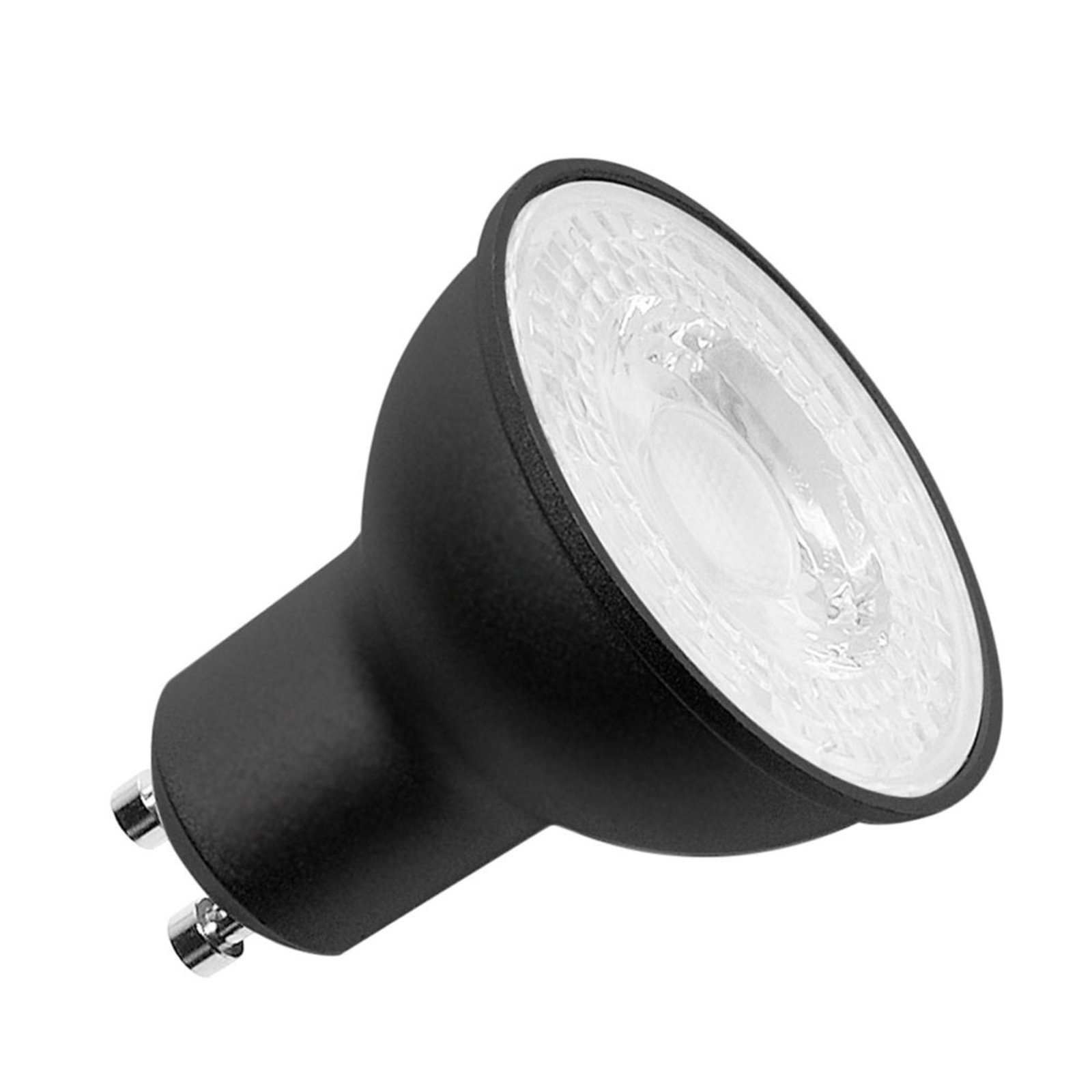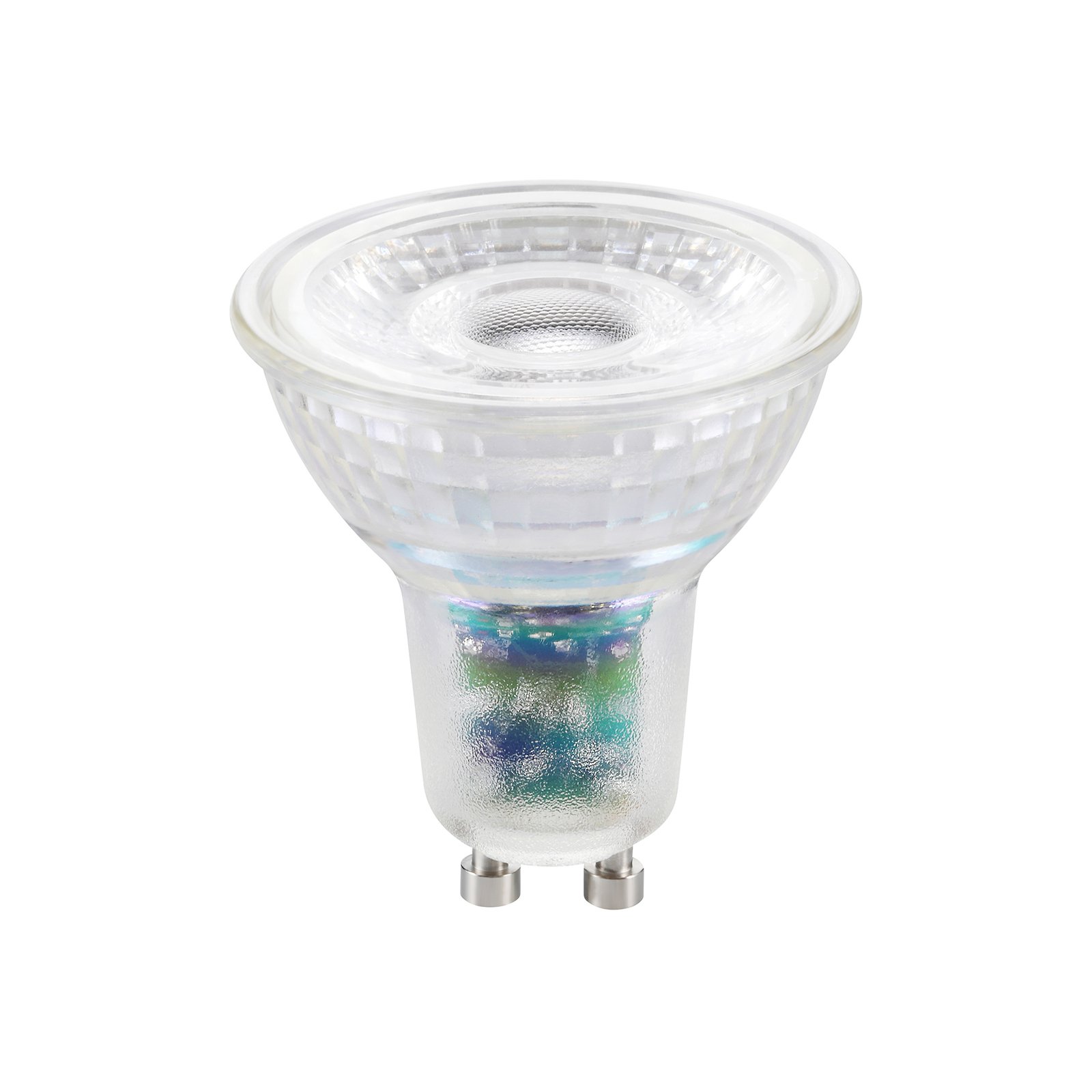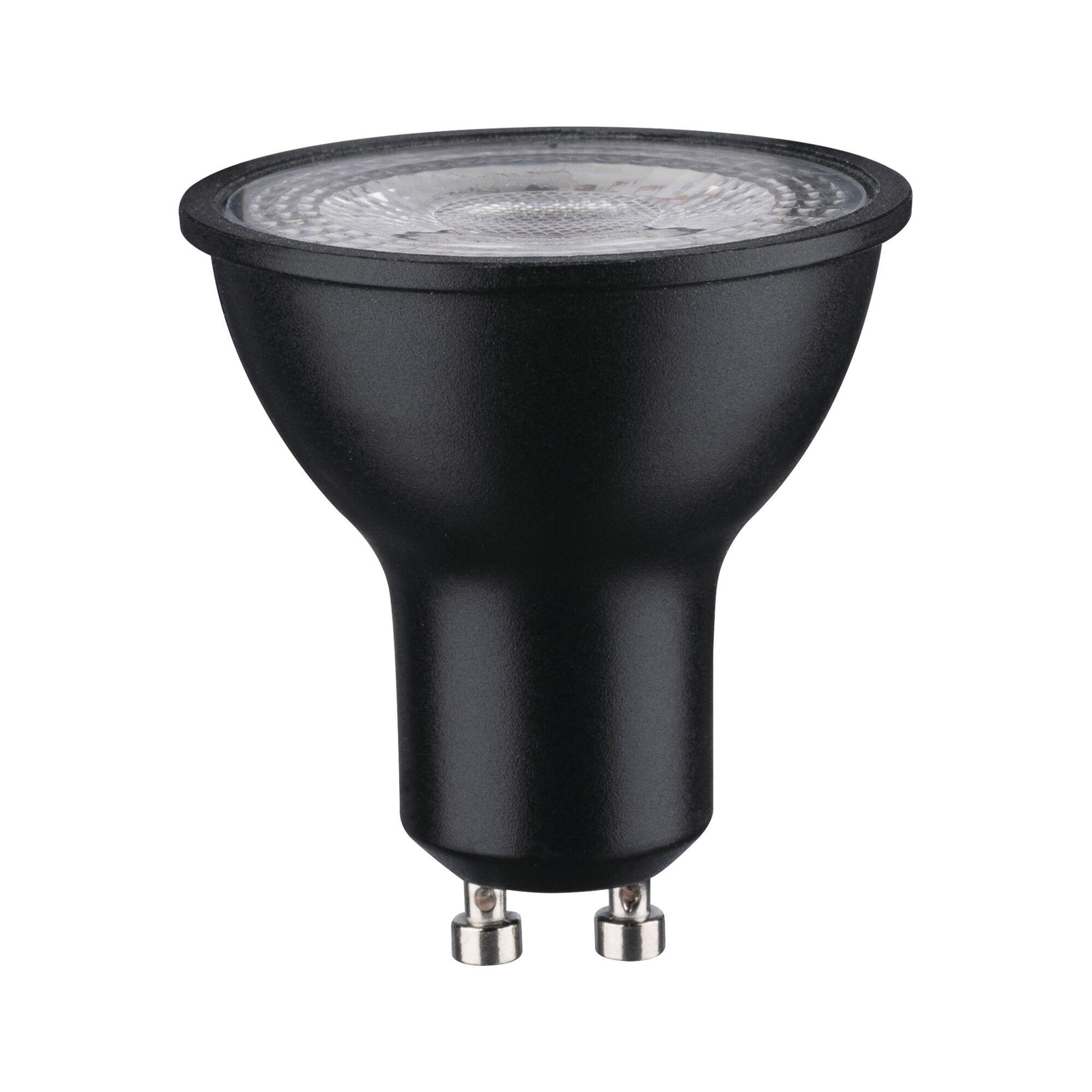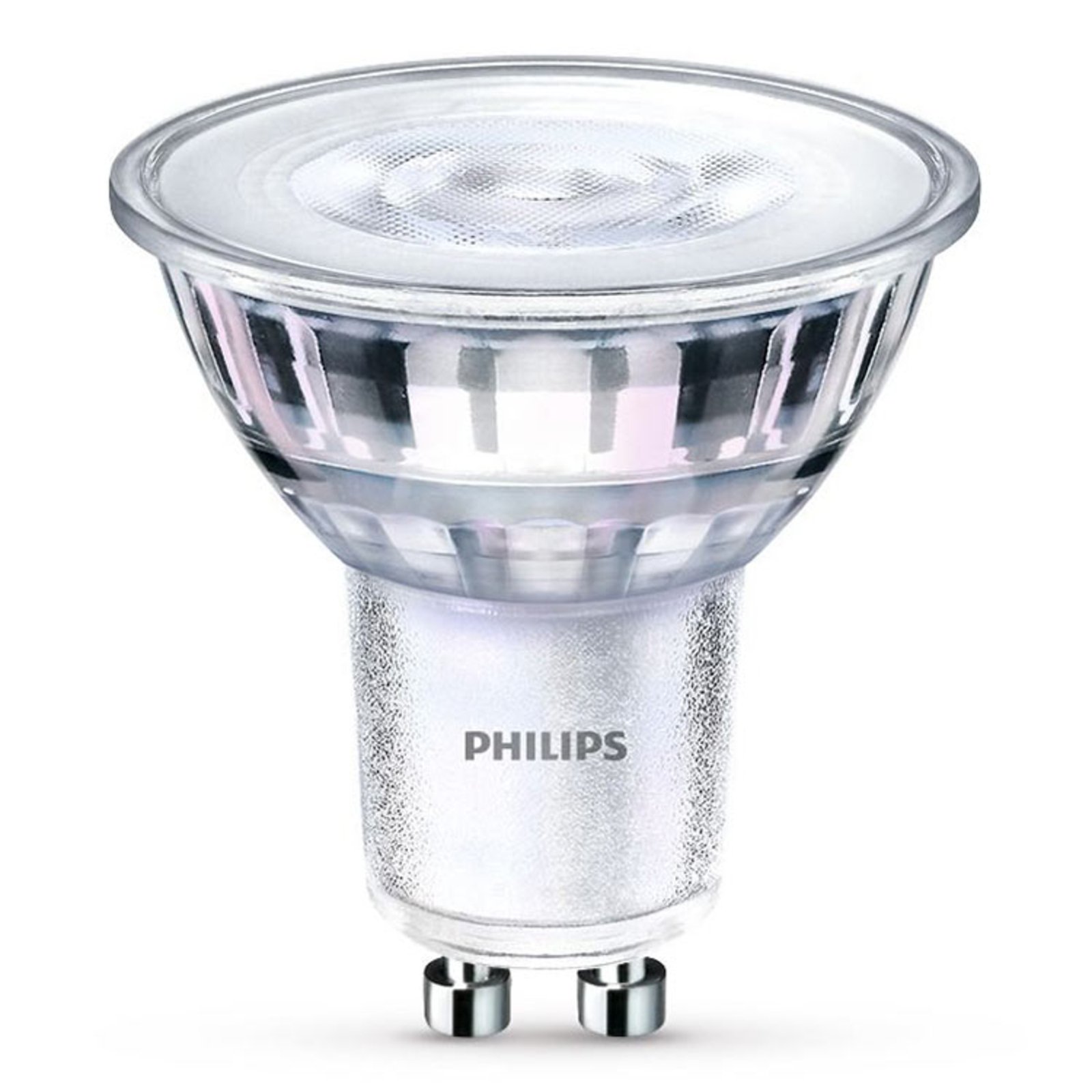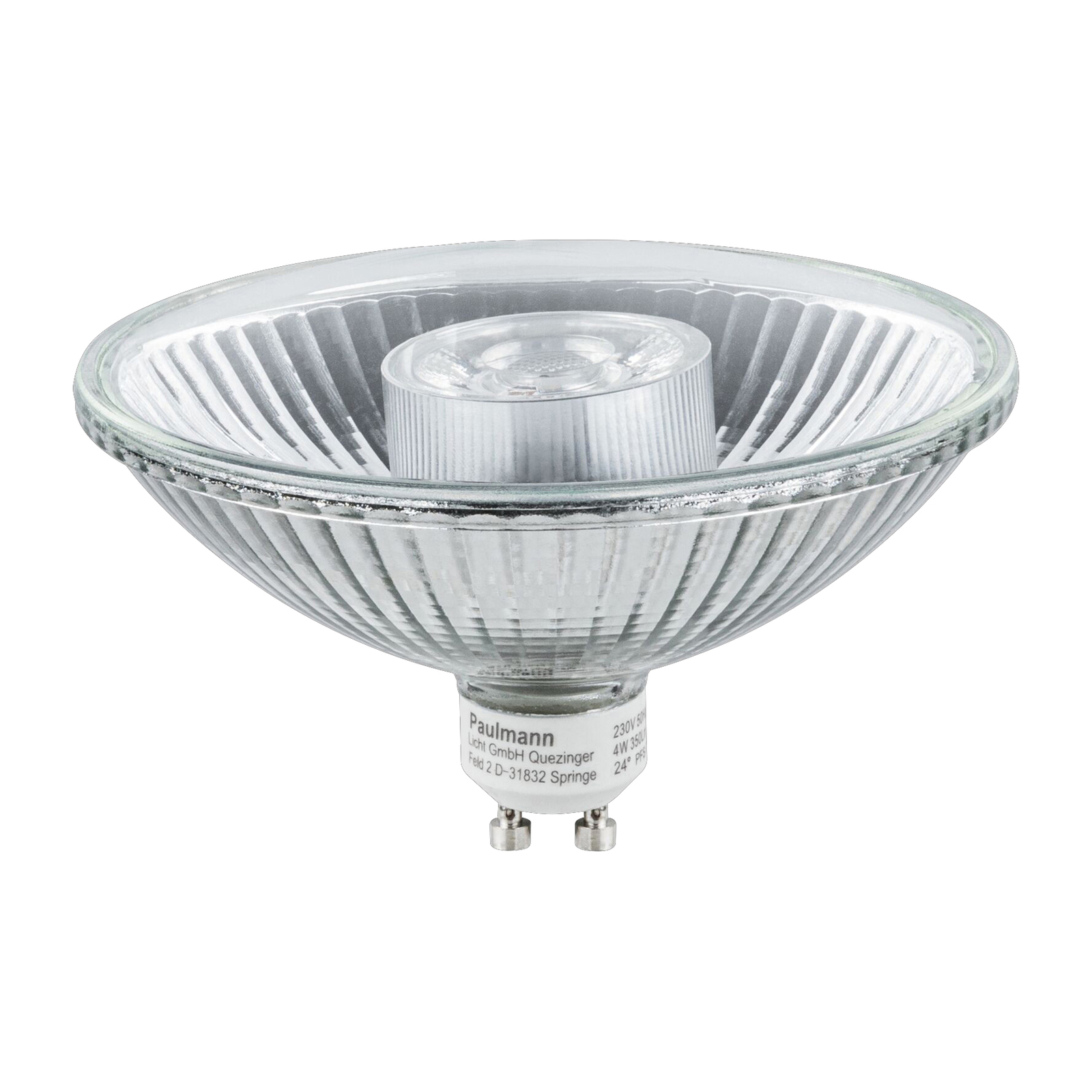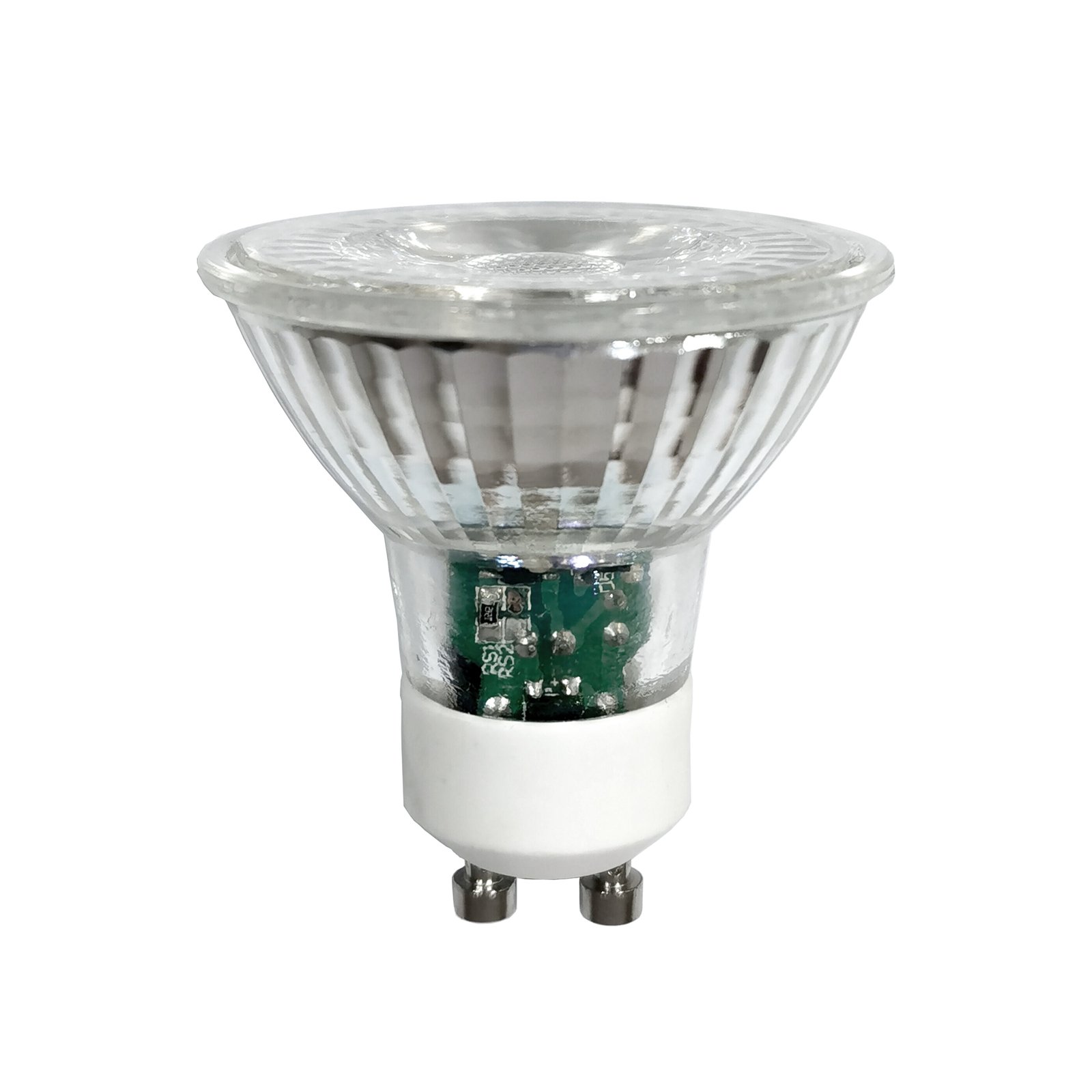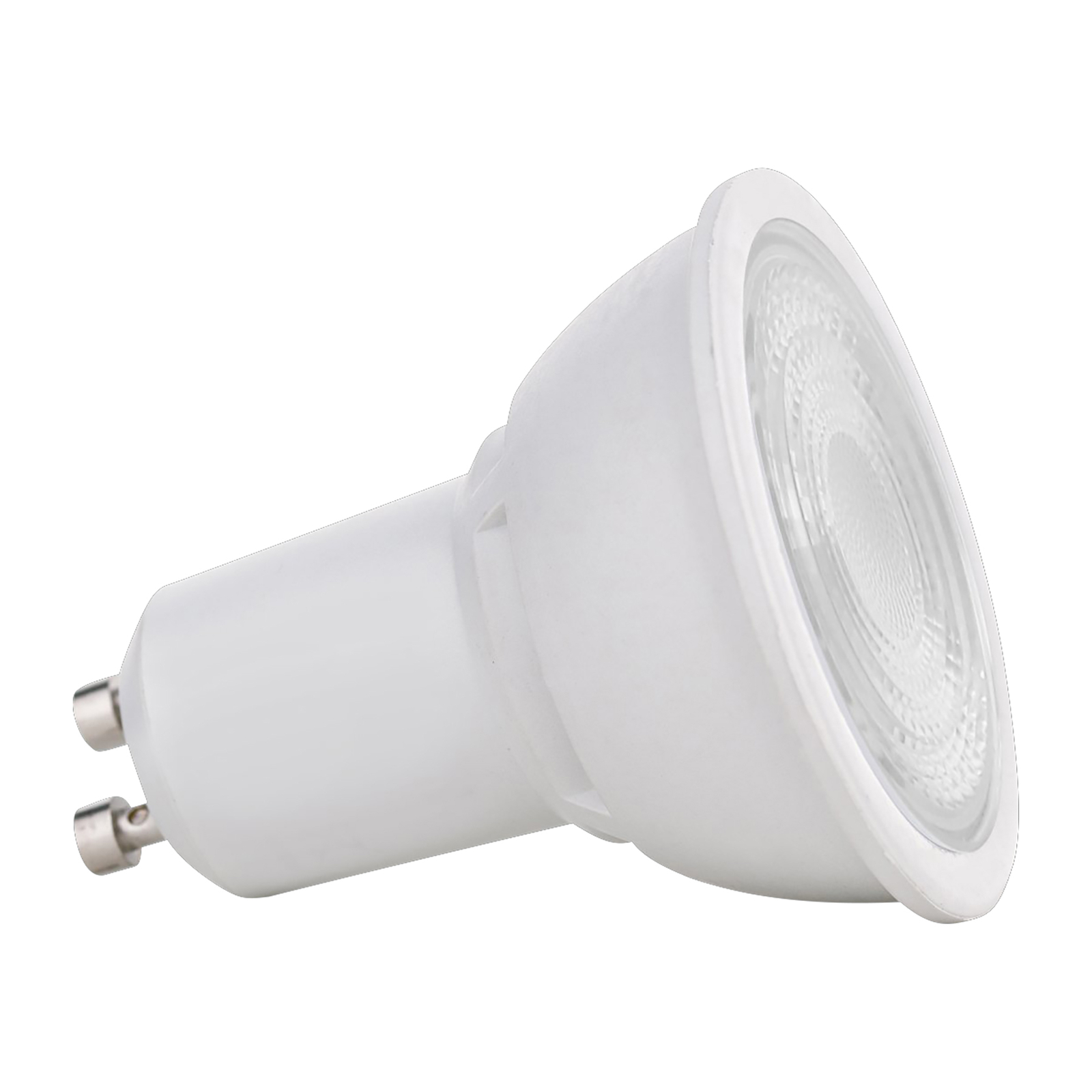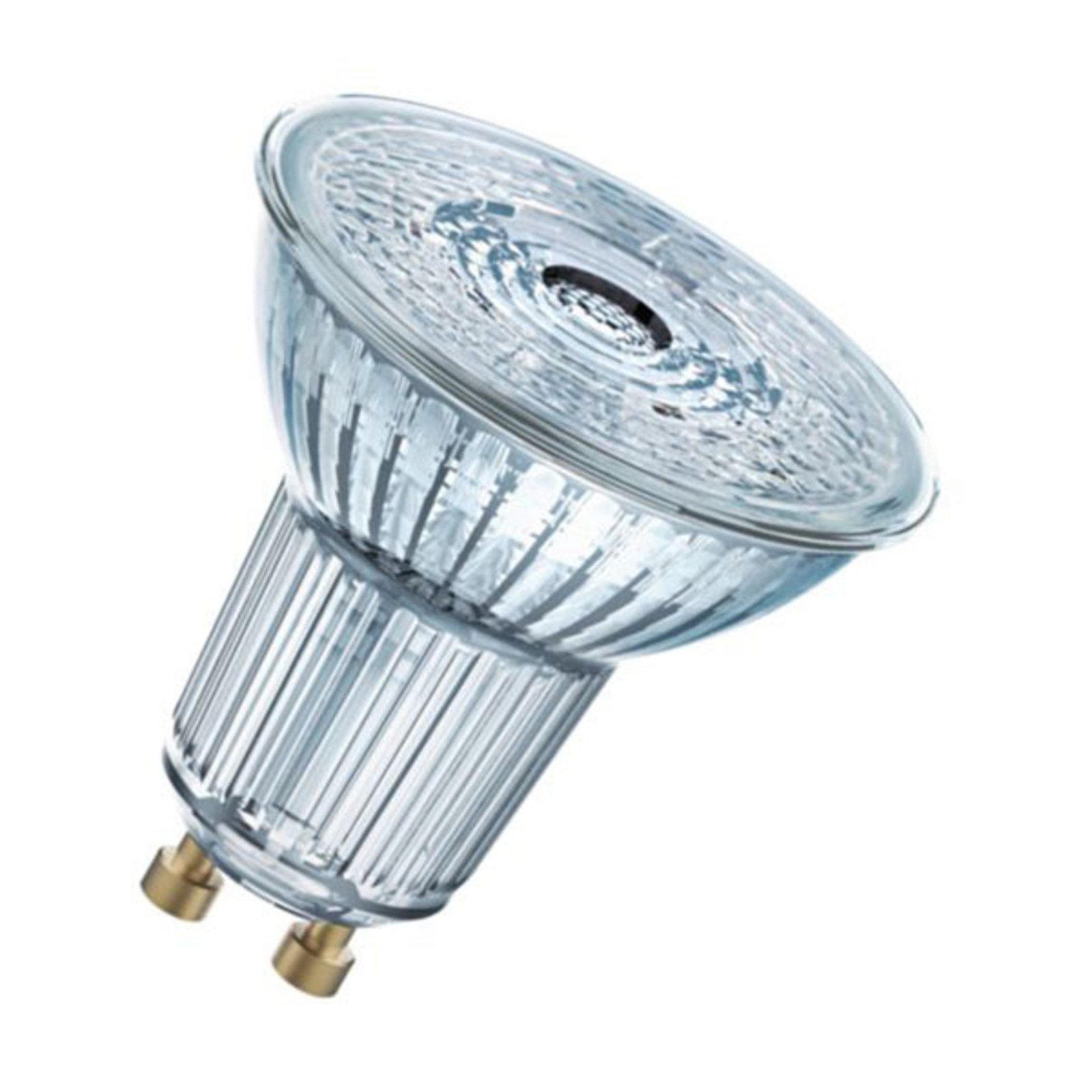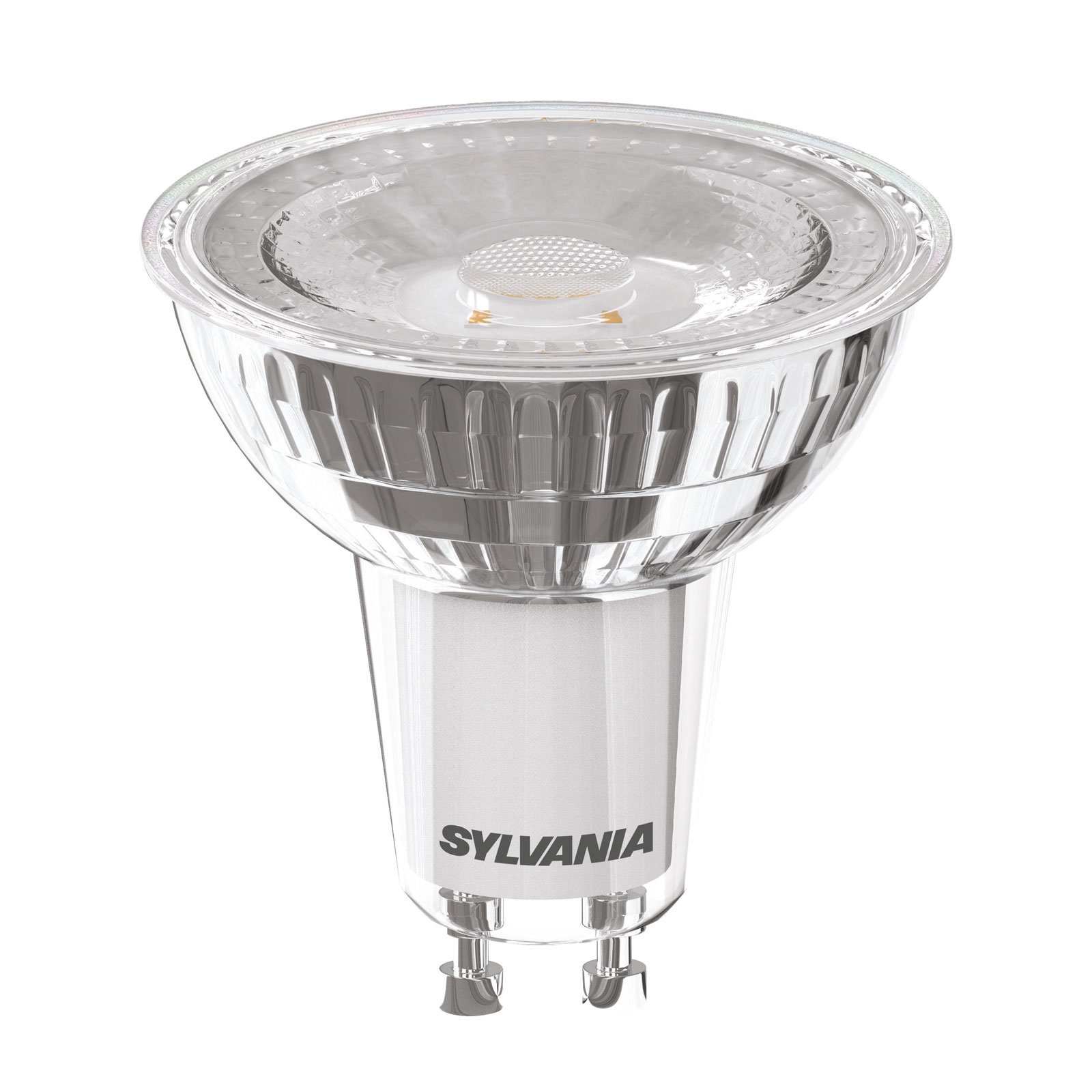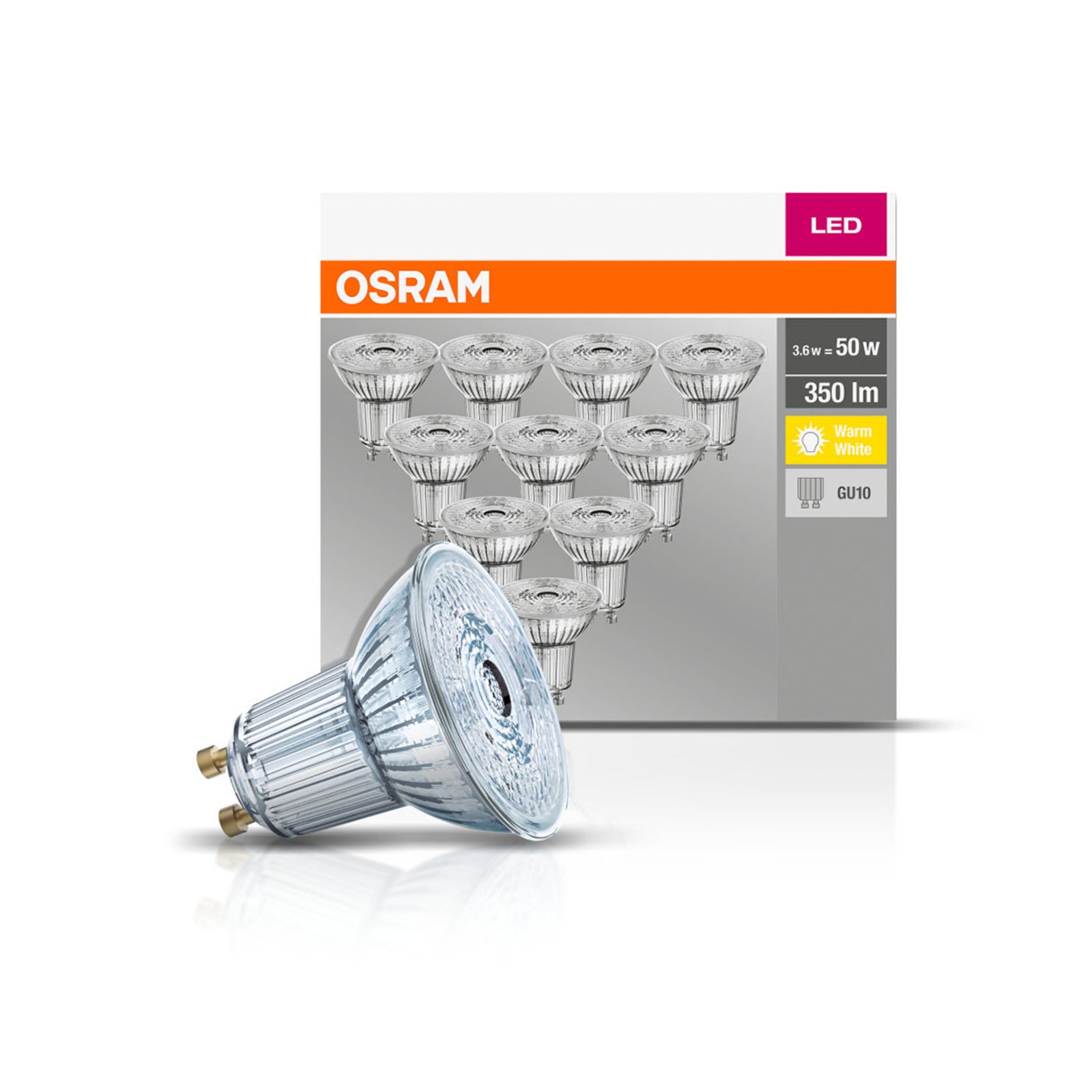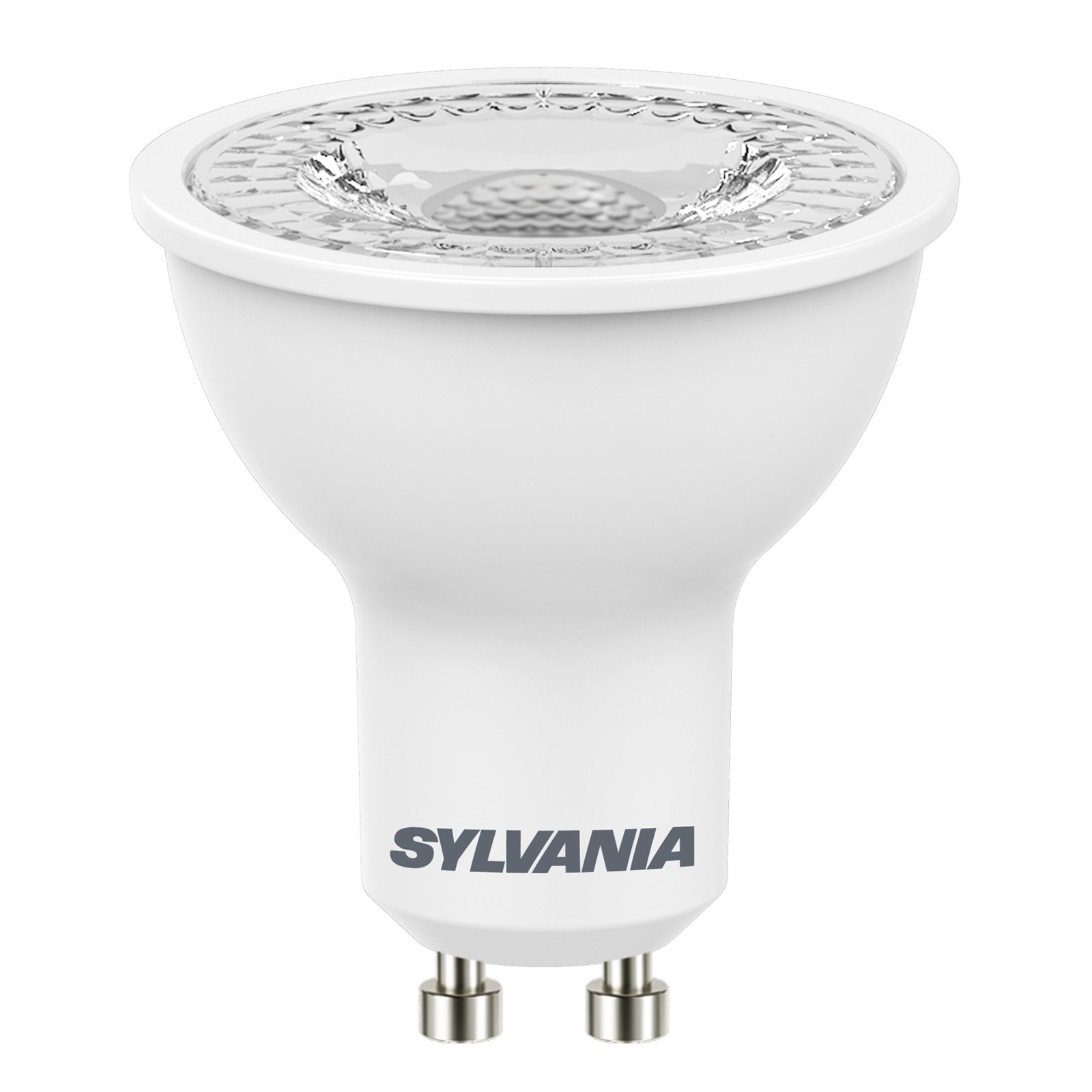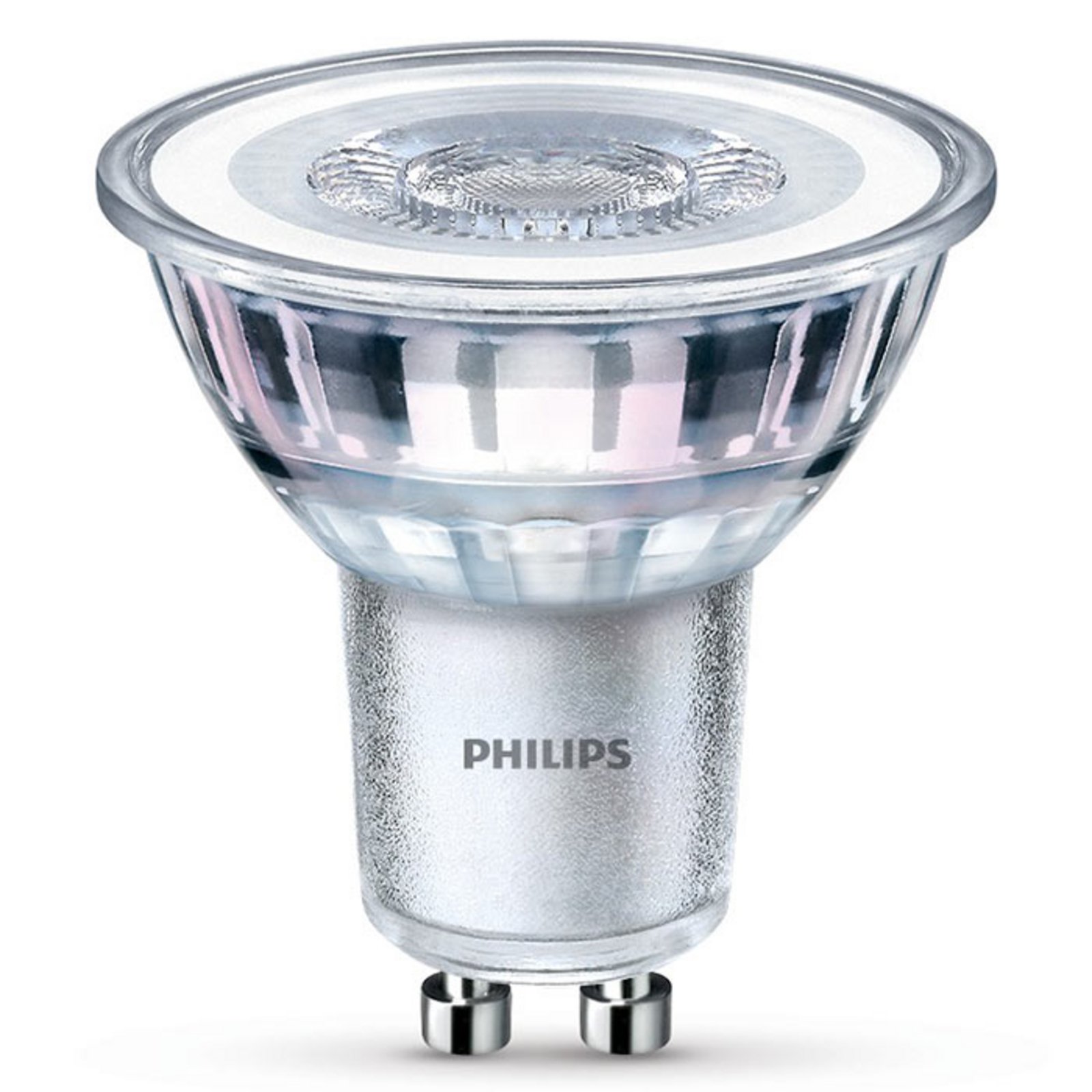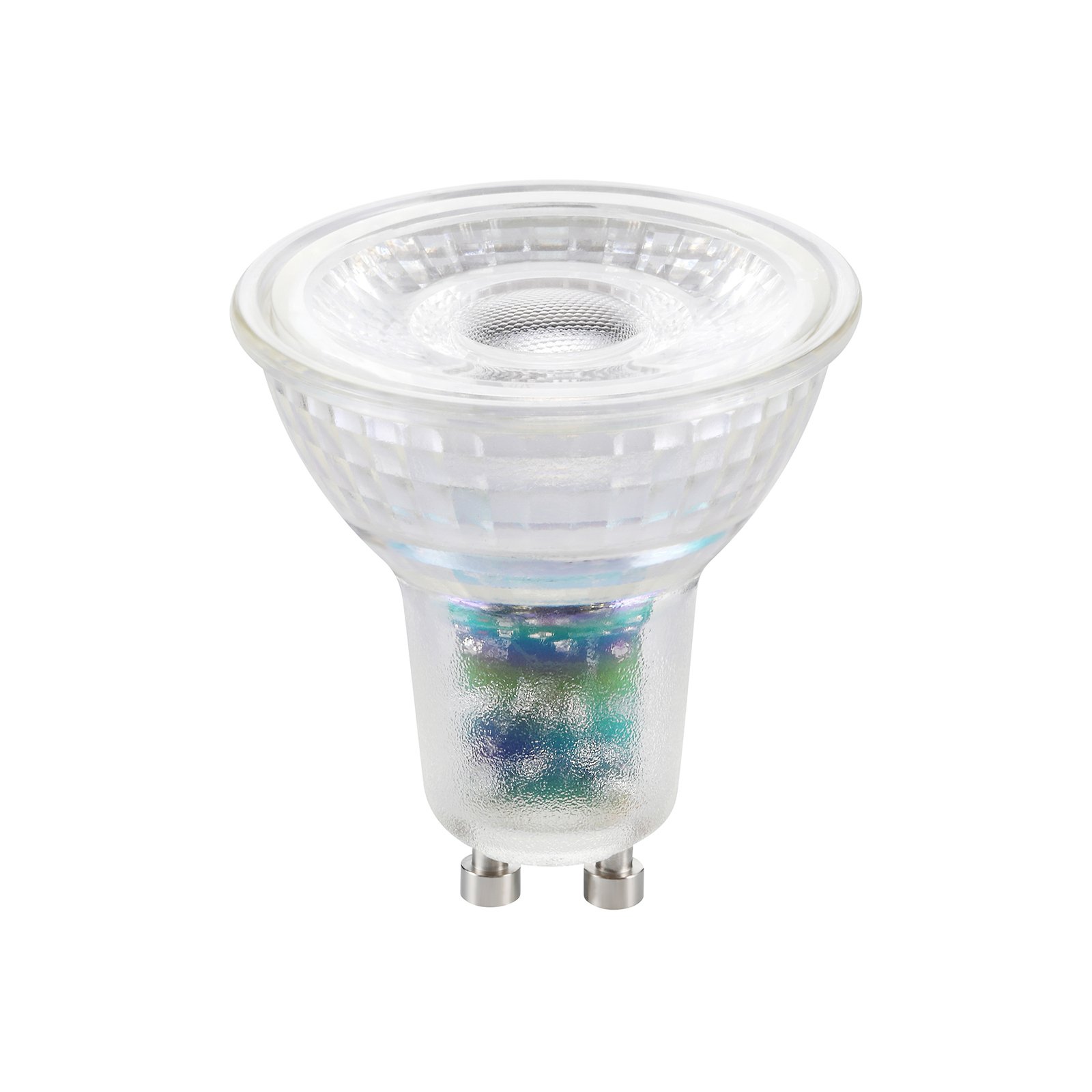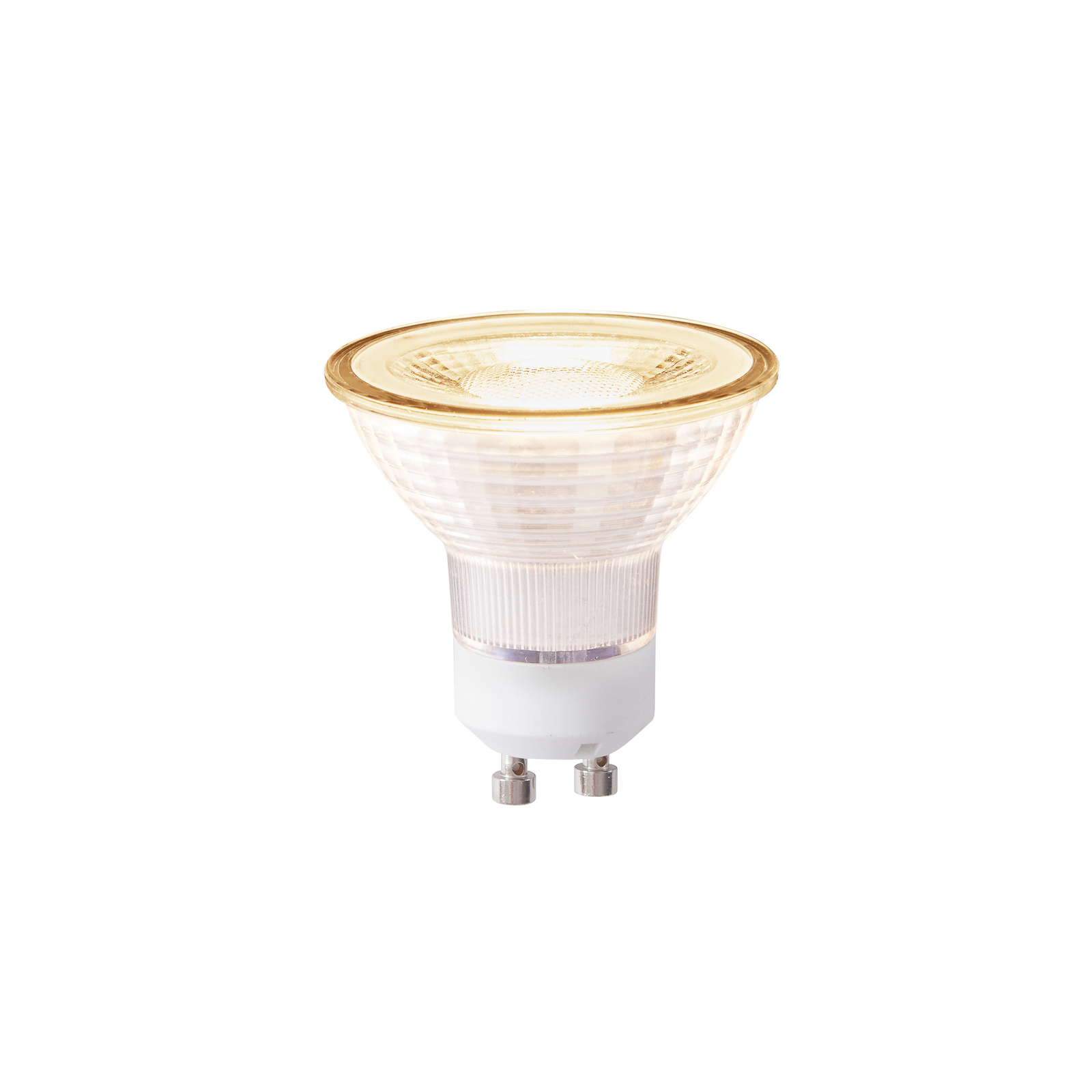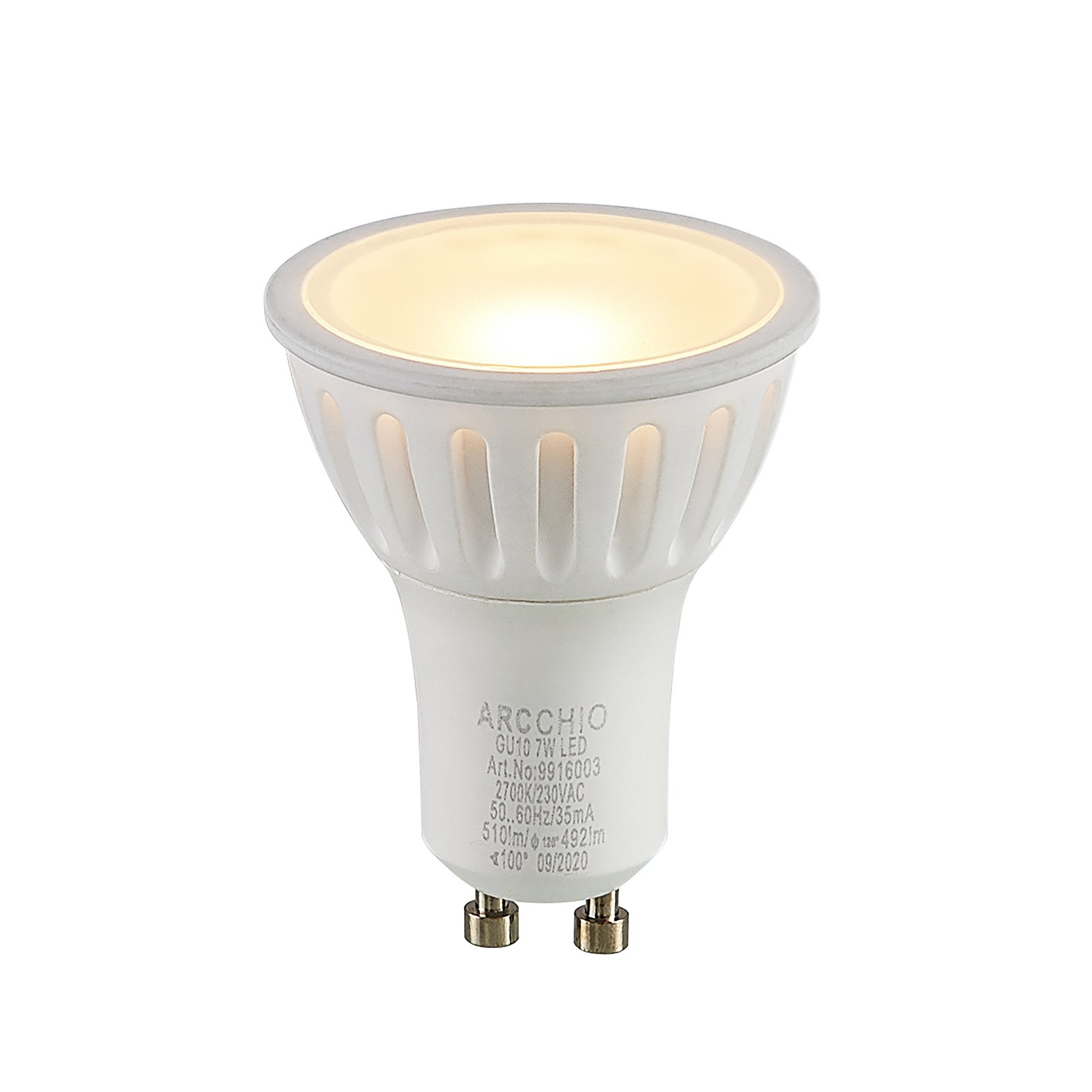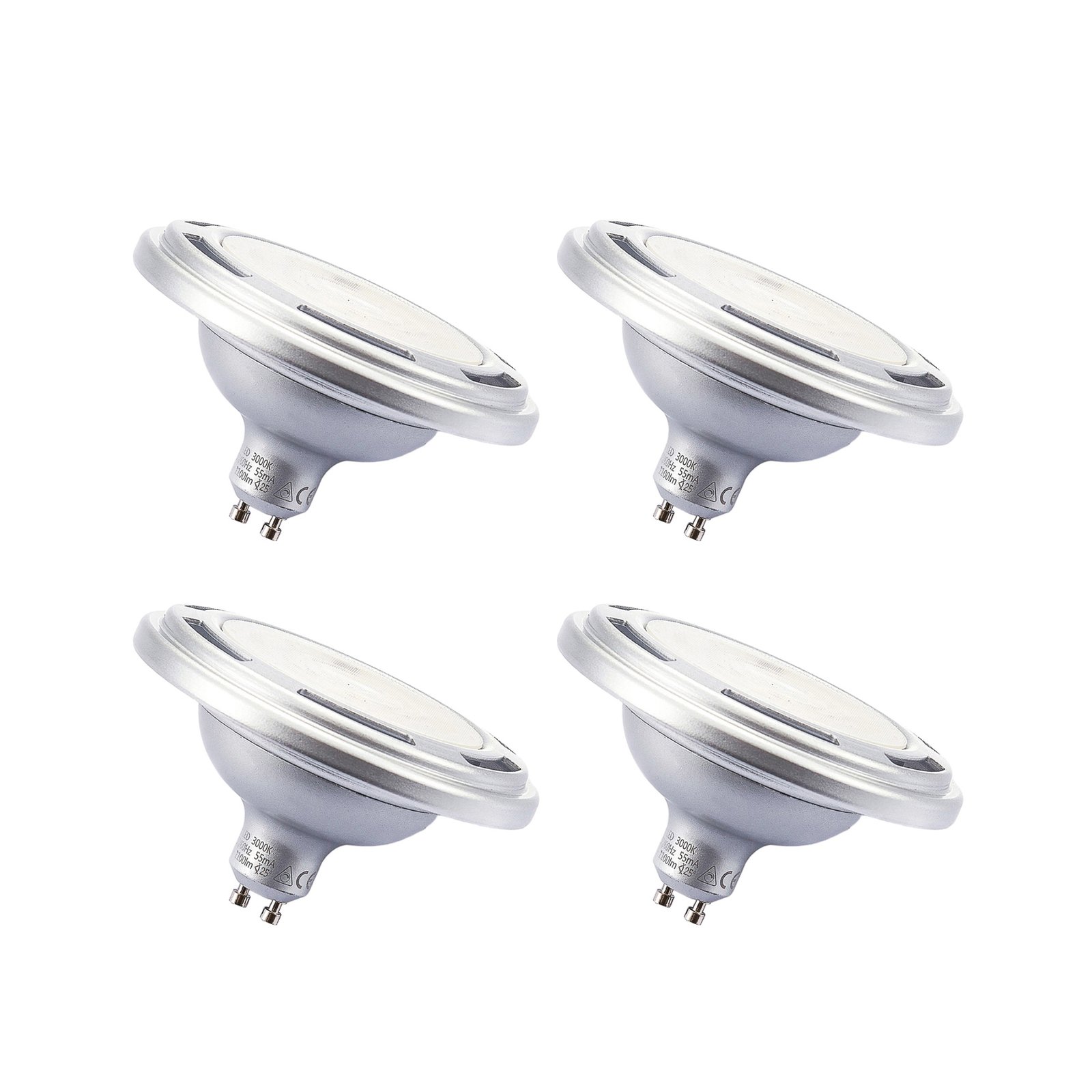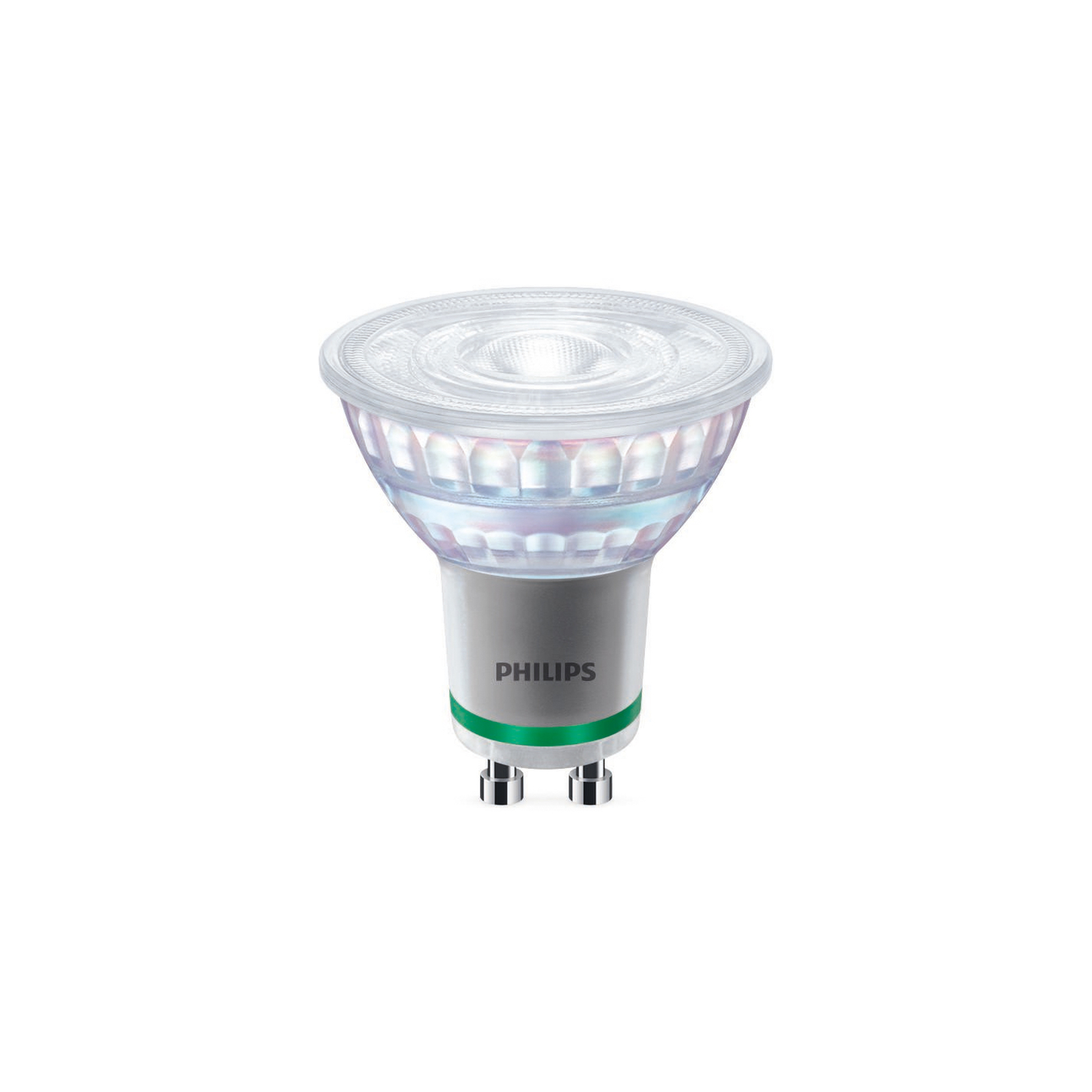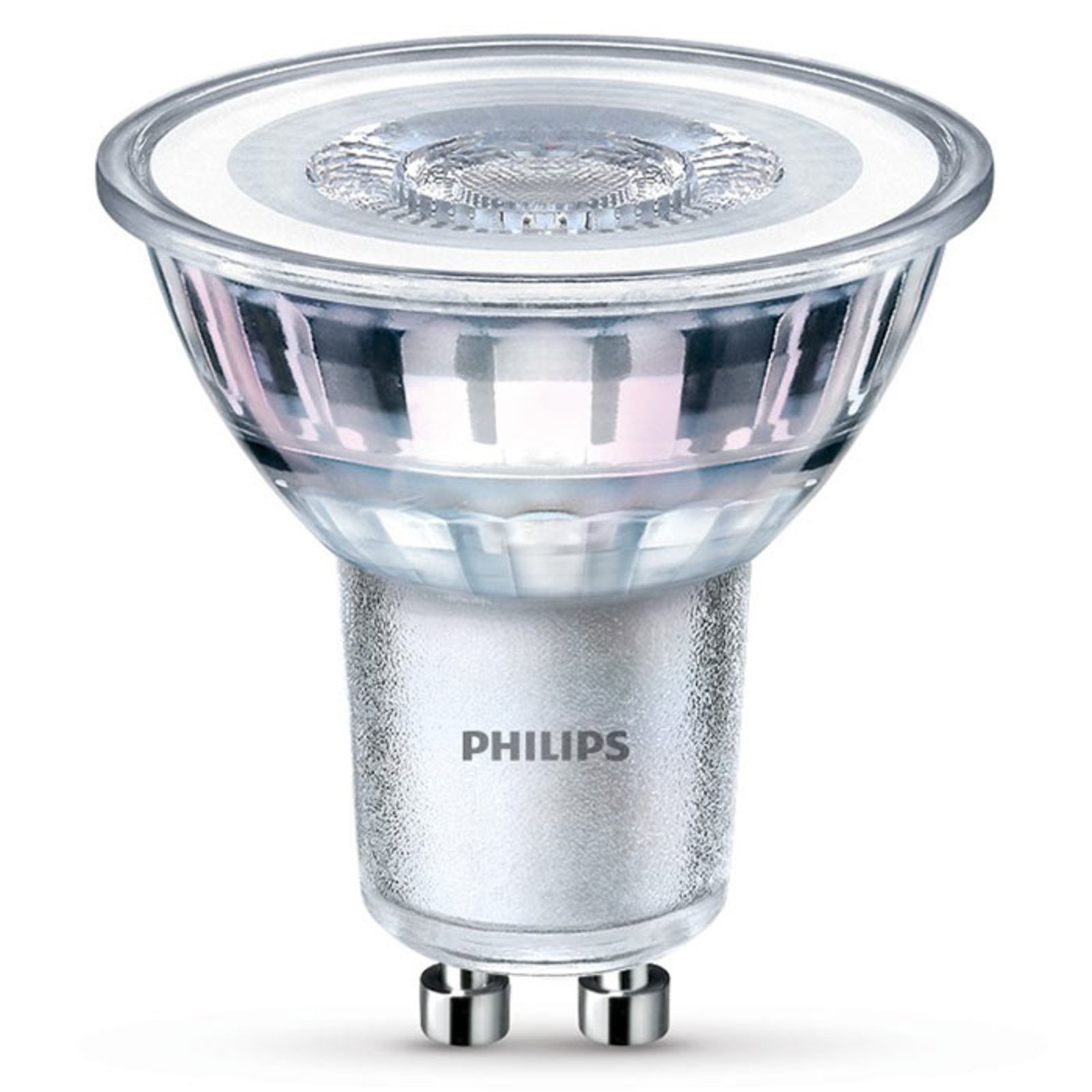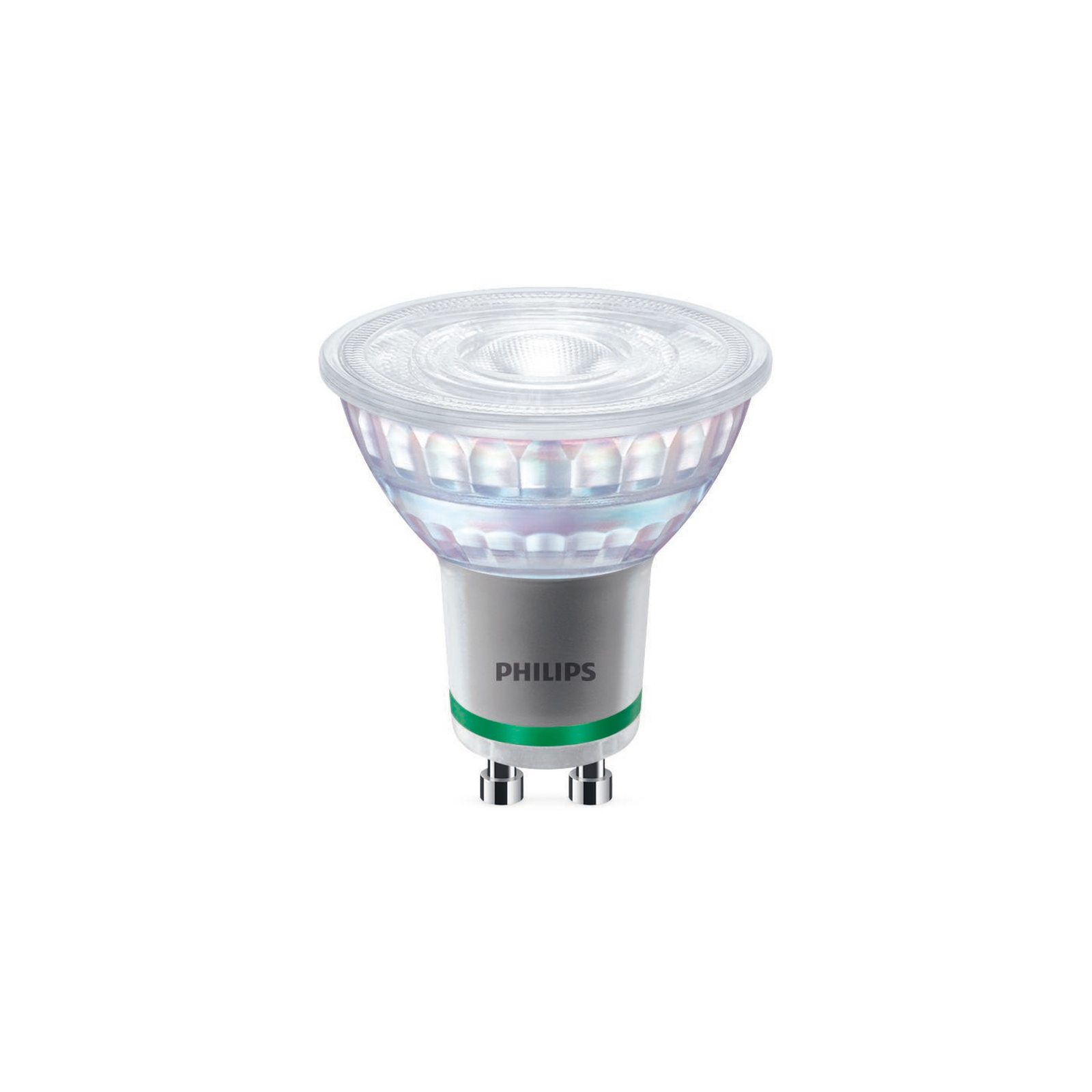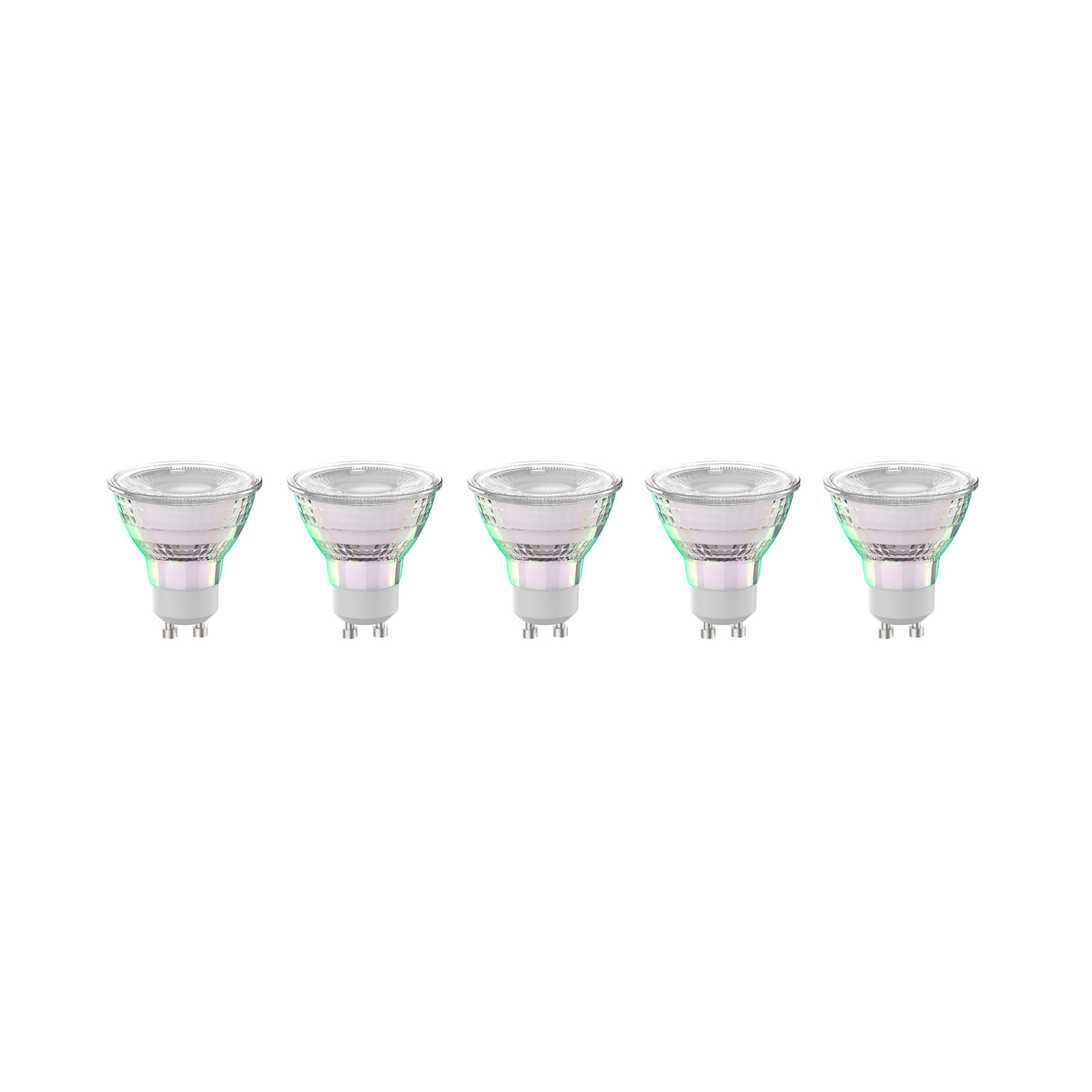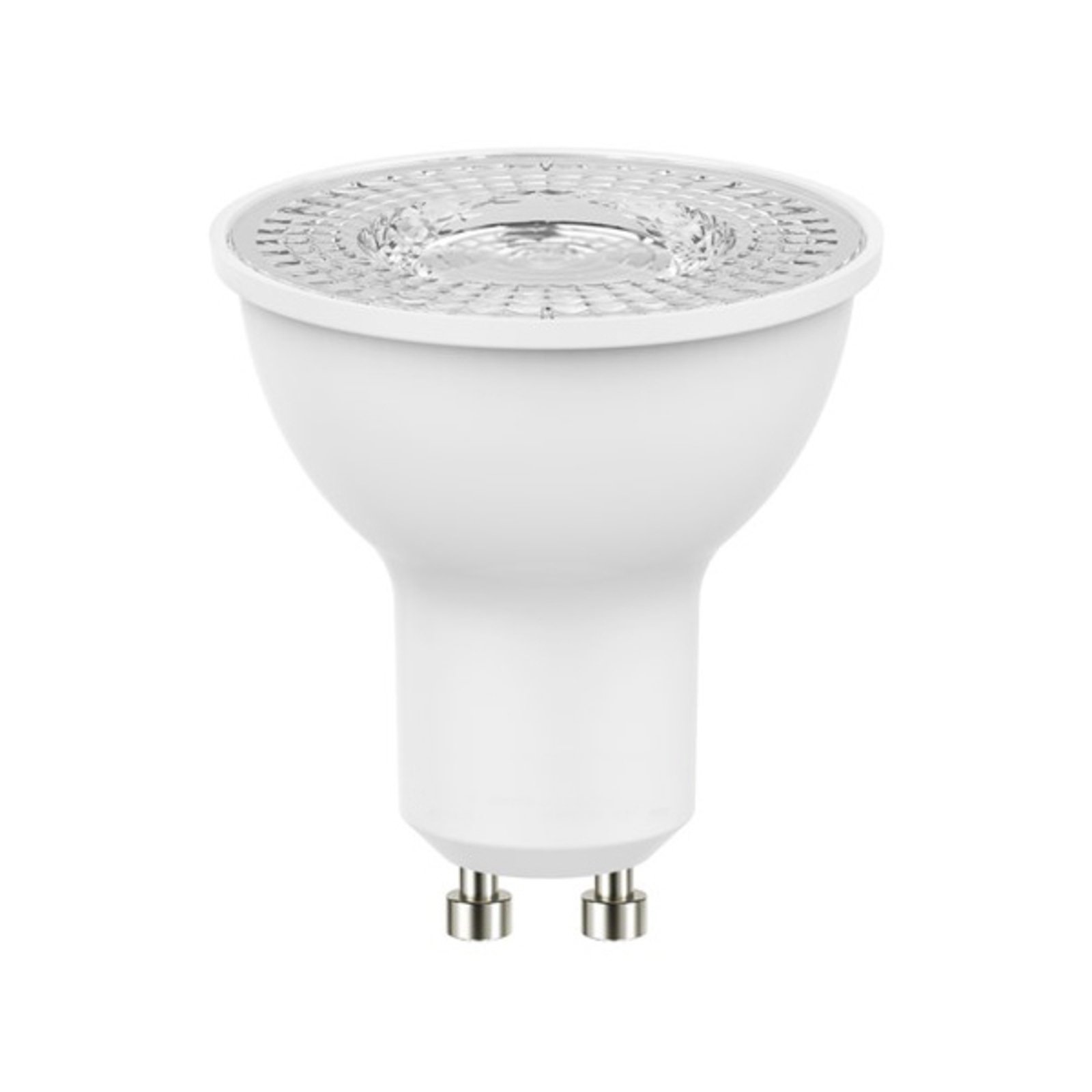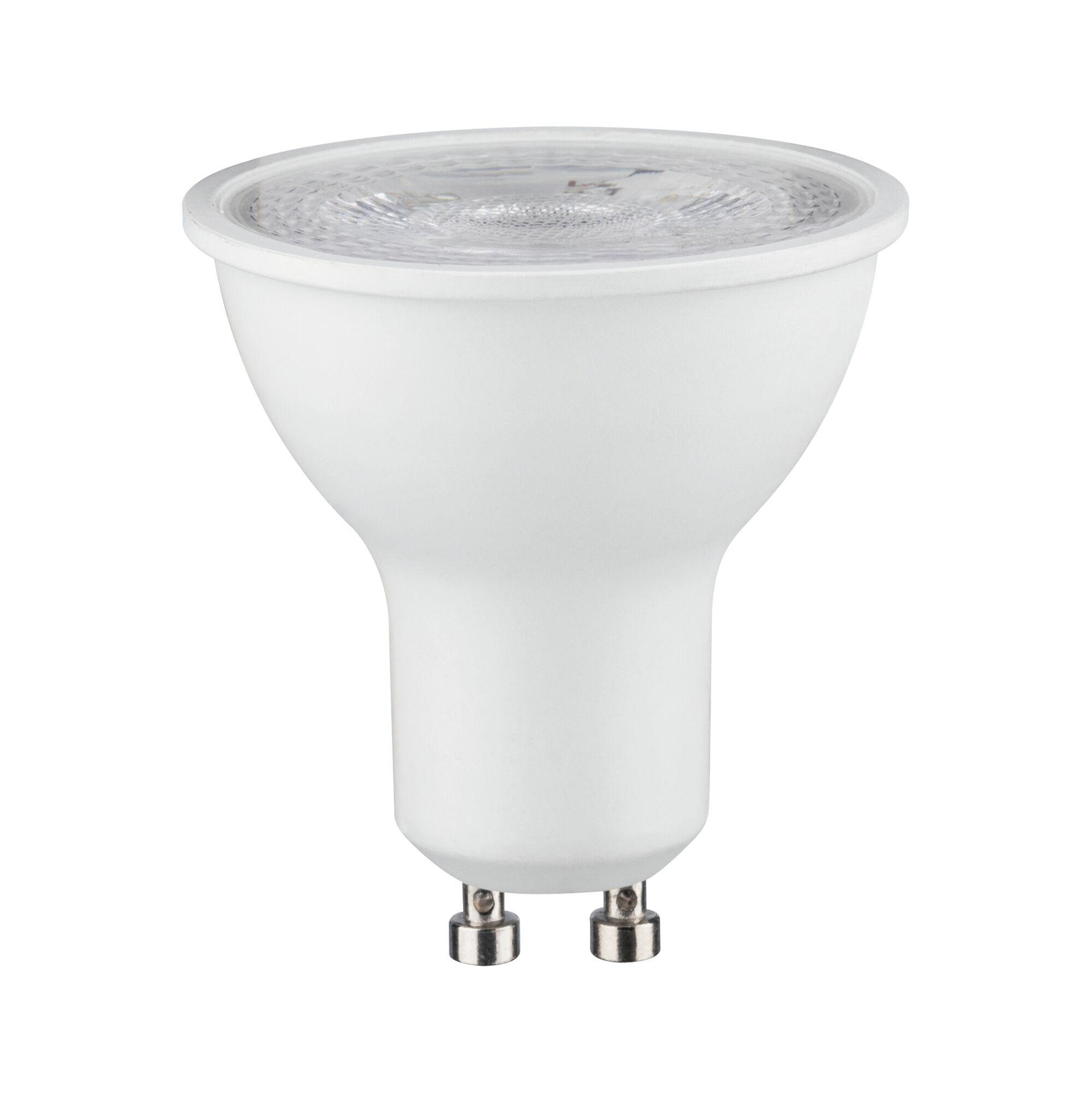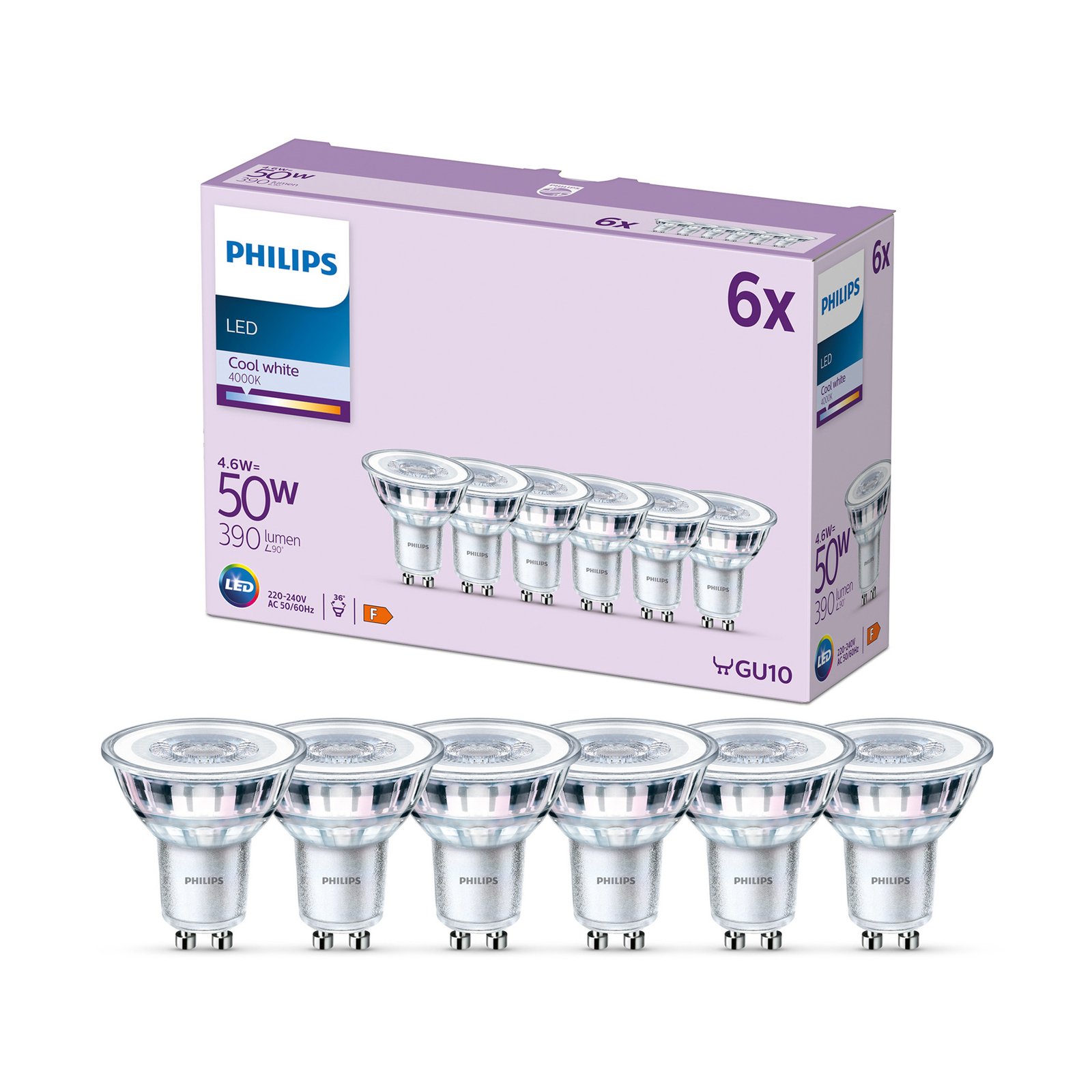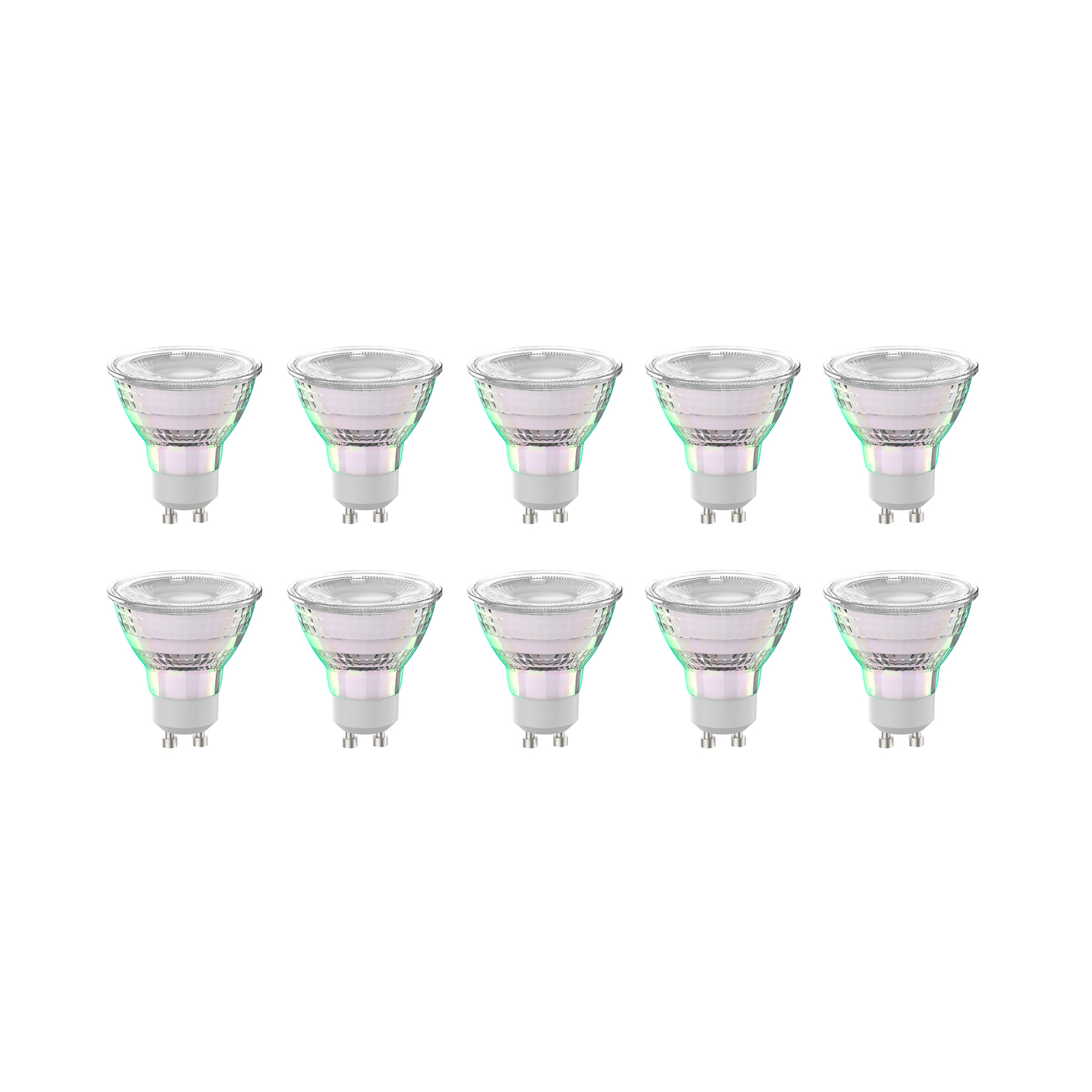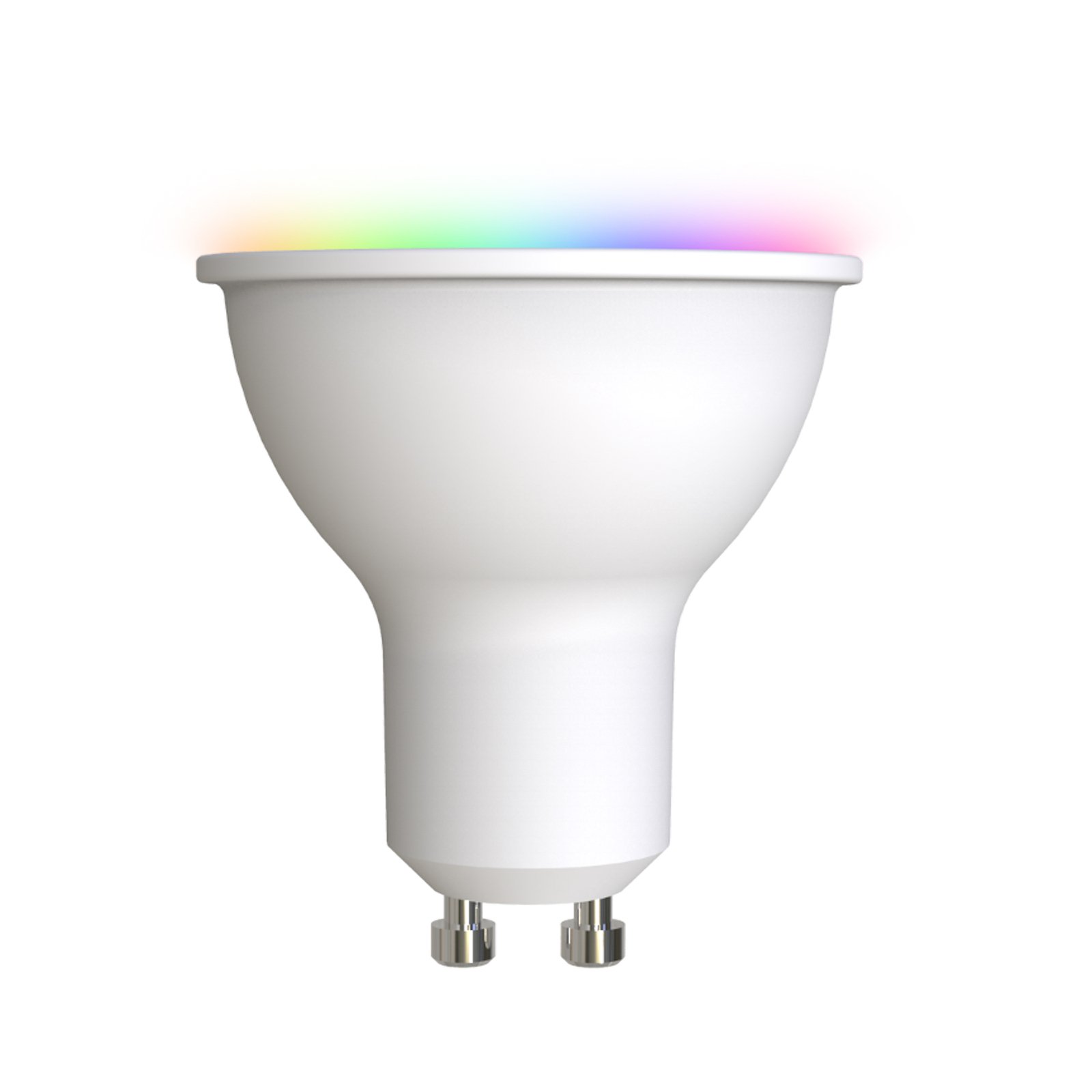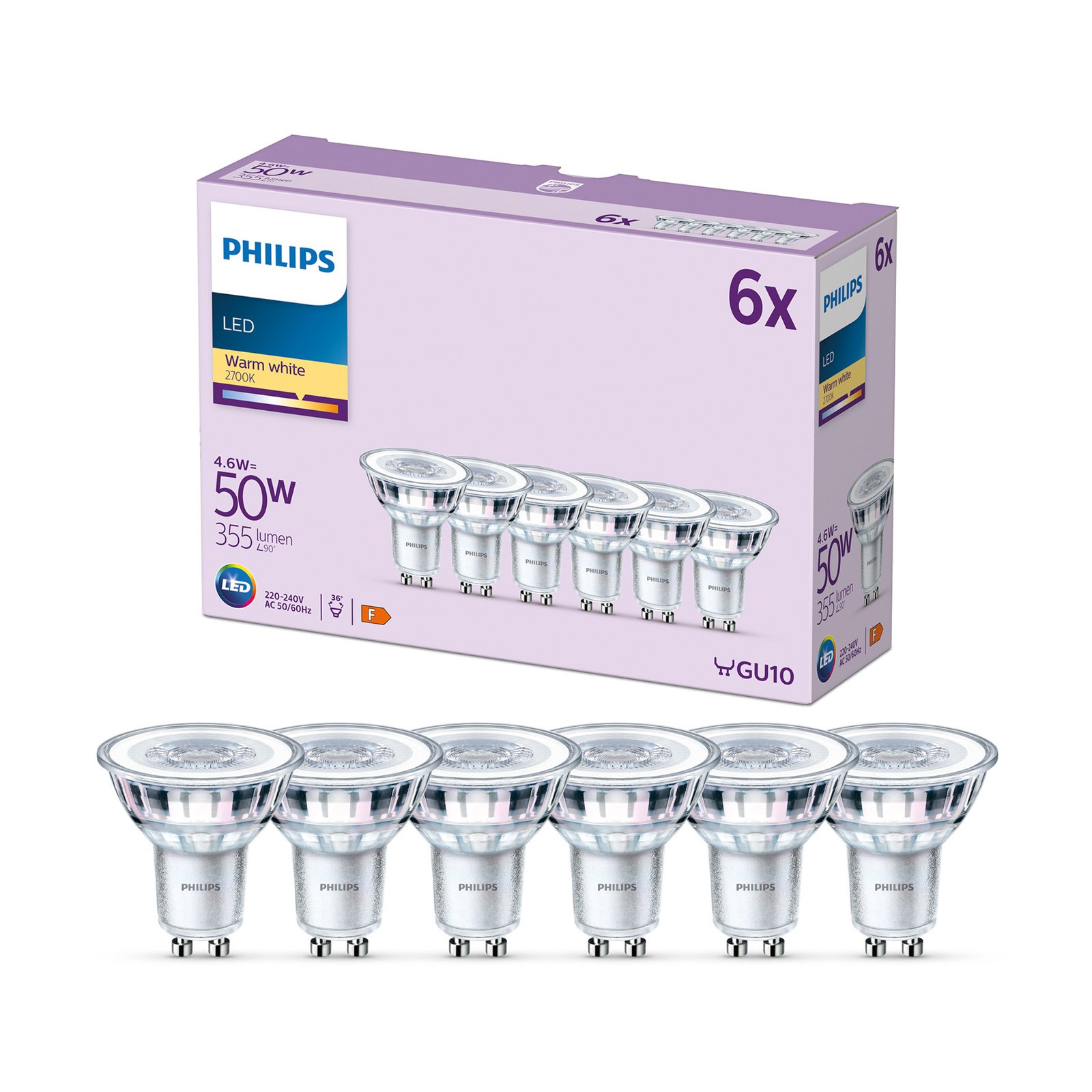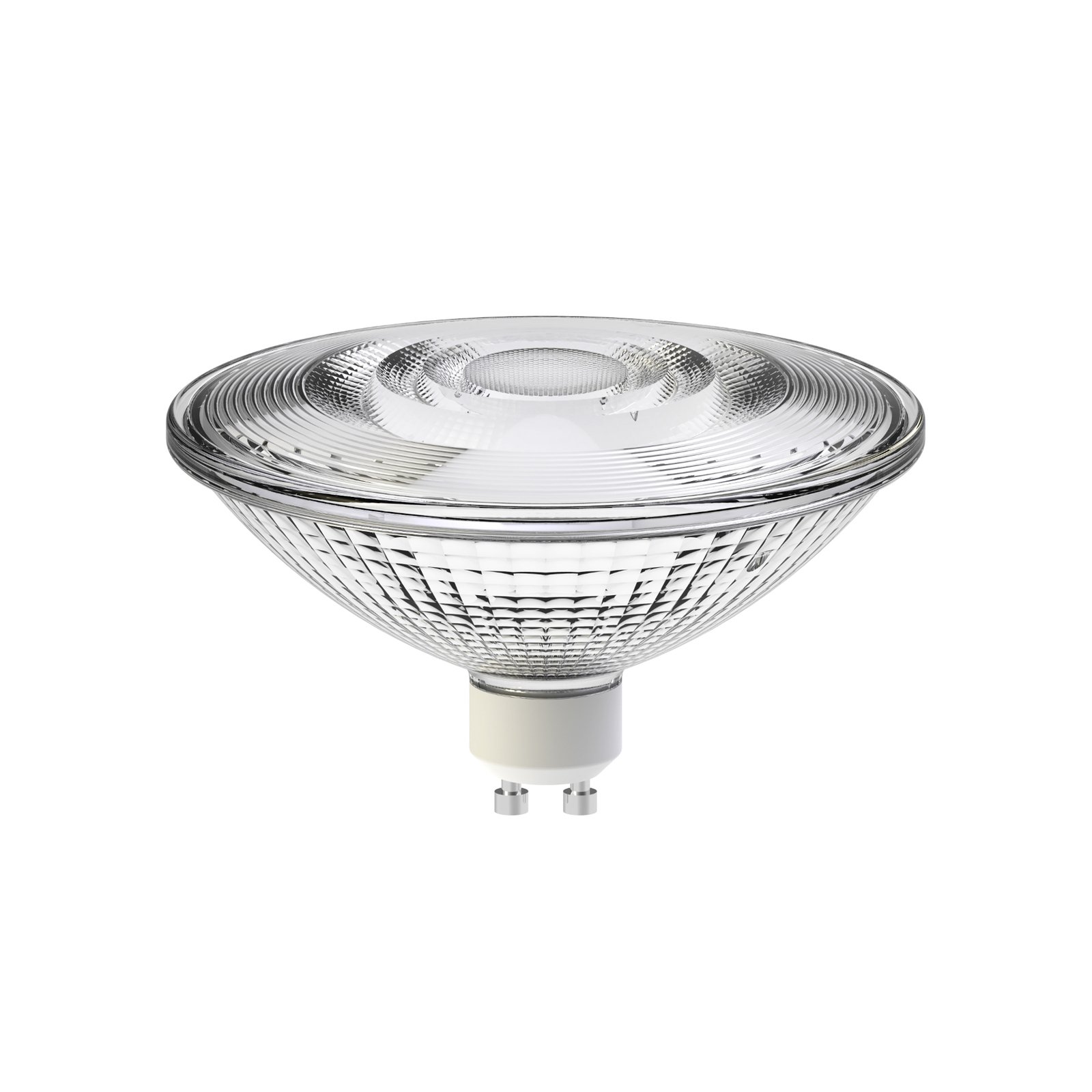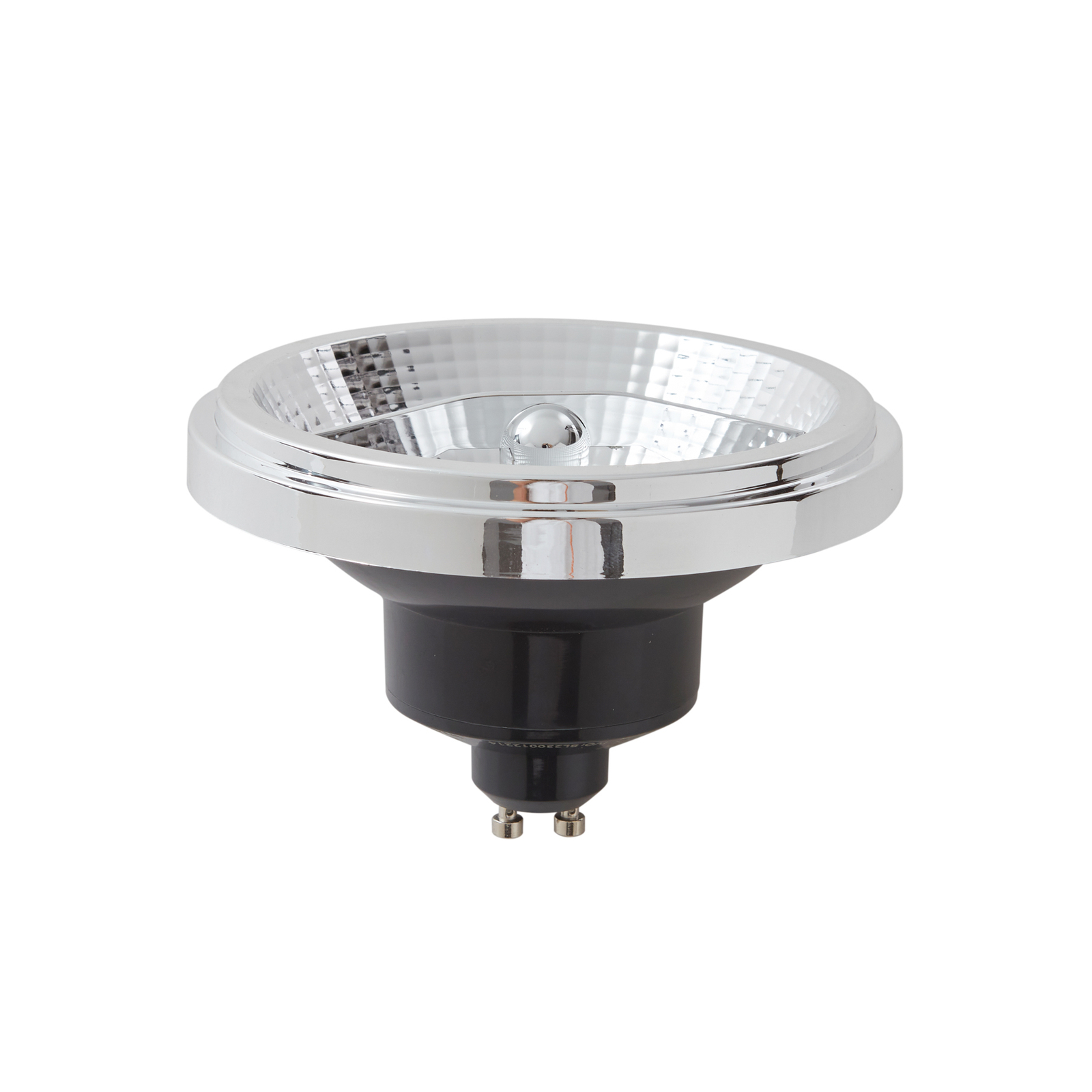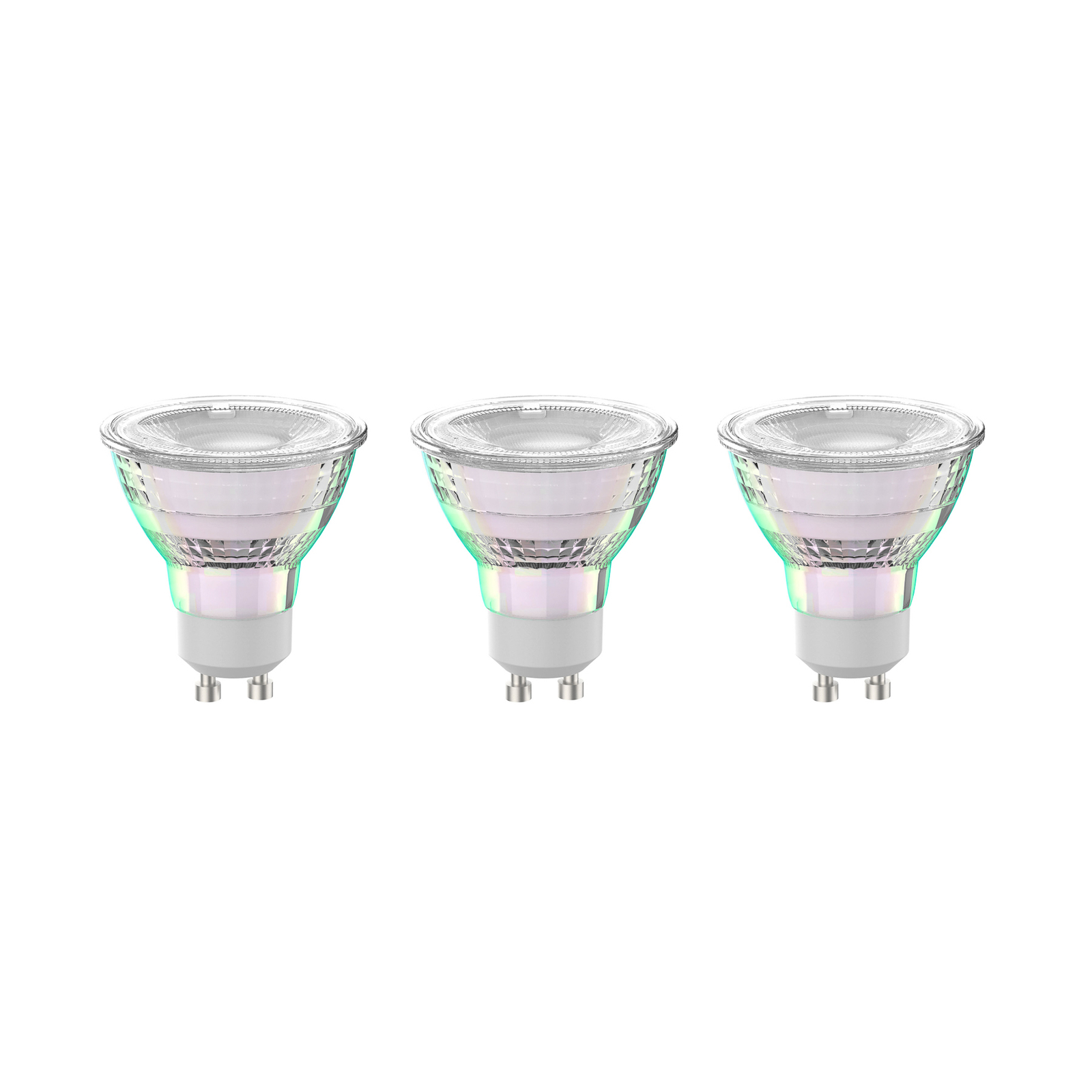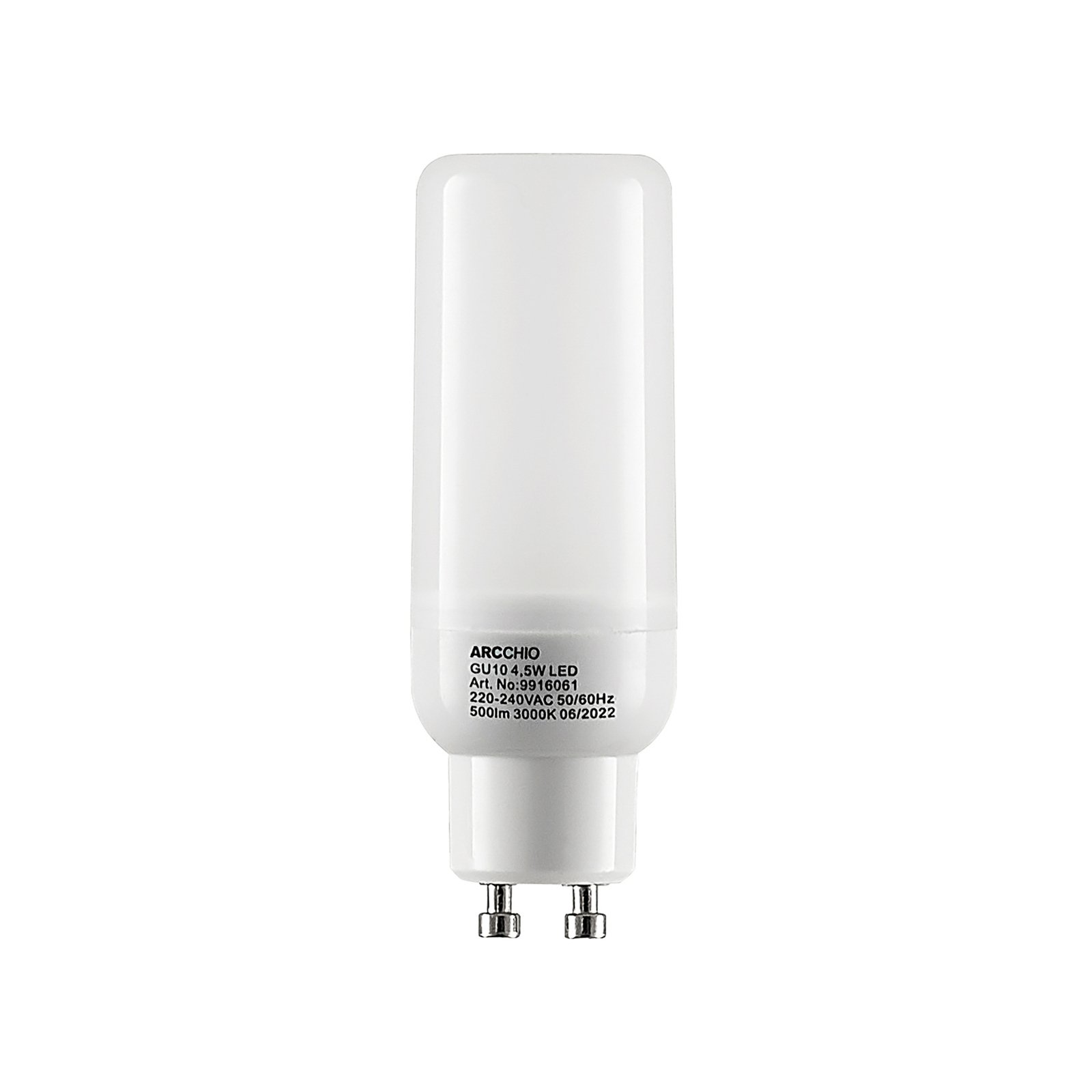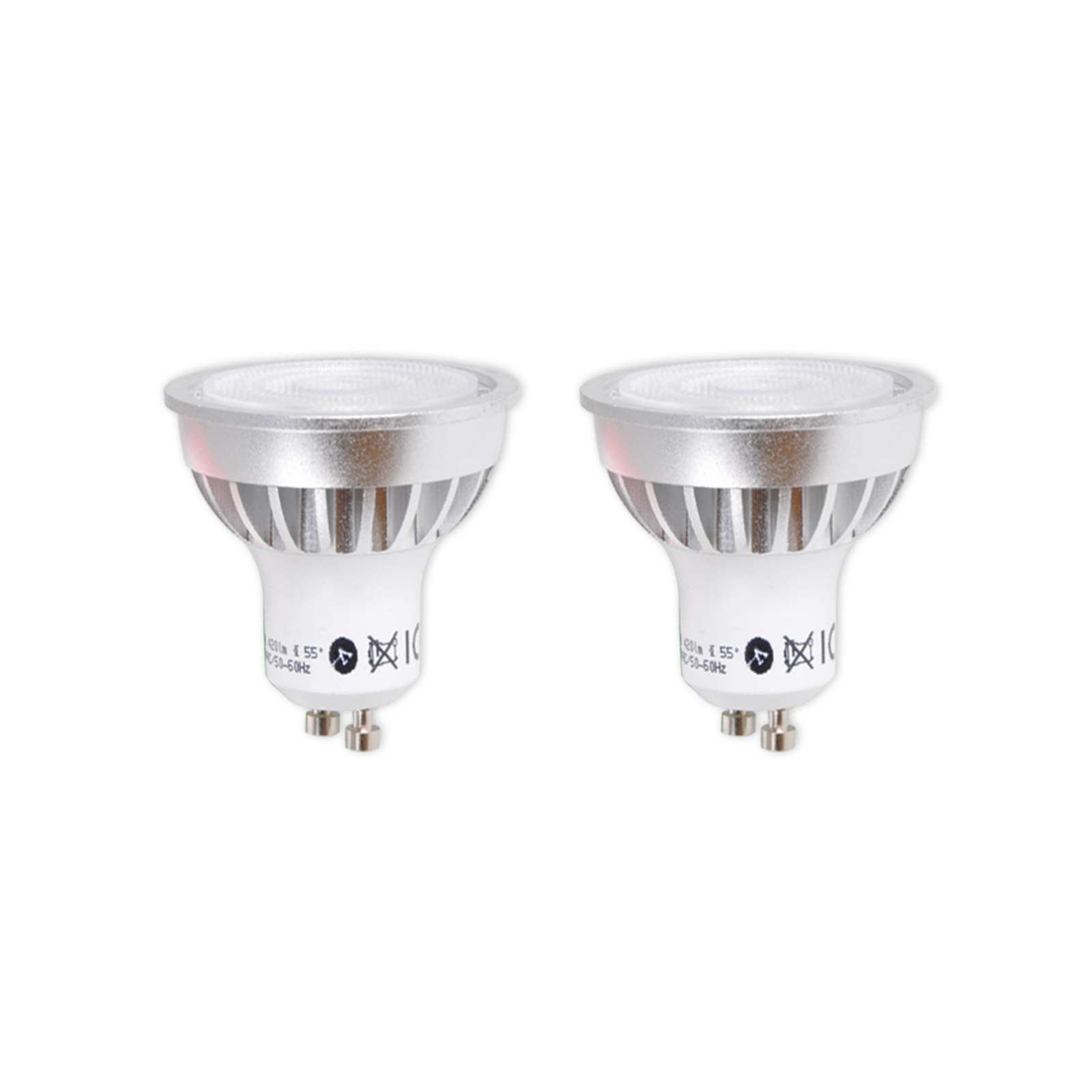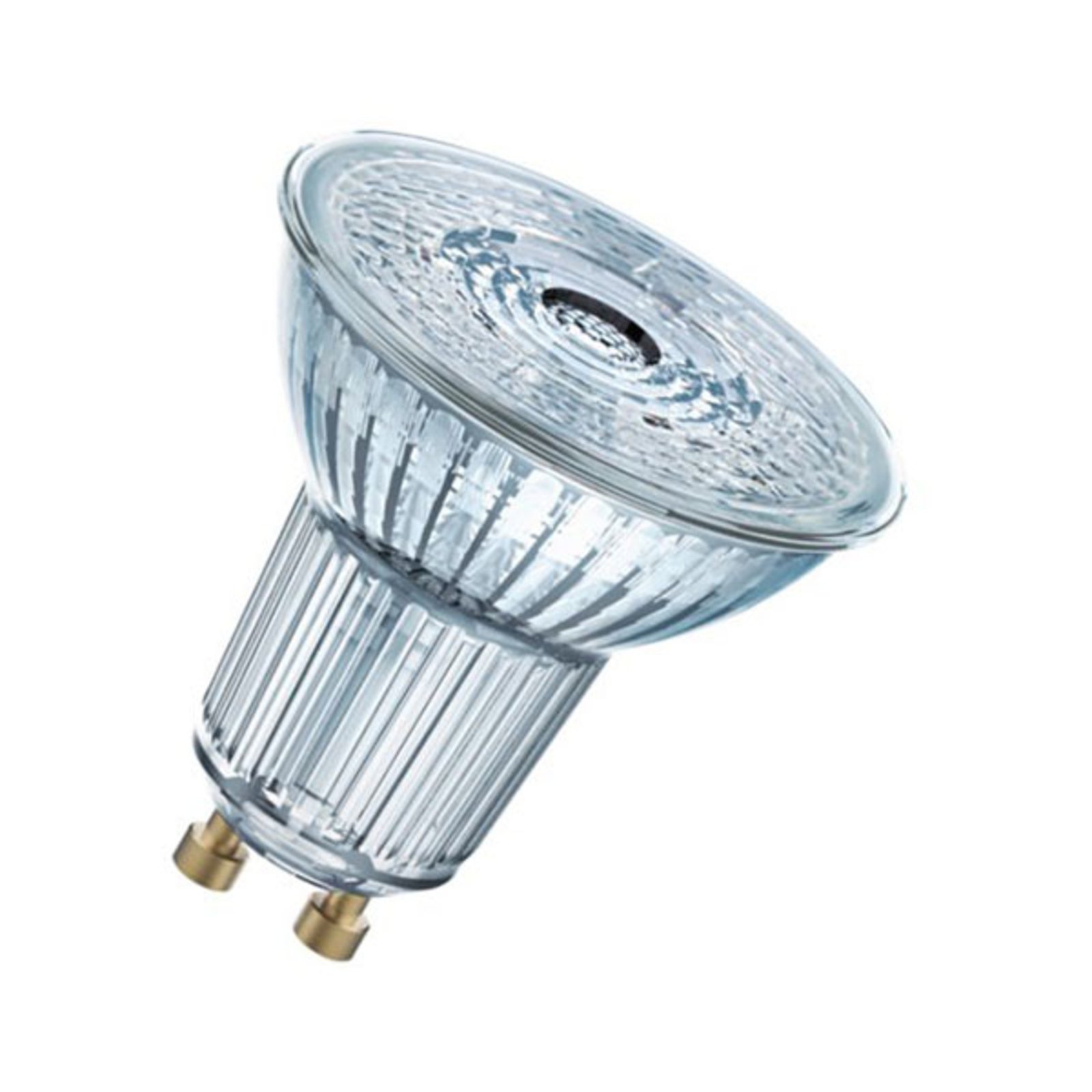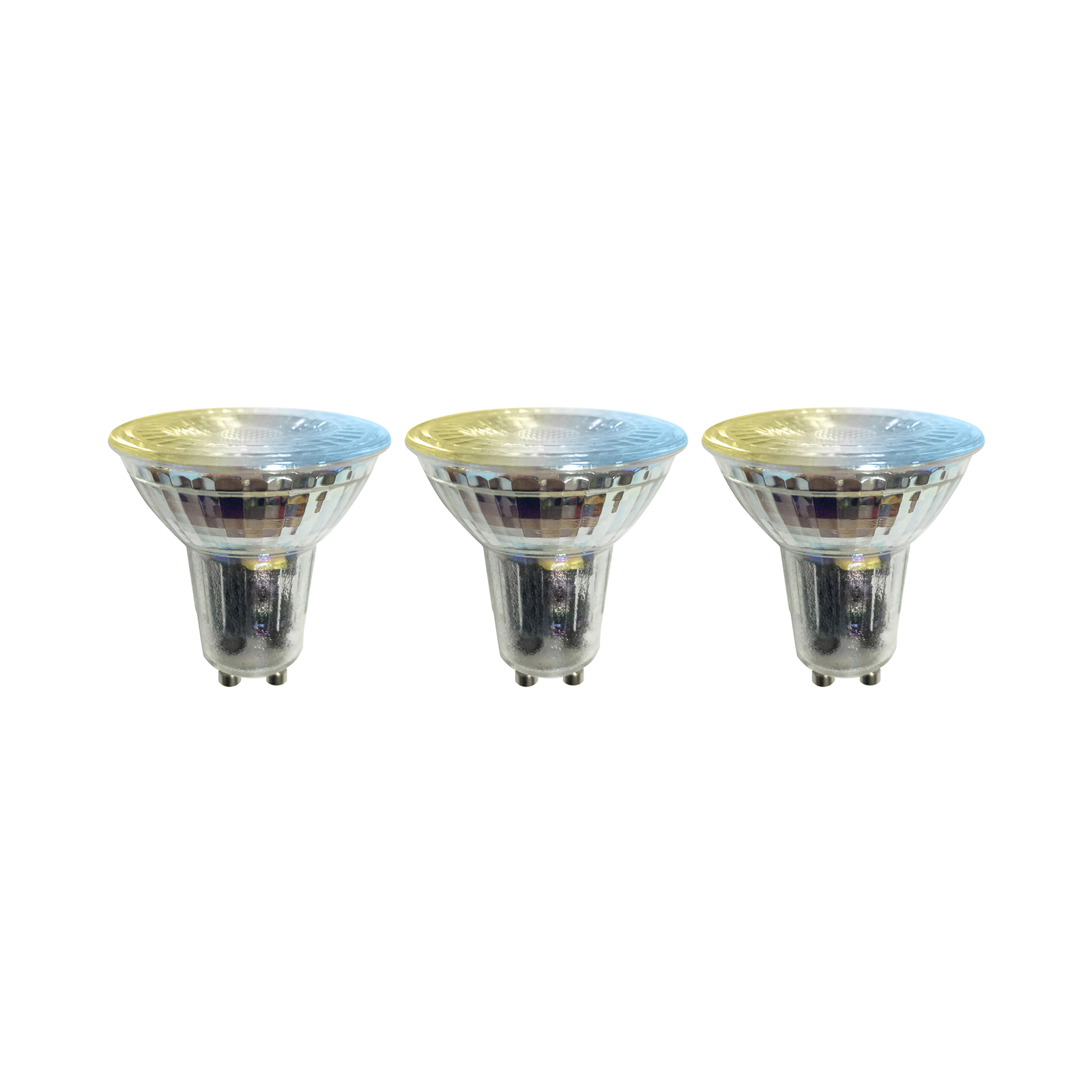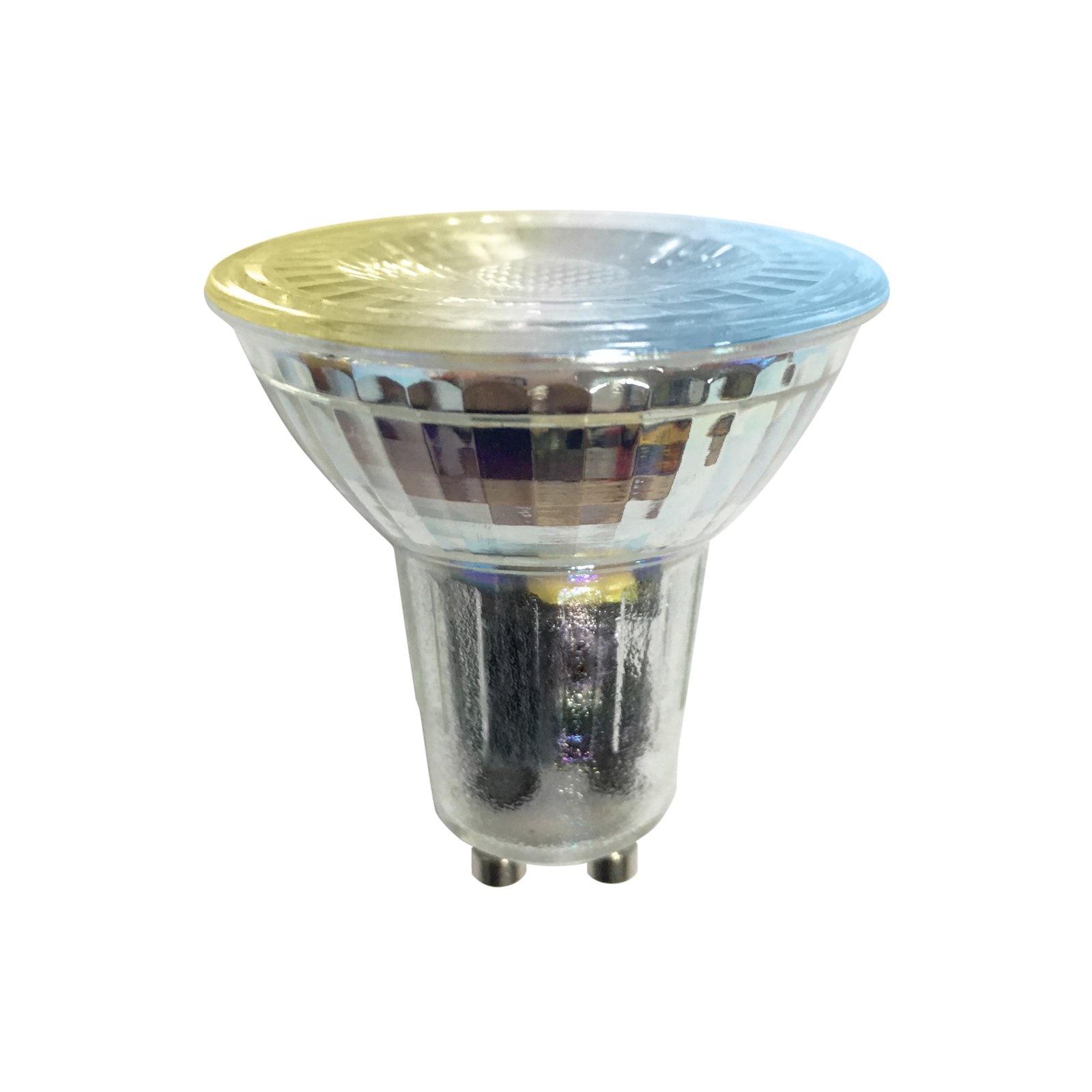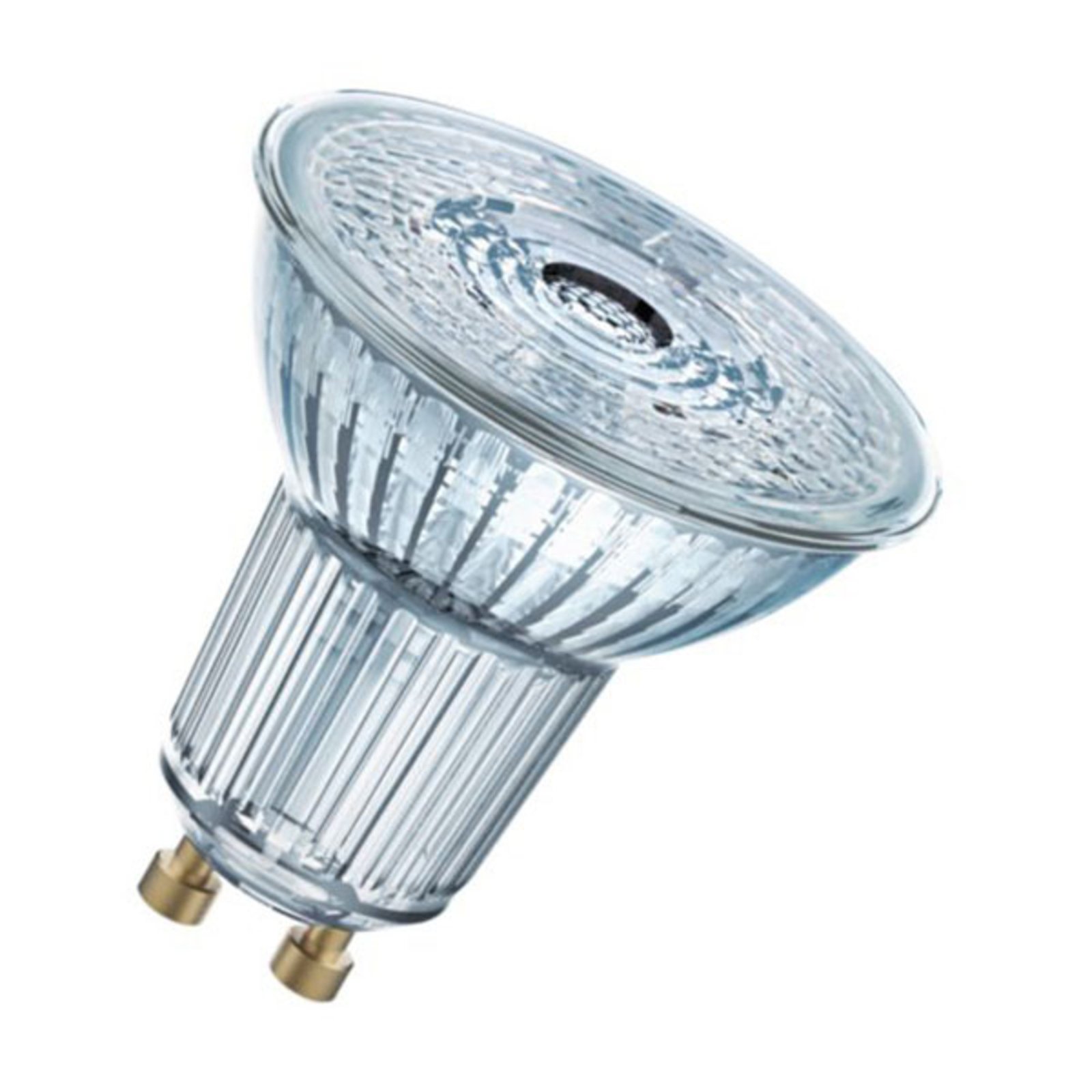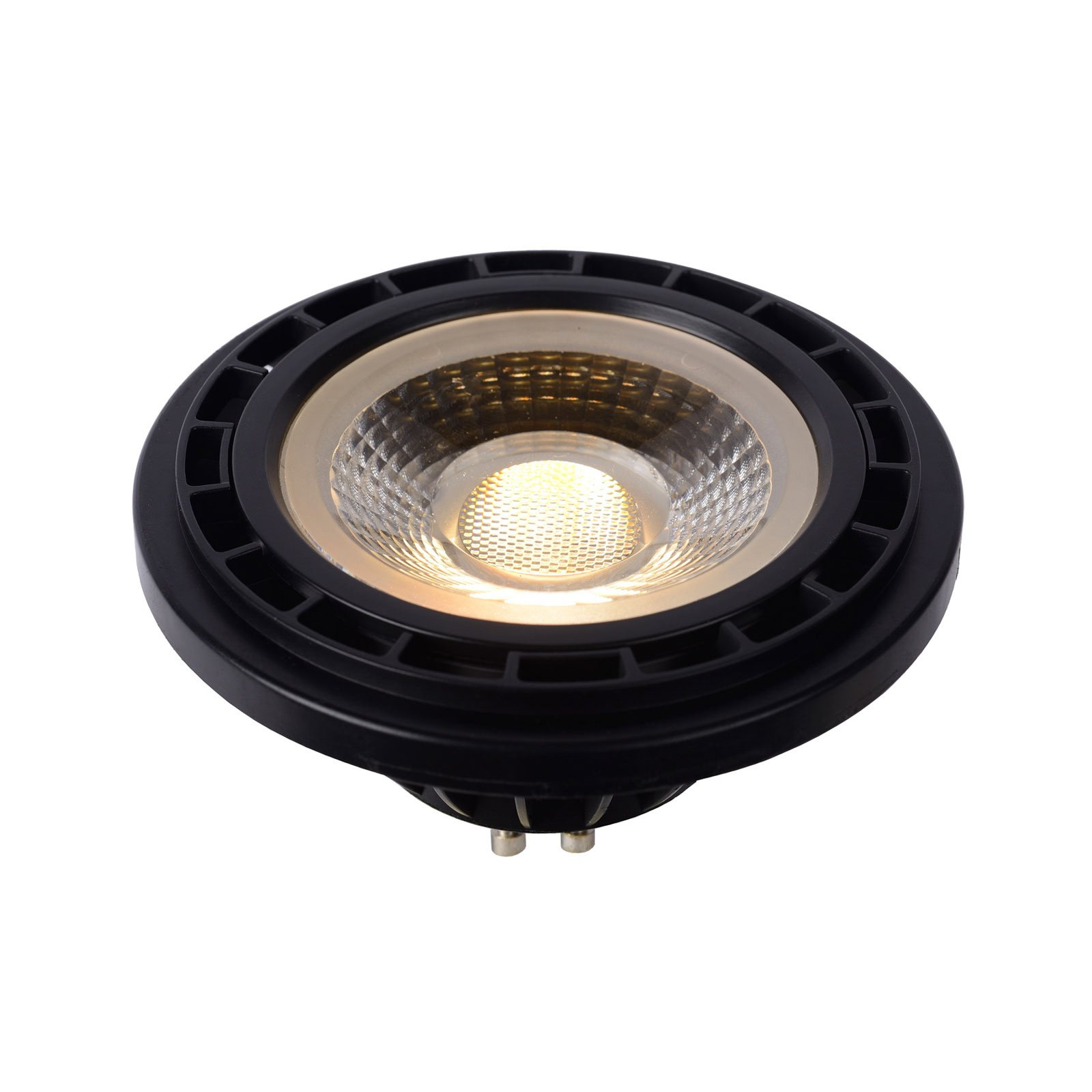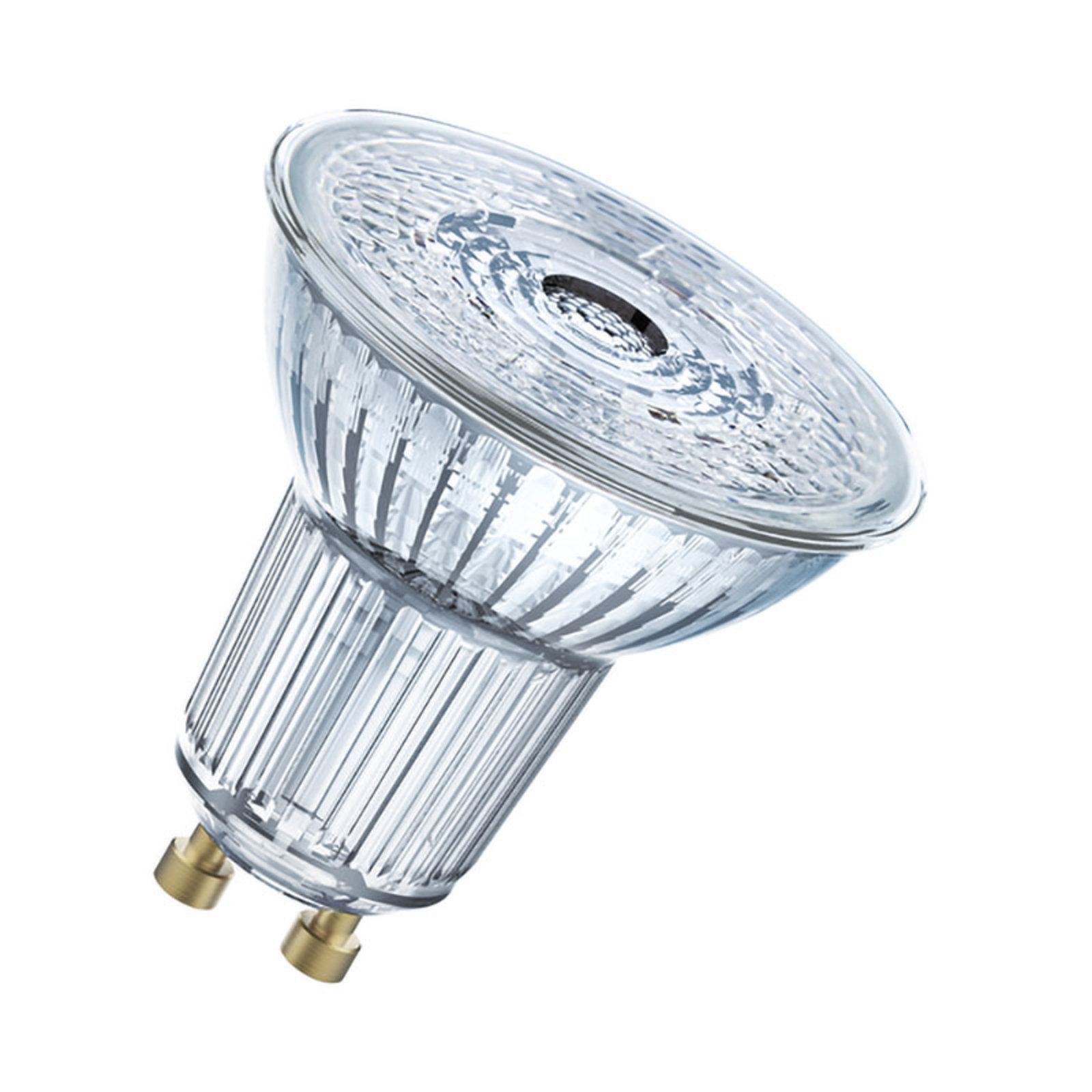- 50 days free returns
- Flexible payment options
- The UK's largest selection of brands
GU10 LED Bulbs
Save energy. Save money. Save the world.
It’s time to ditch your GU10 halogen bulbs and embrace the energy and cost savings of GU10 LED bulbs. And, as LEDs are the only smart bulb on the market, you can enjoy them inside or out with a handy smartphone app.
What are GU10 LED bulbs?
GU10 LED bulbs are the modern alternative to the GU10 high-voltage halogen bulbs, retaining the trademark ‘reflector’ lamp design.
Likewise, the standard pin spacing of 10 mm and the bayonet catch, in which the pins are inserted into the lamp holder and turned slightly to fix them, are the same. The original GU10 halogen bulb was so popular partly because it could be connected directly to 230 volts without a transformer - which is also the case with the new LED alternative.
:format(jpeg))
GU10 LED bulbs are equipped with the same standardised base as GU10 halogen bulbs.
:format(jpeg))
The GU10 LED bulb is inserted into the socket by a bayonet catch like the classic GU10 halogen bulb.
Where are GU10 LED bulbs used?
Because of its reflector, GU10 LED bulbs are used for directional light in indoor and outdoor areas. Inside, they can be found in single and multi-bulb ceiling spotlights and wall spots, track systems, table and floor lamps and pendant lights.
Outdoors, they’re primarily used in ground spike spotlights and wall lights.
:format(jpeg))
:format(jpeg))
:format(jpeg))
:format(jpeg))
Is it difficult to switch to LED bulbs?
As LED bulbs are made to the exact specifications as the old-style halogen bulbs, all you need to do is unscrew your old ones and screw in the new.
It’s that easy!
Do GU10 LEDs save costs?
GU10 LED bulbs are not only a replacement for halogen bulbs. They're also an improvement. Halogen bulbs have a very short lifespan, require lots of energy and generate large amounts of heat.
LED bulbs, on the other hand, use significantly less energy which results in lower operating costs. For example, replacing a 50-watt halogen bulb with a 5-watt LED bulb will save you around 90 % on energy bills.
LED bulbs also have a long service life and, like halogen bulbs, achieve 100 % brightness immediately.
:format(jpeg))
:format(jpeg))
Are GU10 LED bulbs glaring?
A ‘glaring light’ perception is down to either a too high brightness or a ‘wrong’ light colour.
So, what should you look out for when buying LED bulbs?
When browsing, you need to check the:
Brightness in lumens
Light colour in Kelvin
Beam angle, if applicable
Since LEDs consume less energy (wattage) to produce the same brightness as a halogen bulb, wattage is no longer suitable as a comparative value. Choosing as many watts as possible for LEDs can therefore lead to glaring light - yikes!
We are used to warm white light from halogen bulbs in terms of light colour, so other light colours often seem too "cold" or "glaring" to us. To ensure that your GU10 LEDs create the right lighting ambience, you need to pay attention to the colour temperature of the light source when buying:
Warm white (with less than 3,300 Kelvin colour temperature) for living rooms
Universal white (between 3,300 and 5,300 Kelvin colour temperature) for the home office
Daylight (more than 5,300 Kelvin colour temperature) for basements, etc.
The beam angle of GU10 reflector bulbs varies from product to product, as both narrow and wide beam light is possible with GU10’s.
When buying, therefore, choose a comparable beam angle, e.g. 40°.
Are there smart GU10 LED bulbs?
LED is the only smart lighting technology on the market.
Depending on the product, you can enjoy a variable colour temperature and use the same light source for working and living.
Also, the brightness of smart bulbs can usually be dimmed and often change colour. With the LED’s high switching resistance, the service life isn’t affected by frequent dimming and colour changes.
Explore for example our selection of GU10 bulbs by Philips Hue
:format(jpeg))
Do you need good advice on GU10 LED bulbs? Or do you have another question about light and lighting? Then our expert advisors will be happy to help you. Just fill in the contact form.
The strike-through prices correspond to the manufacturer's RRP.
All prices include 20% VAT, delivery costs excluded.










































